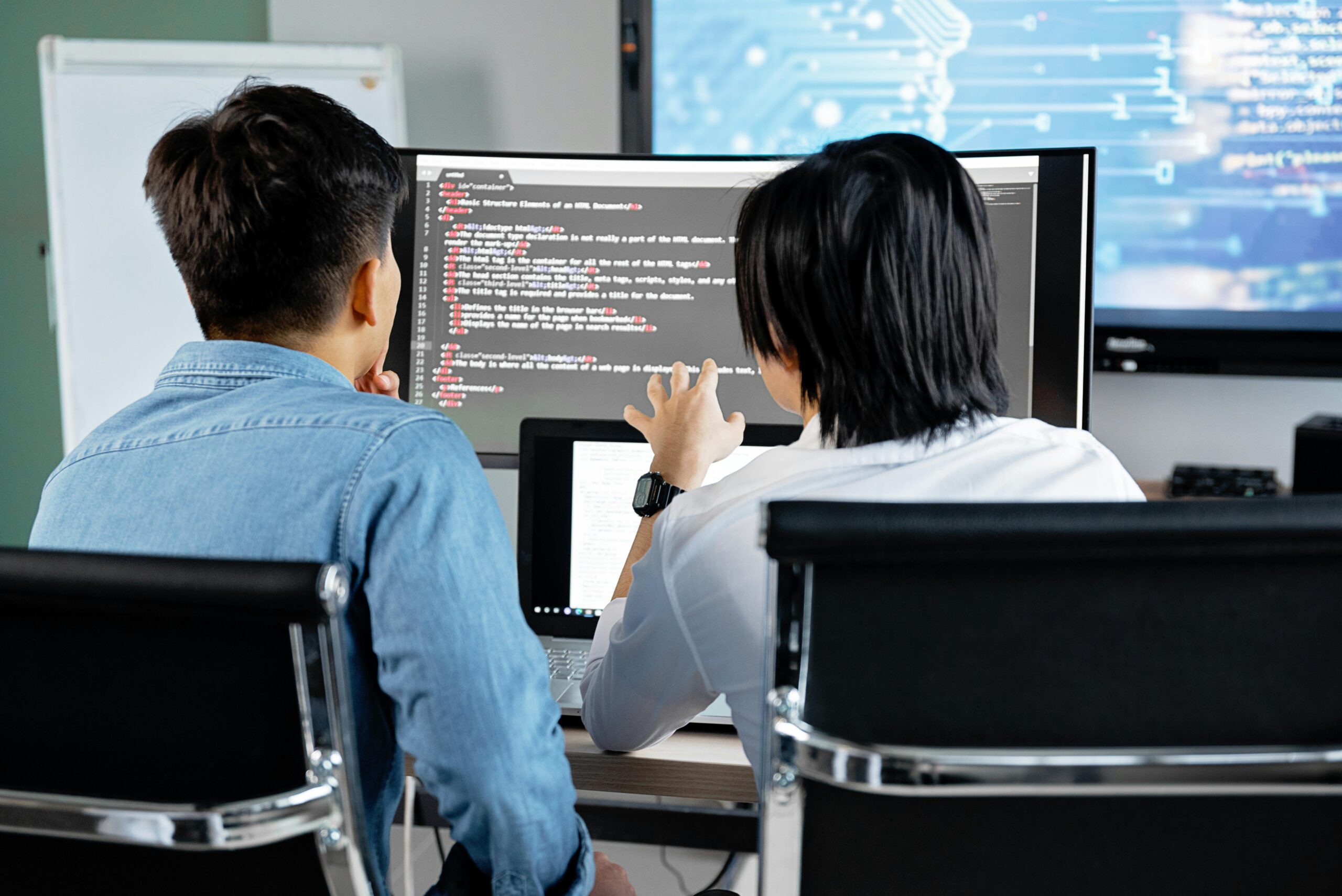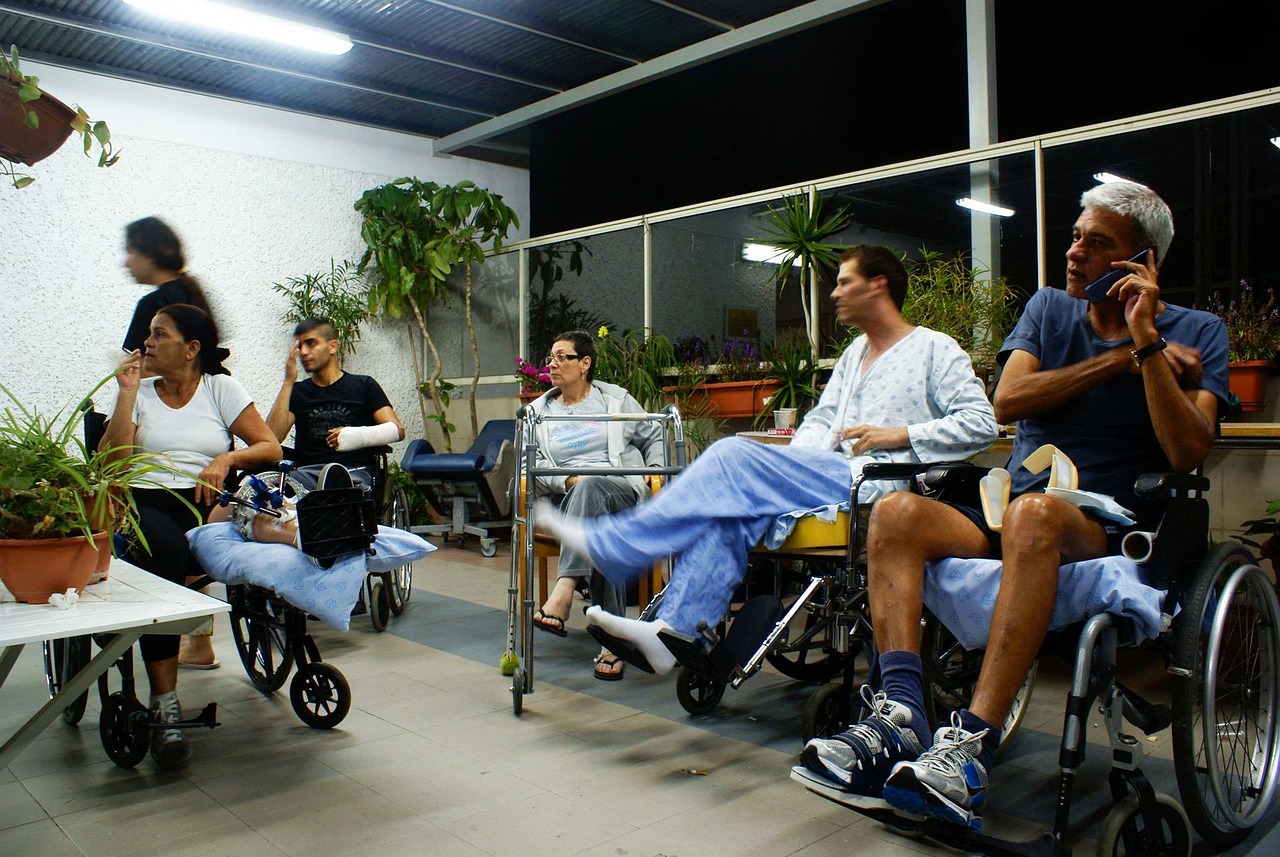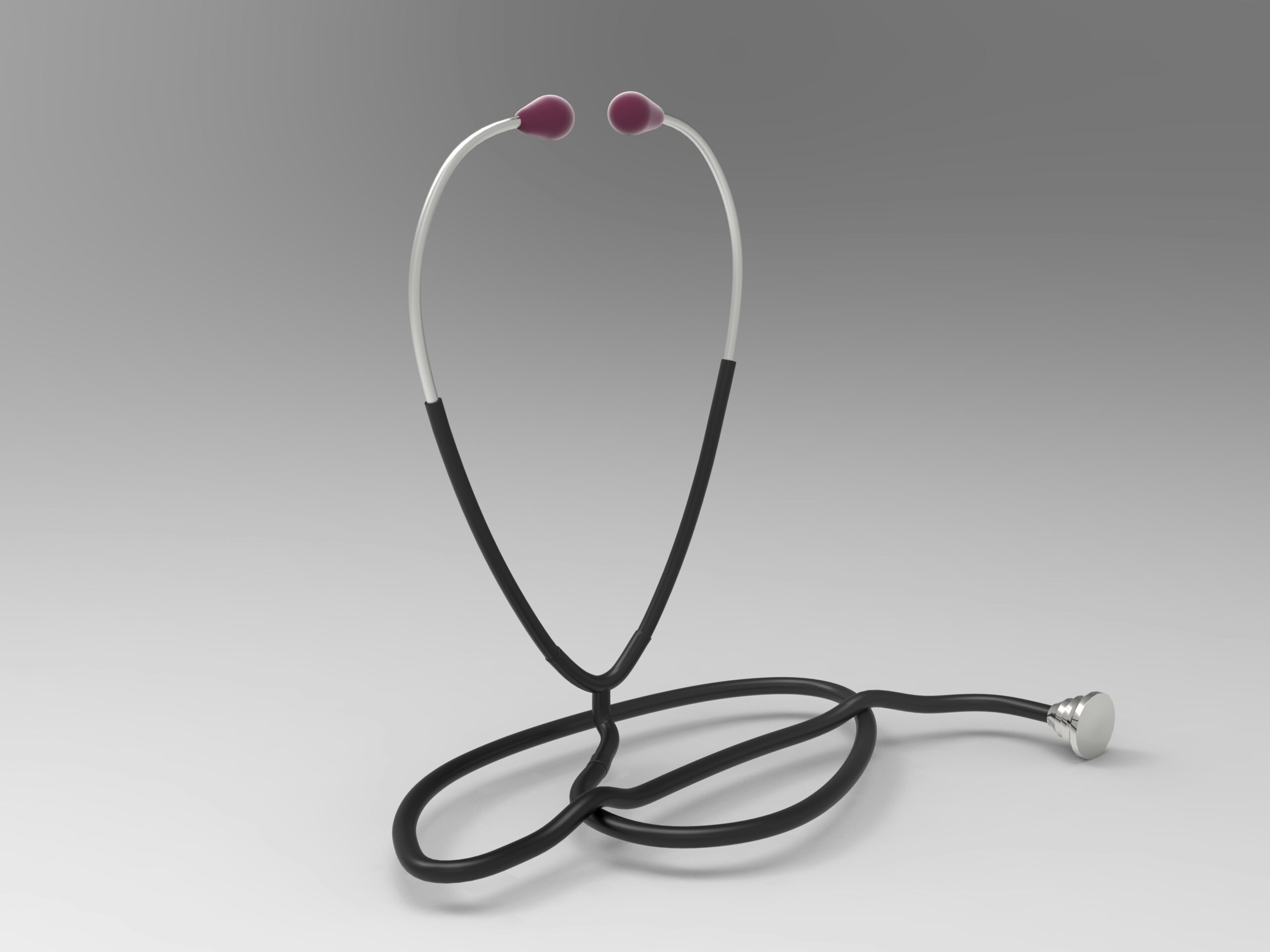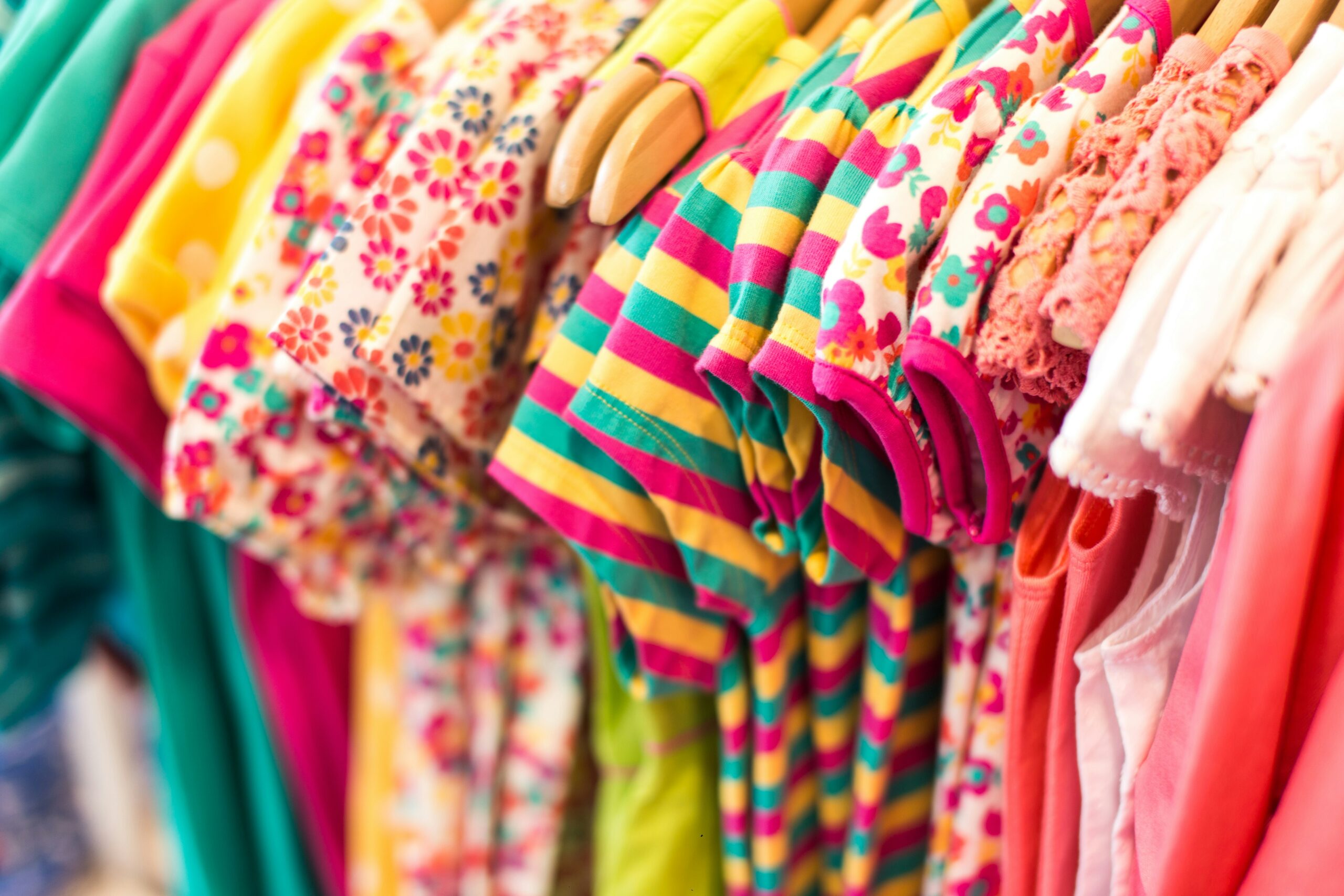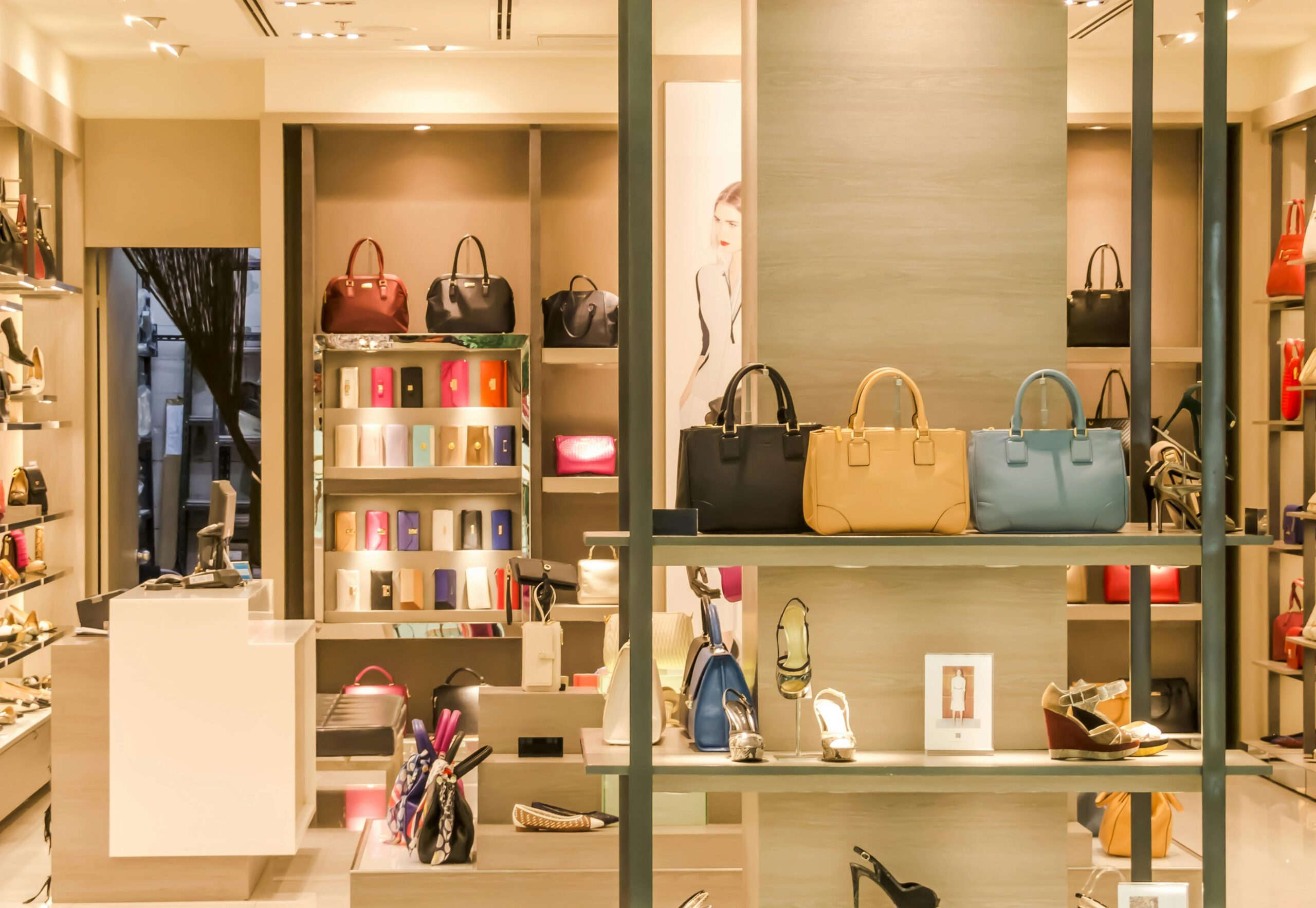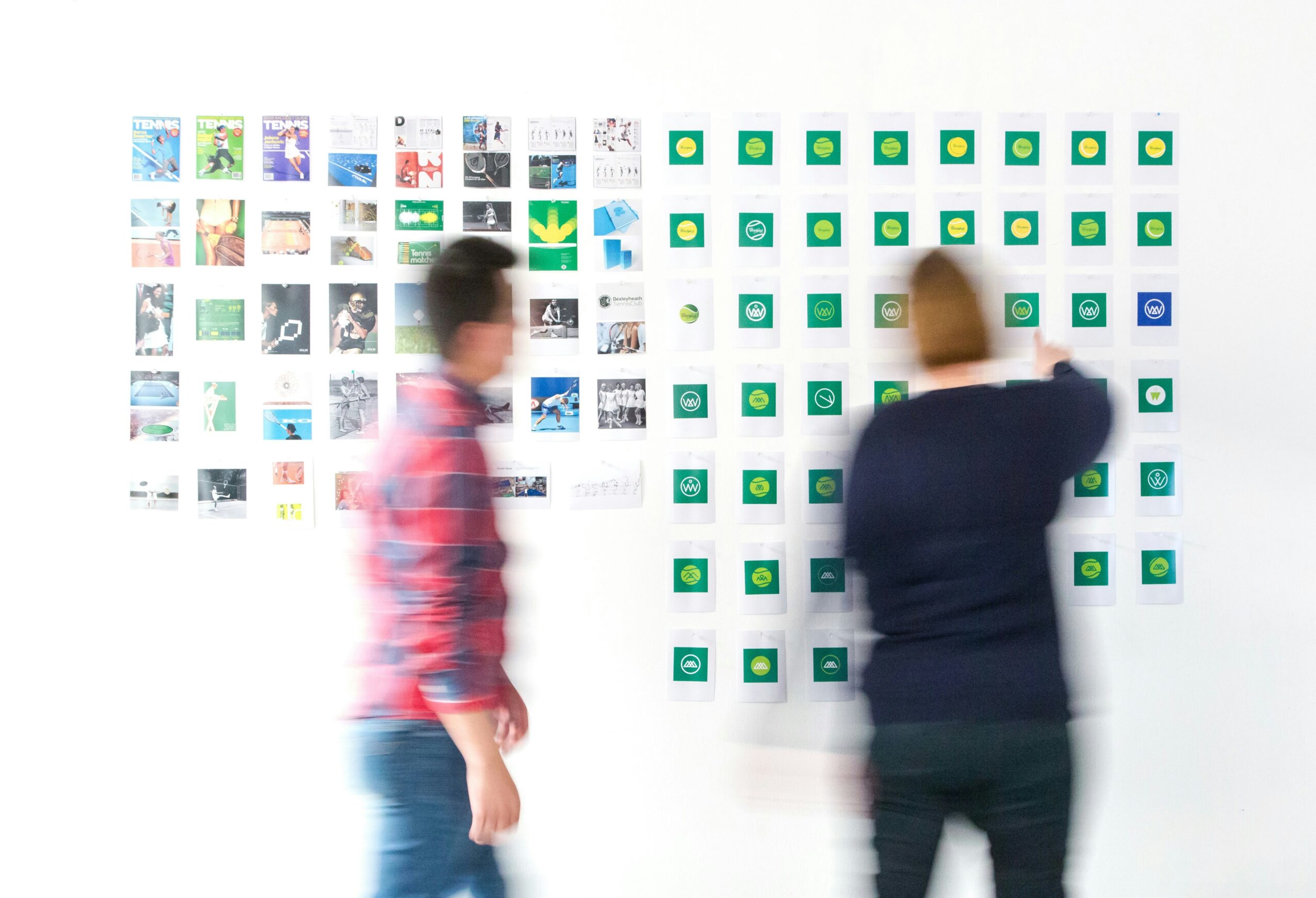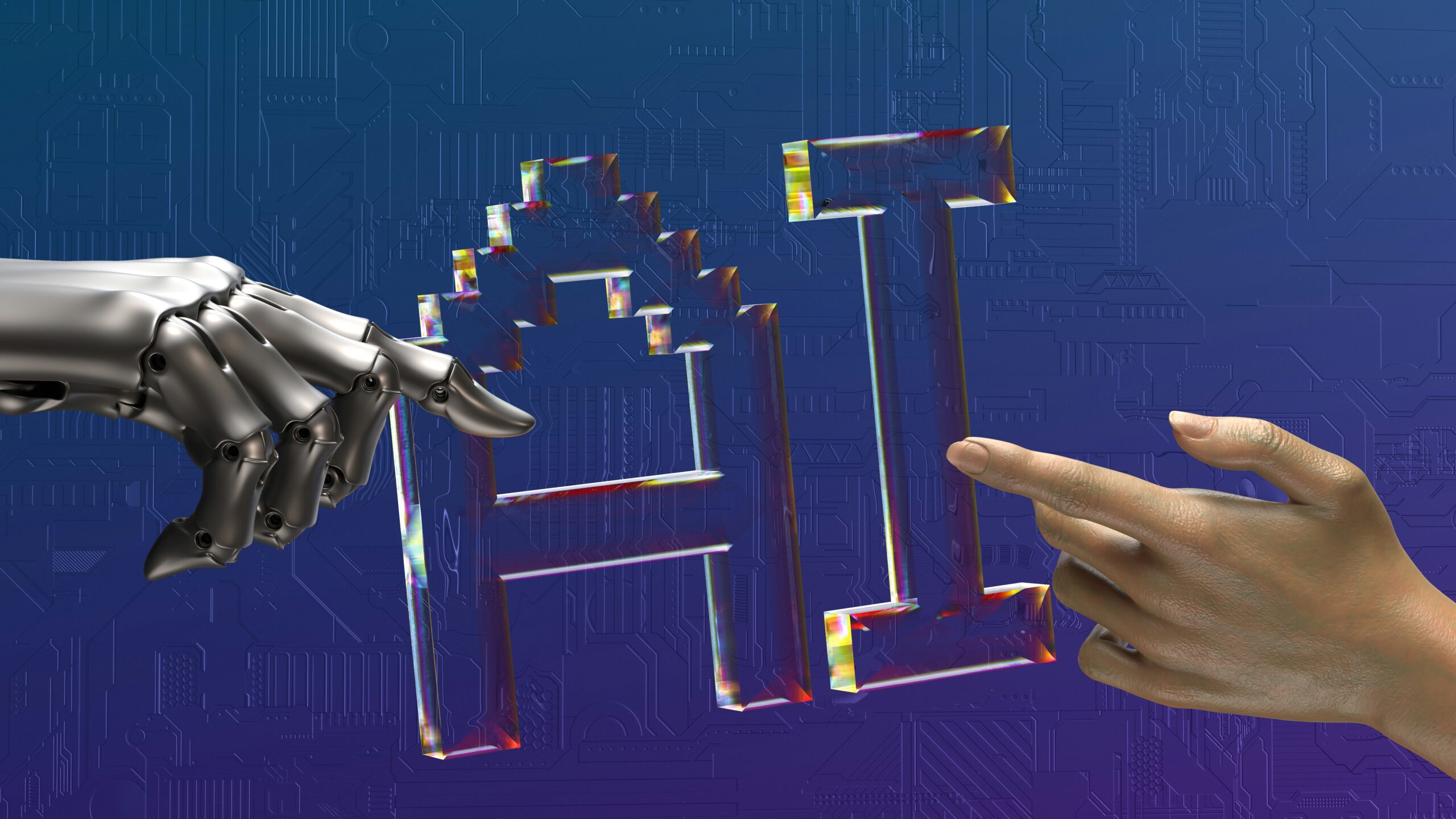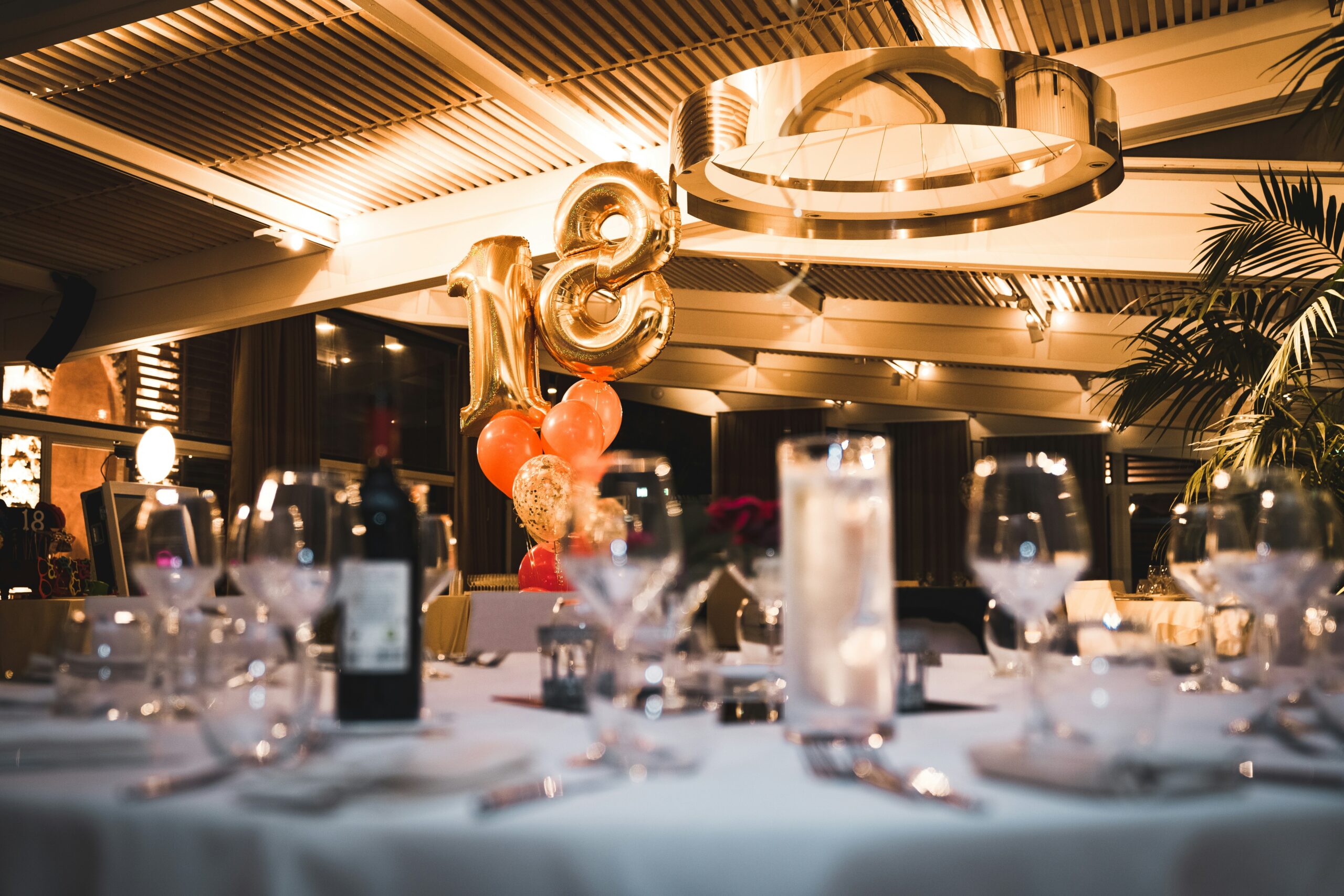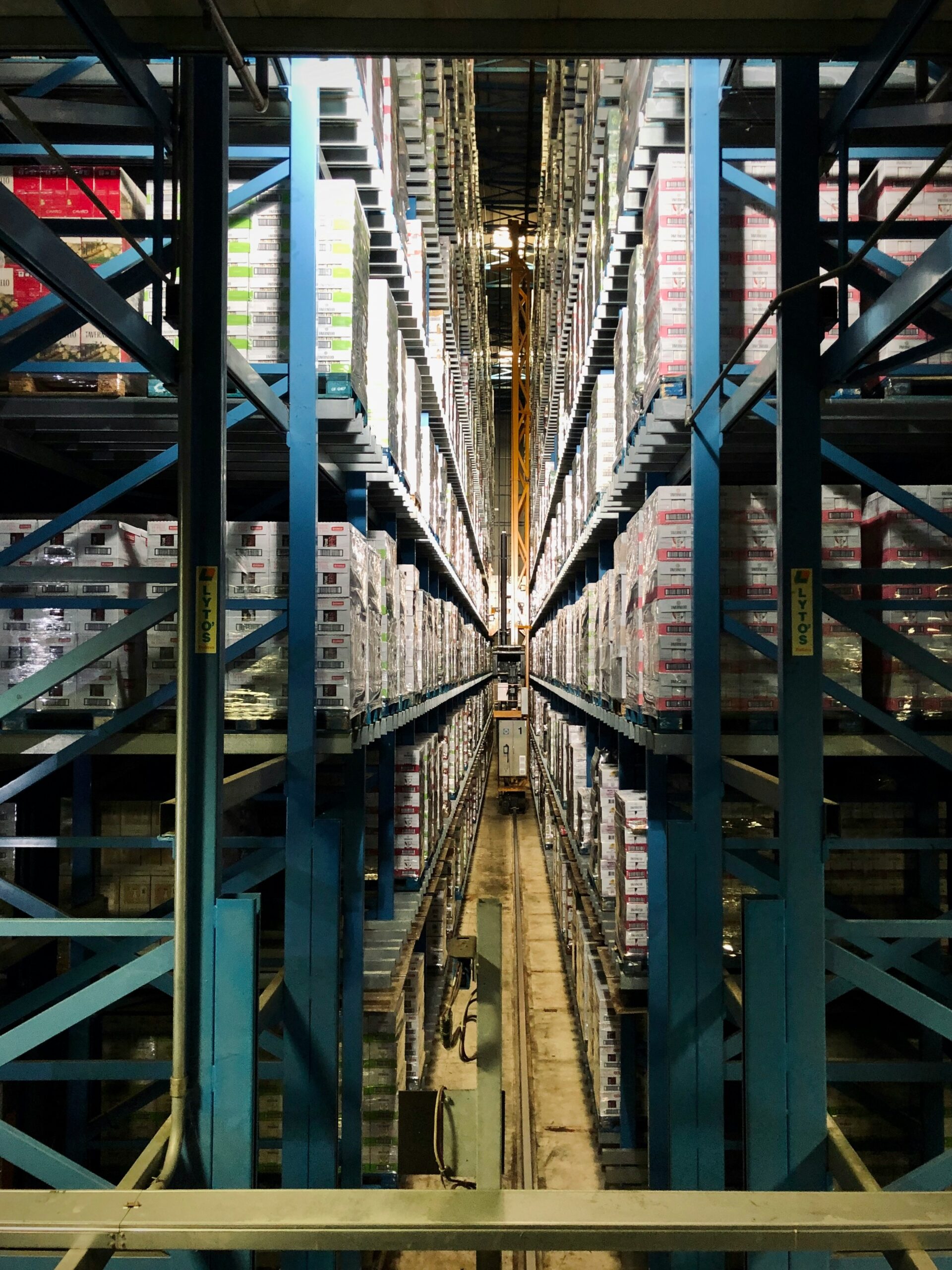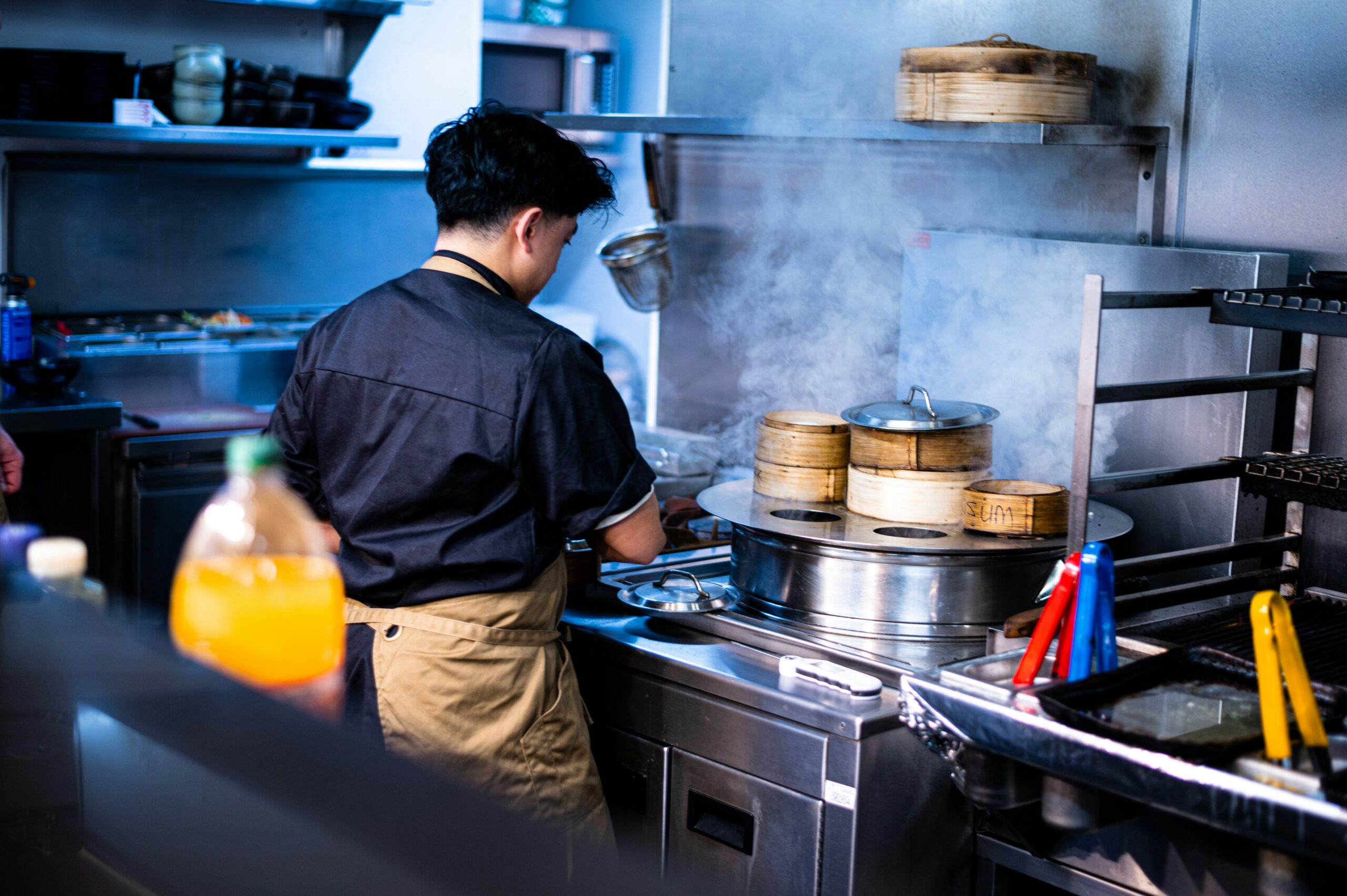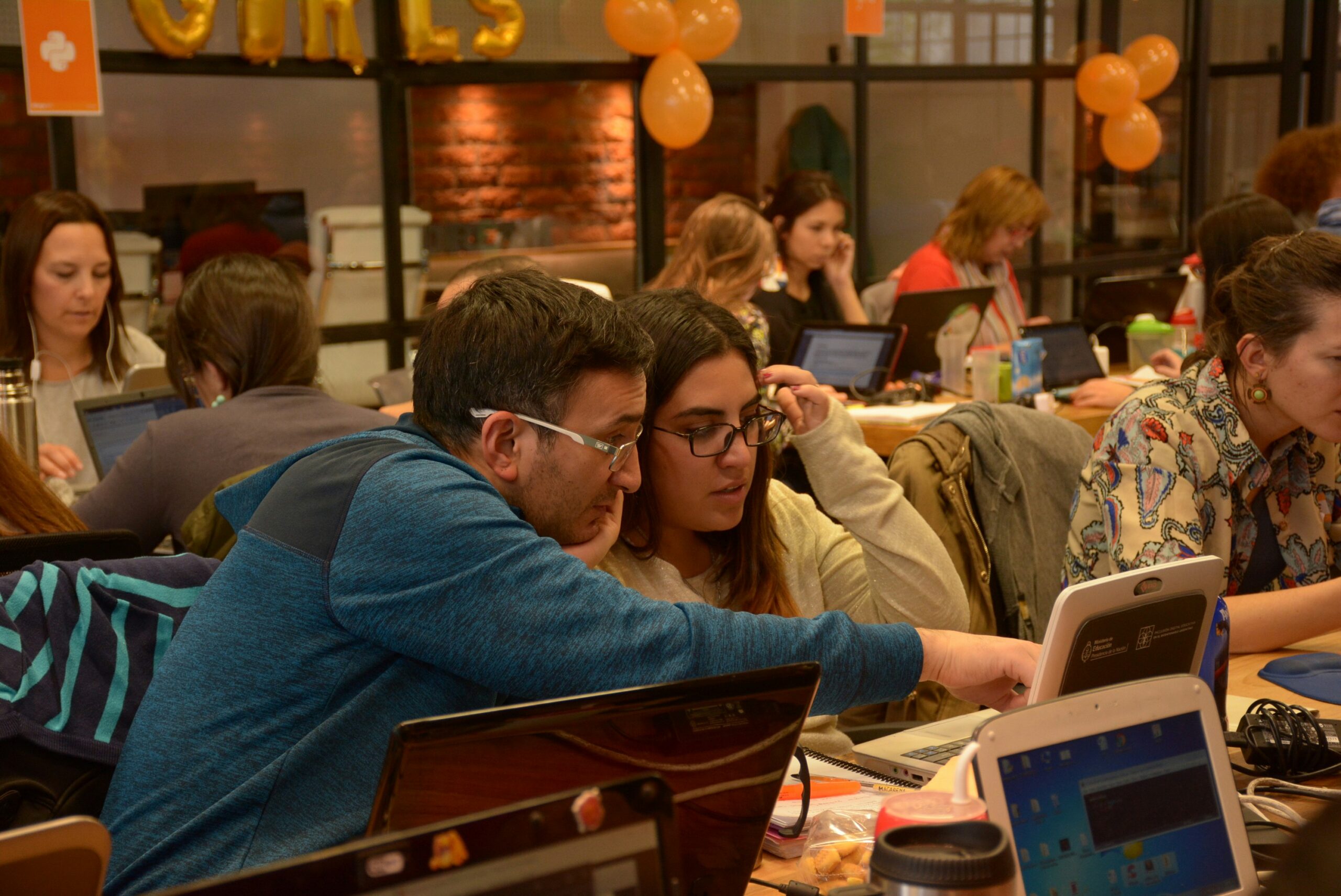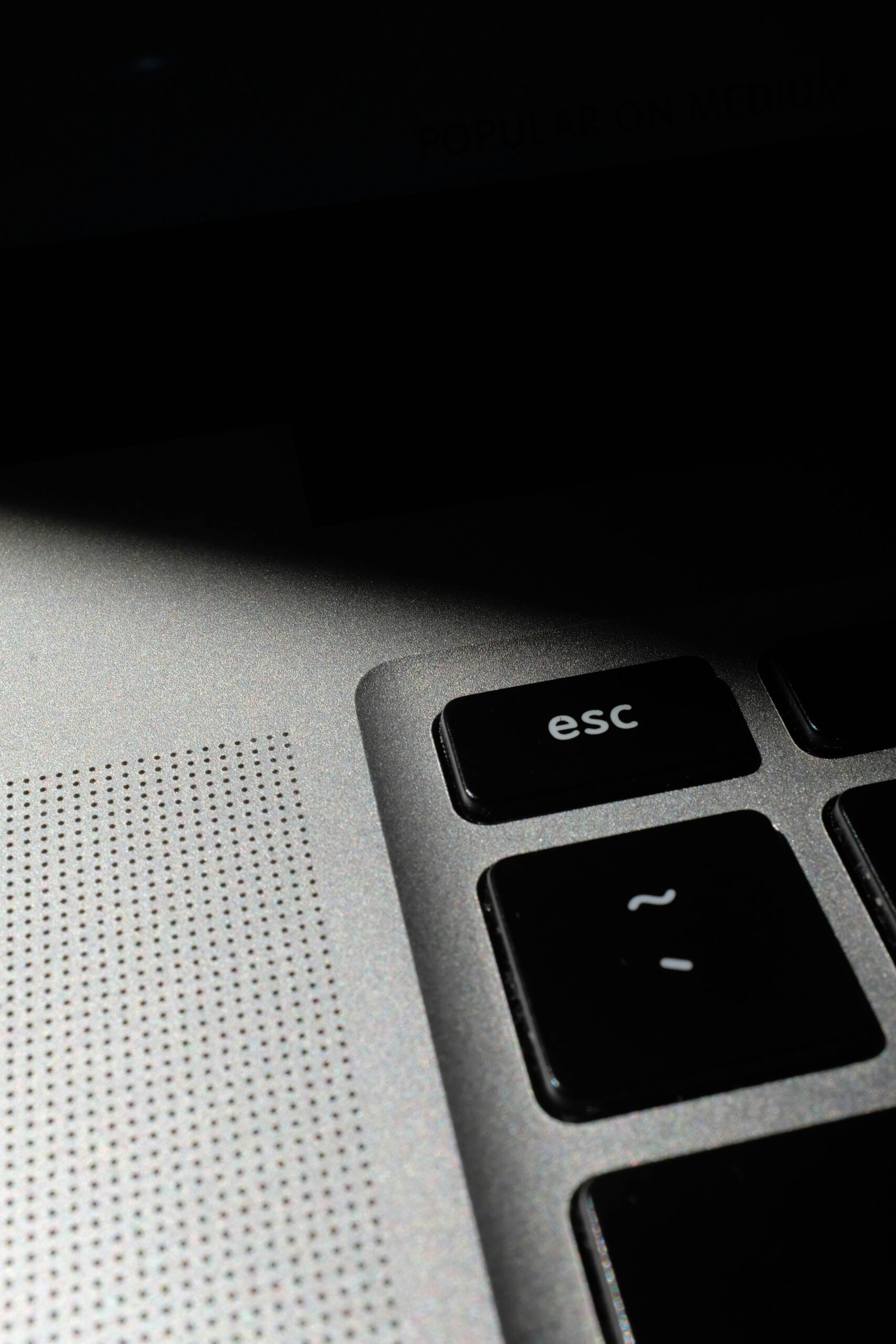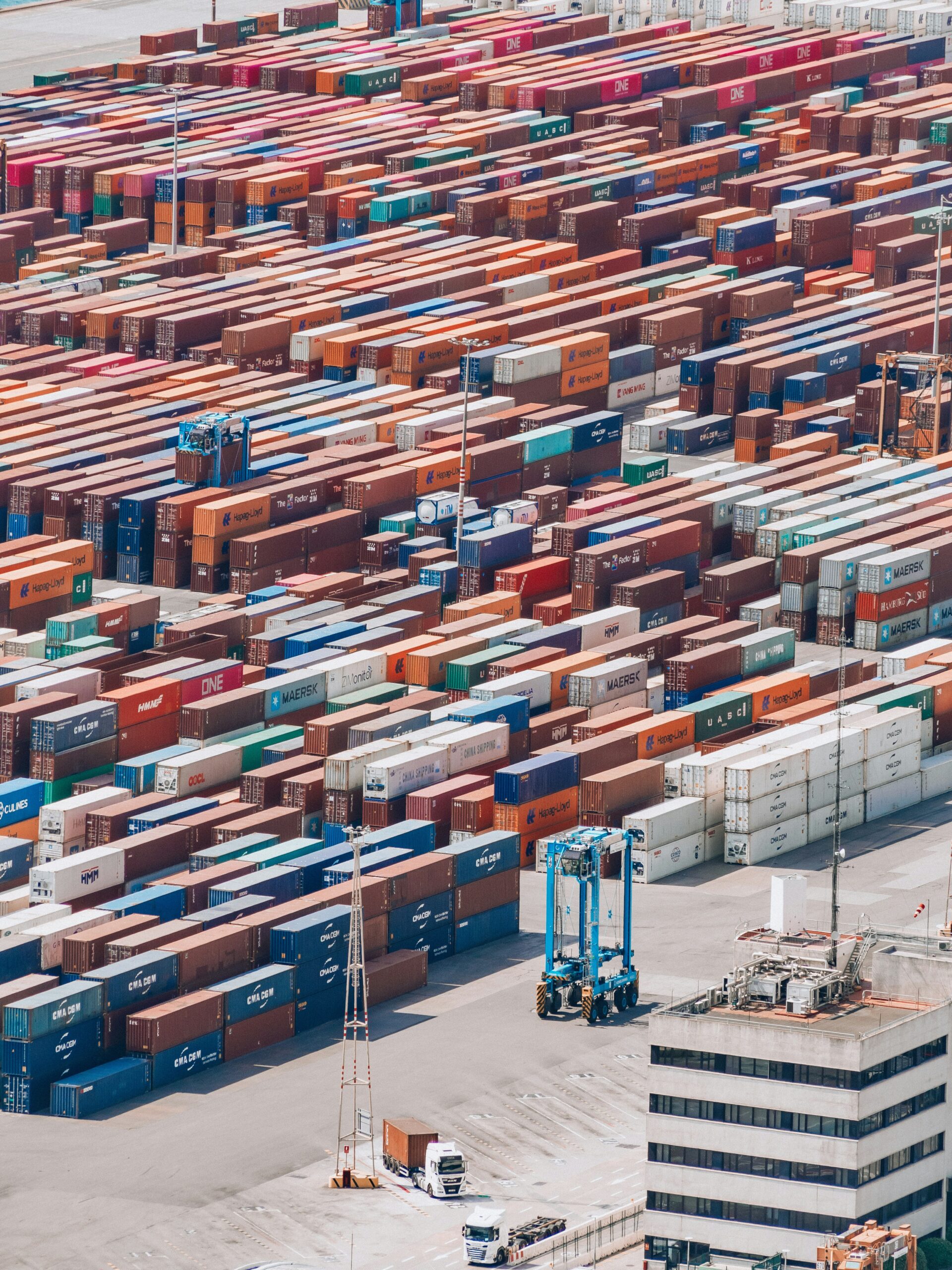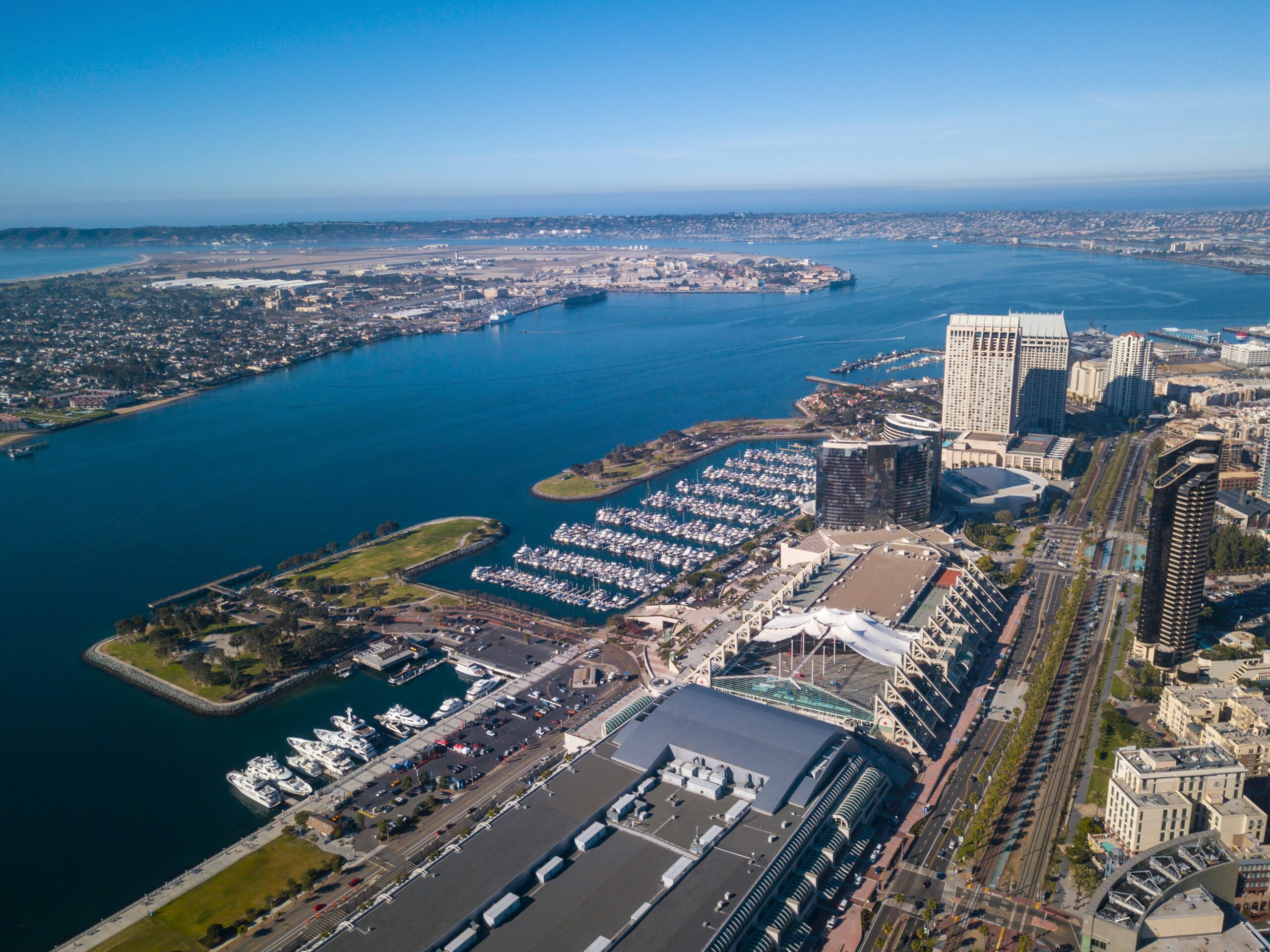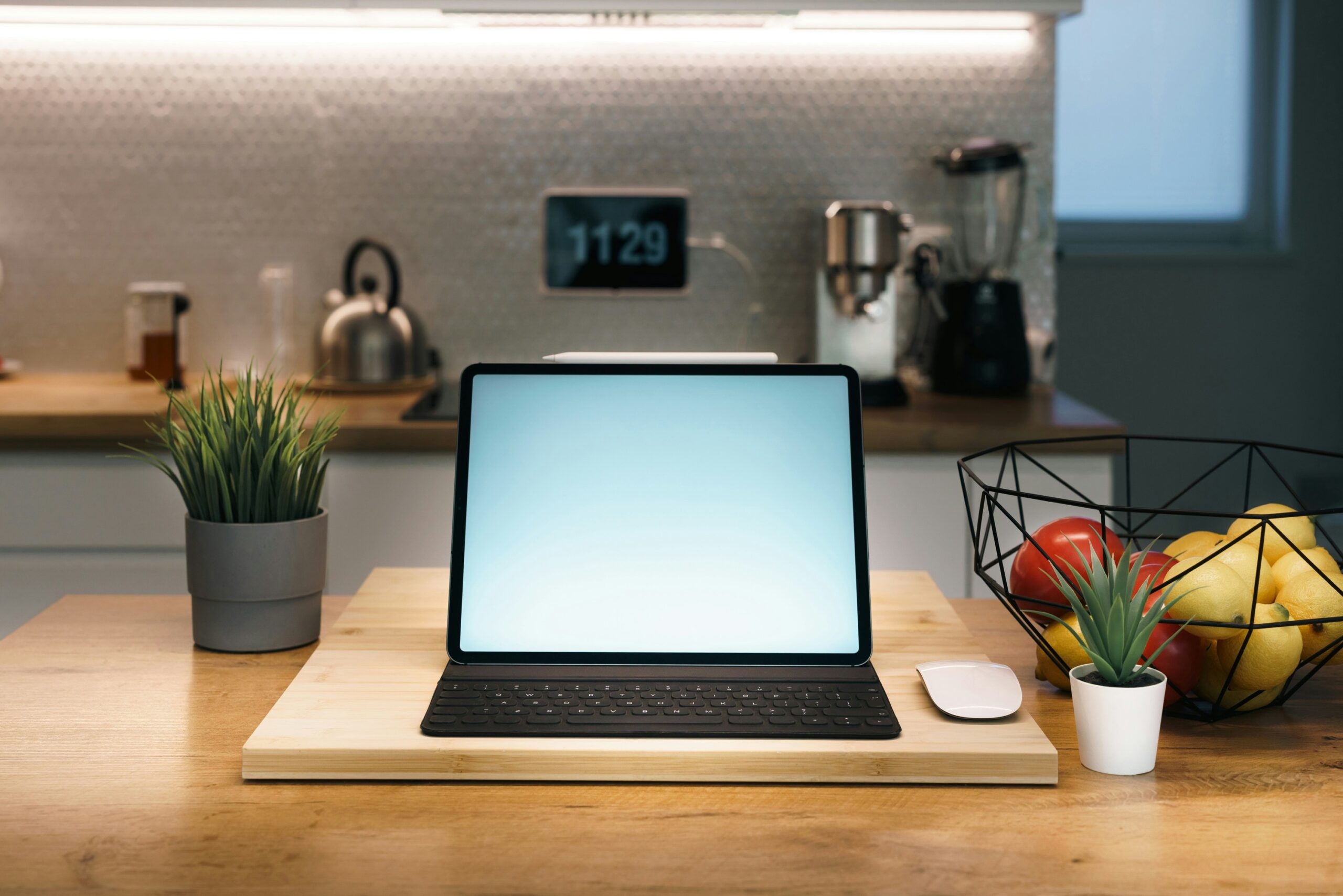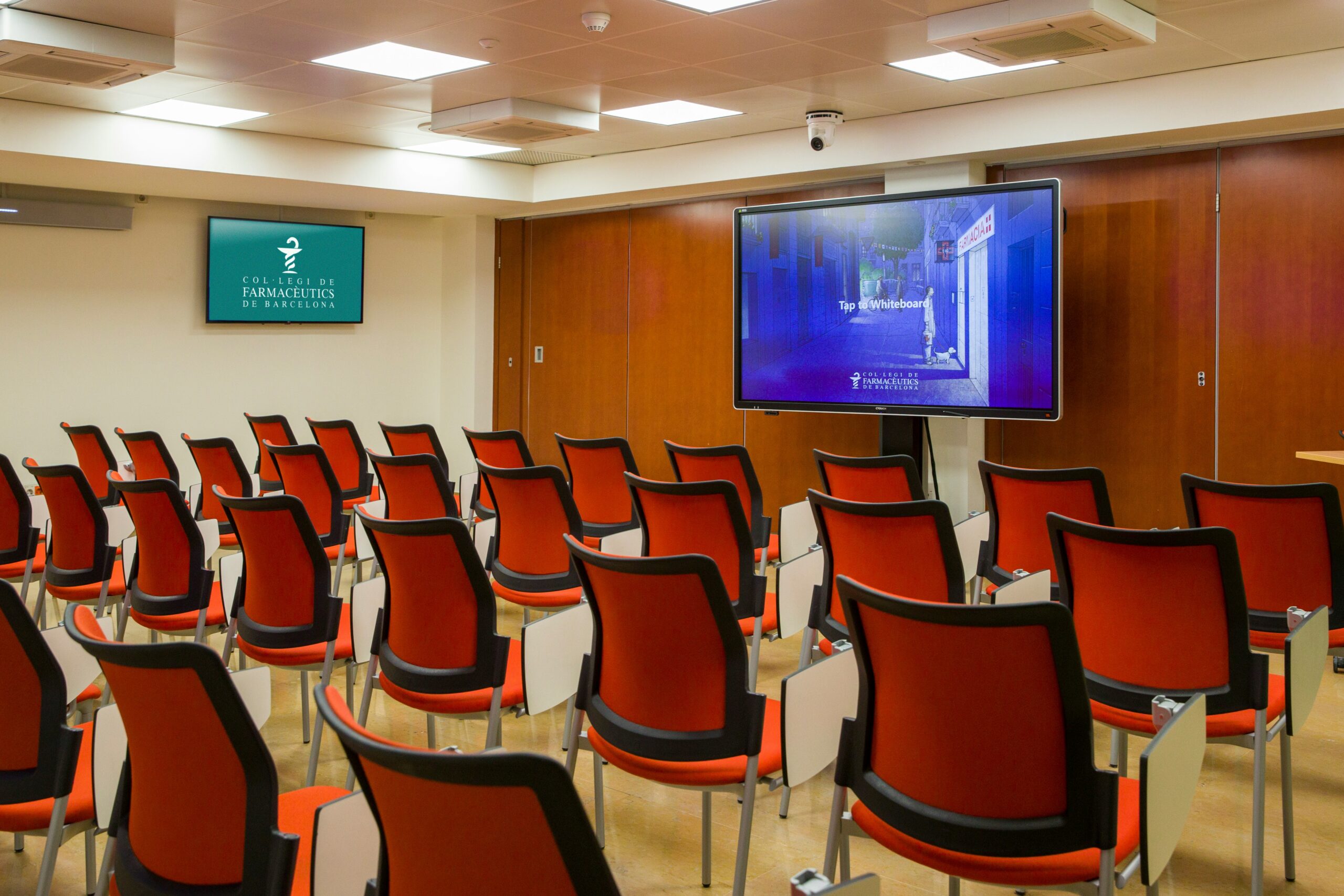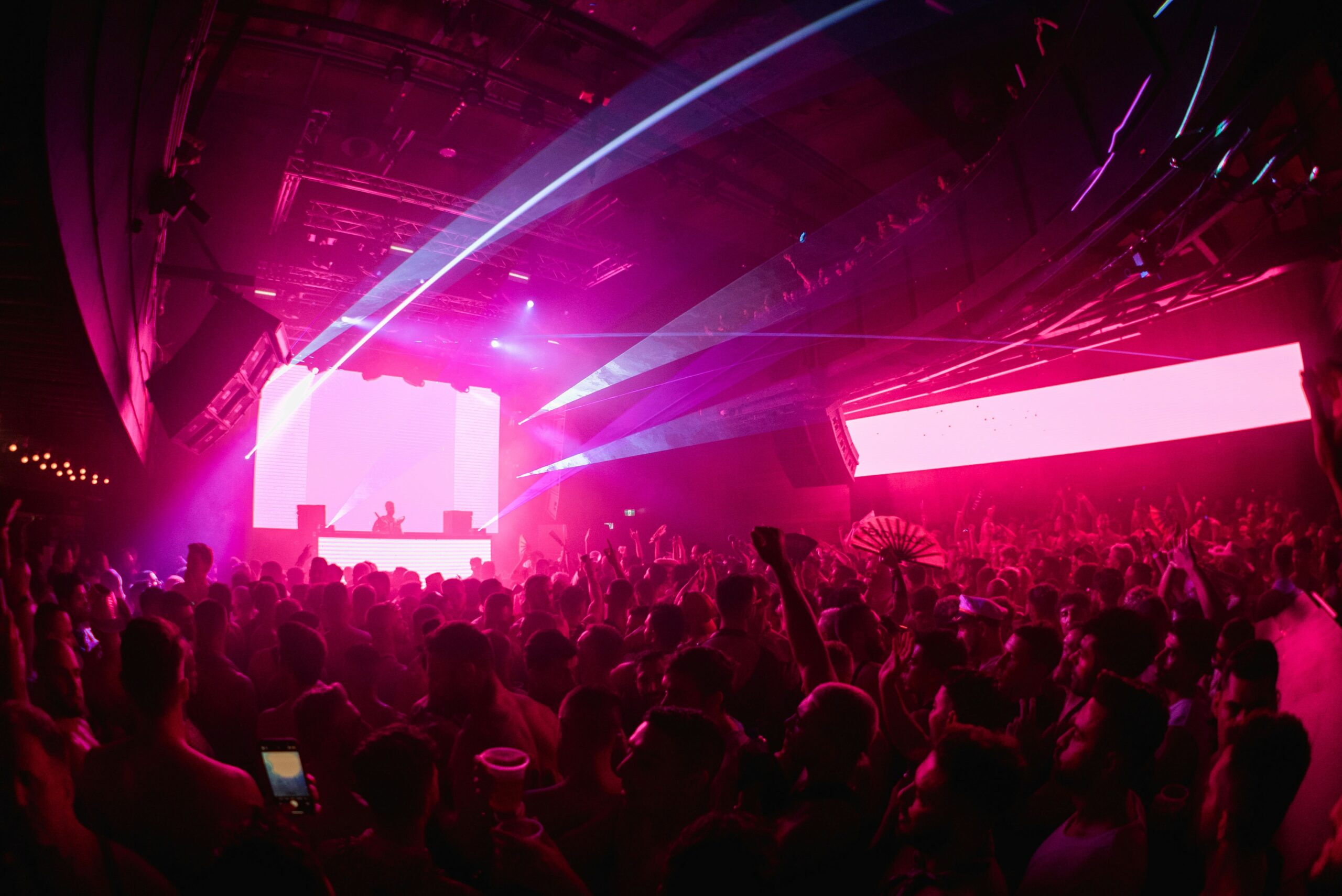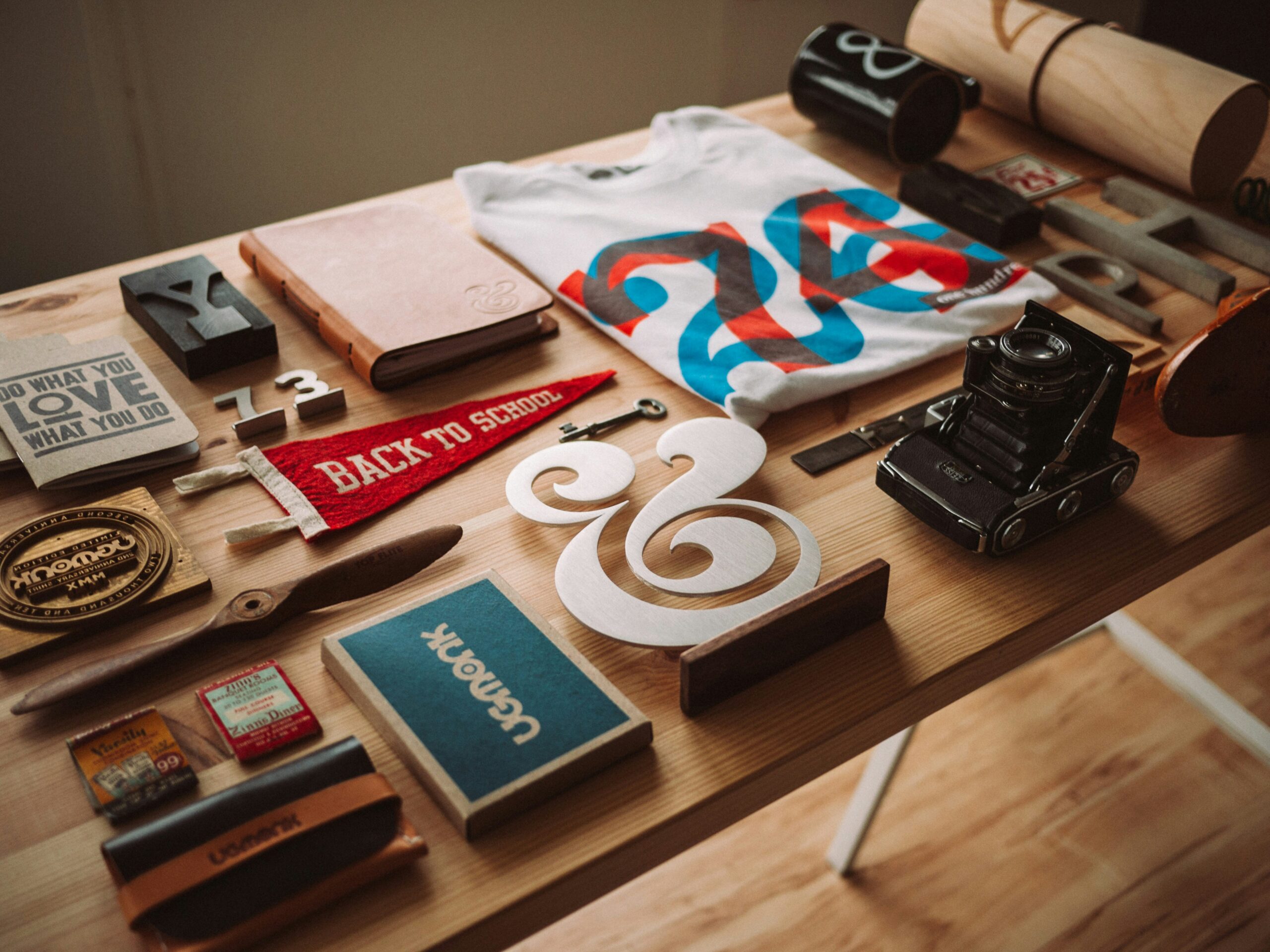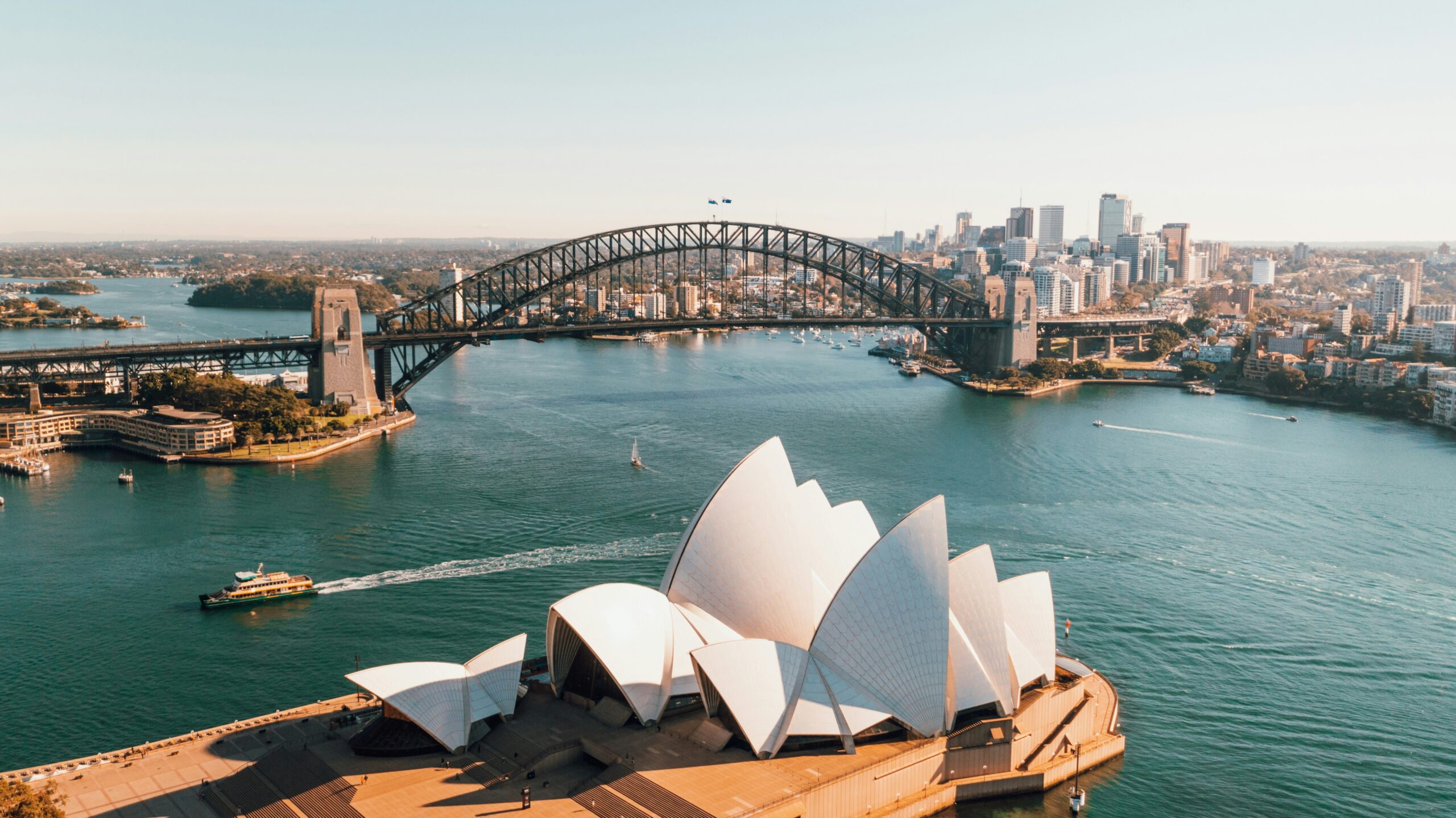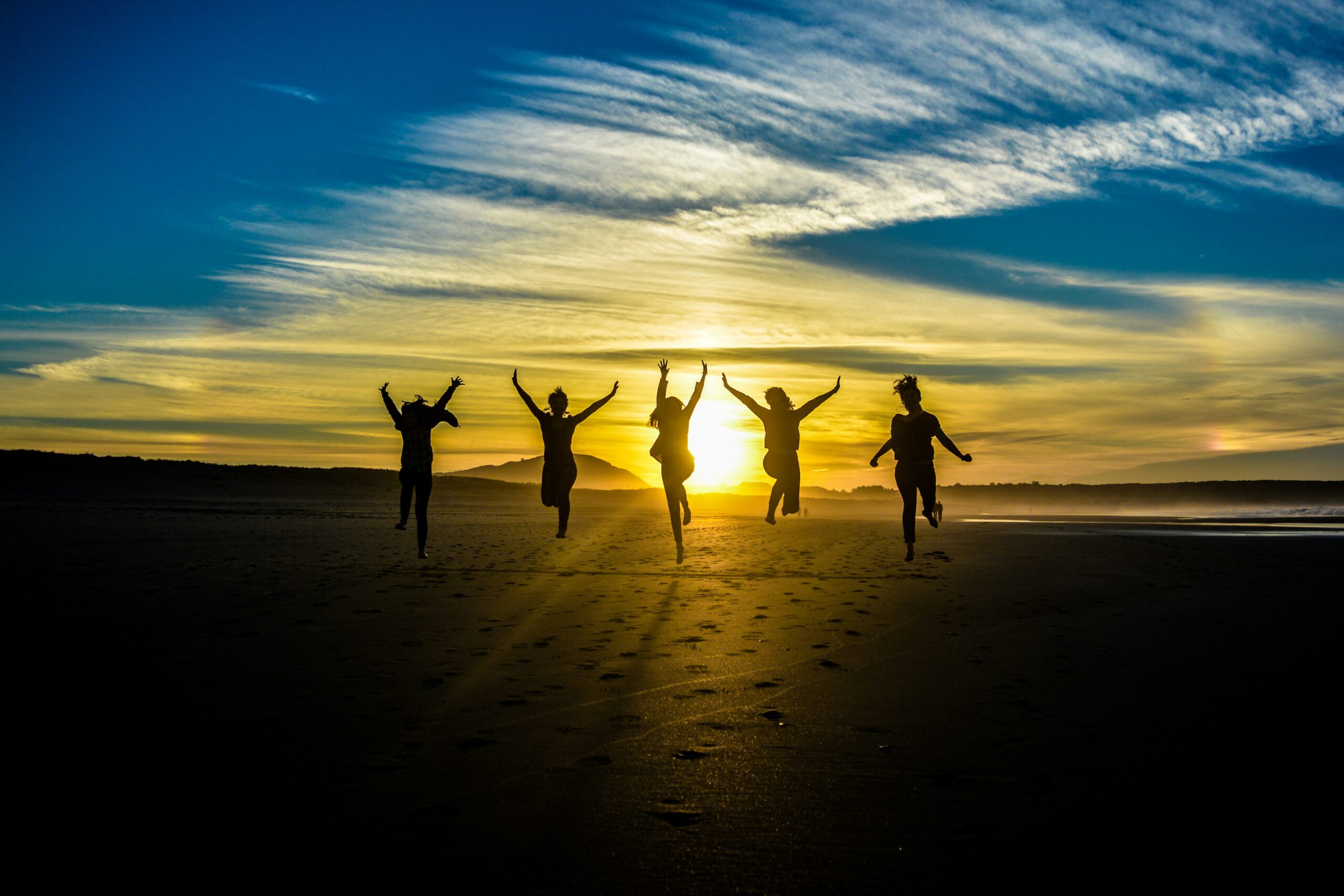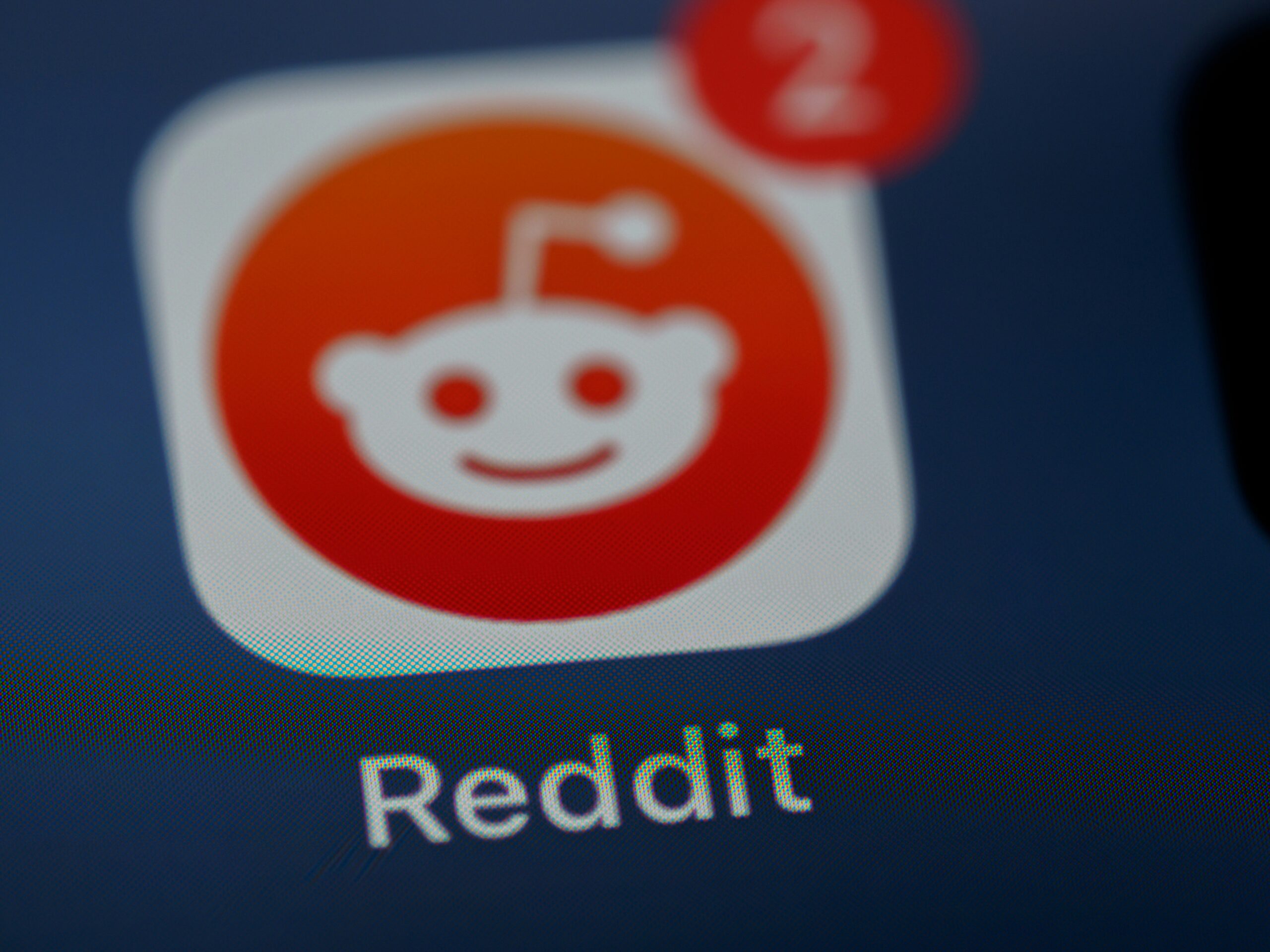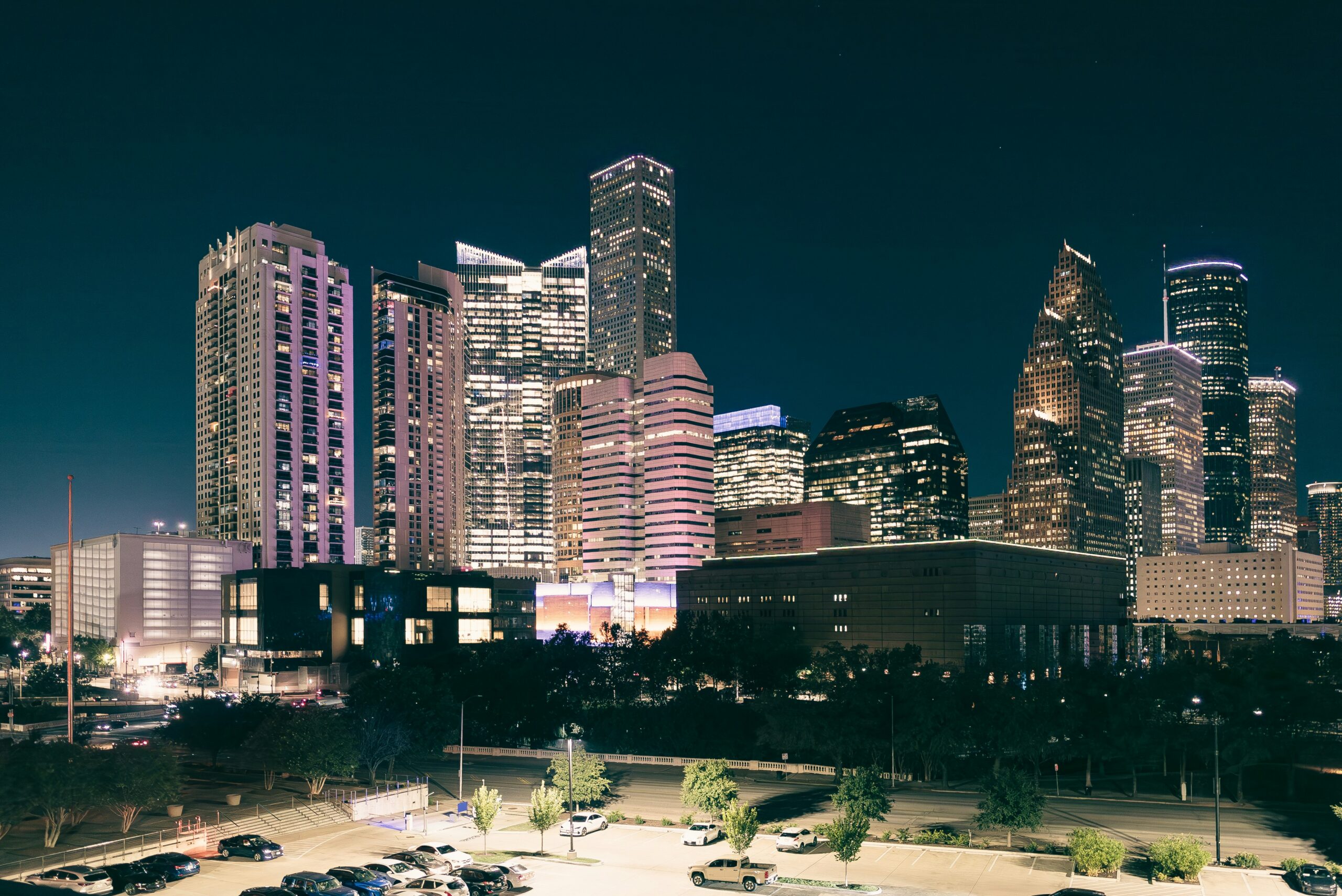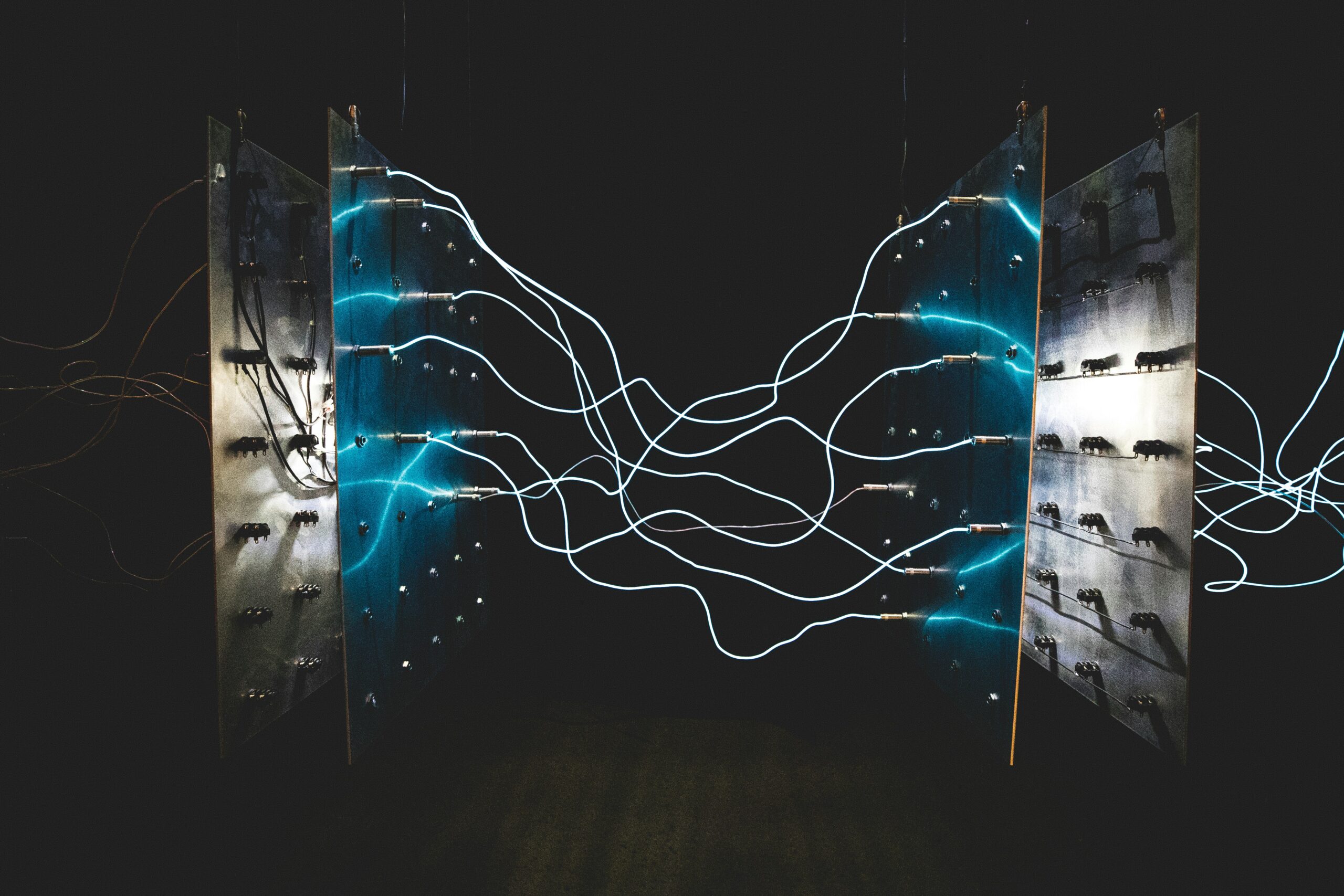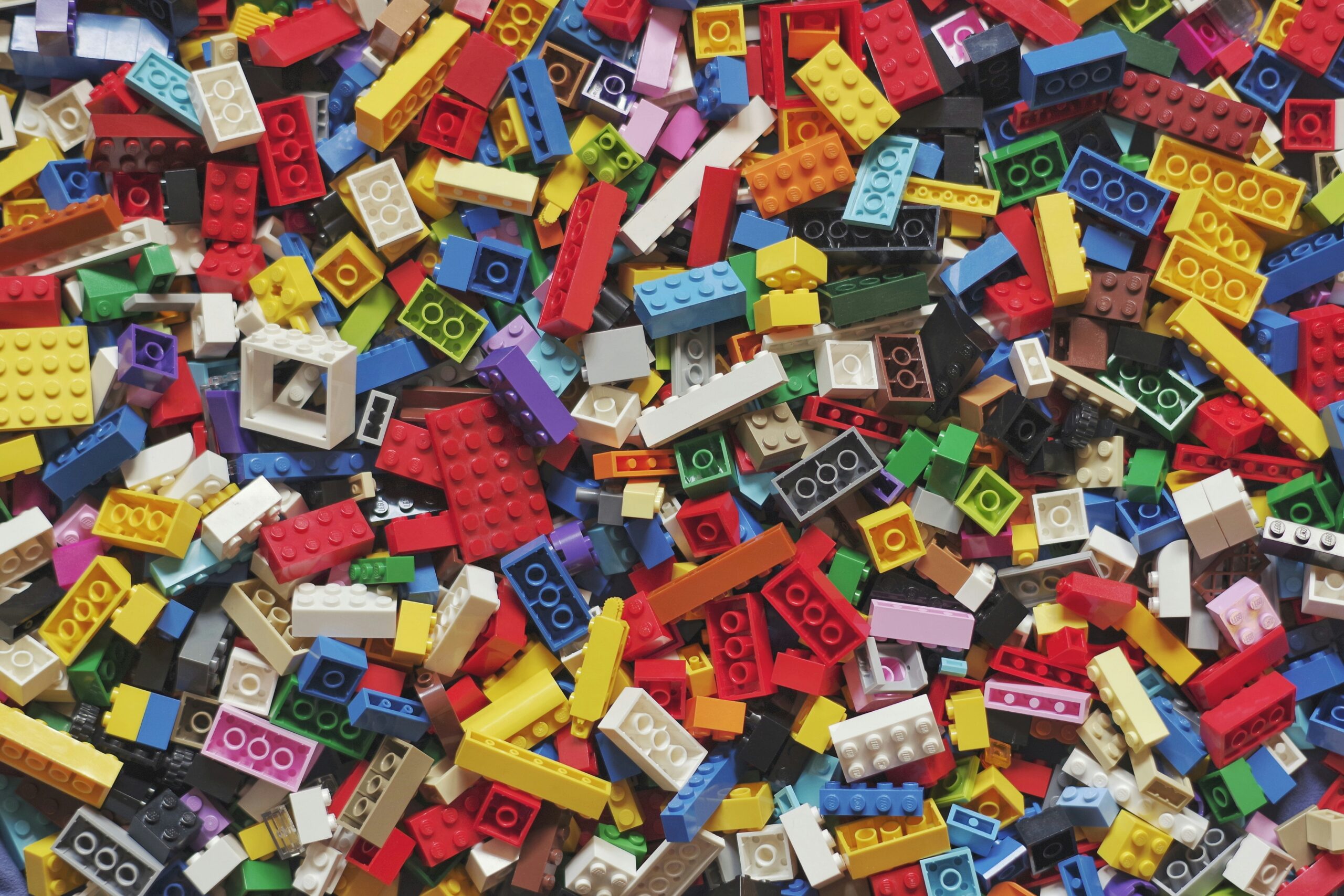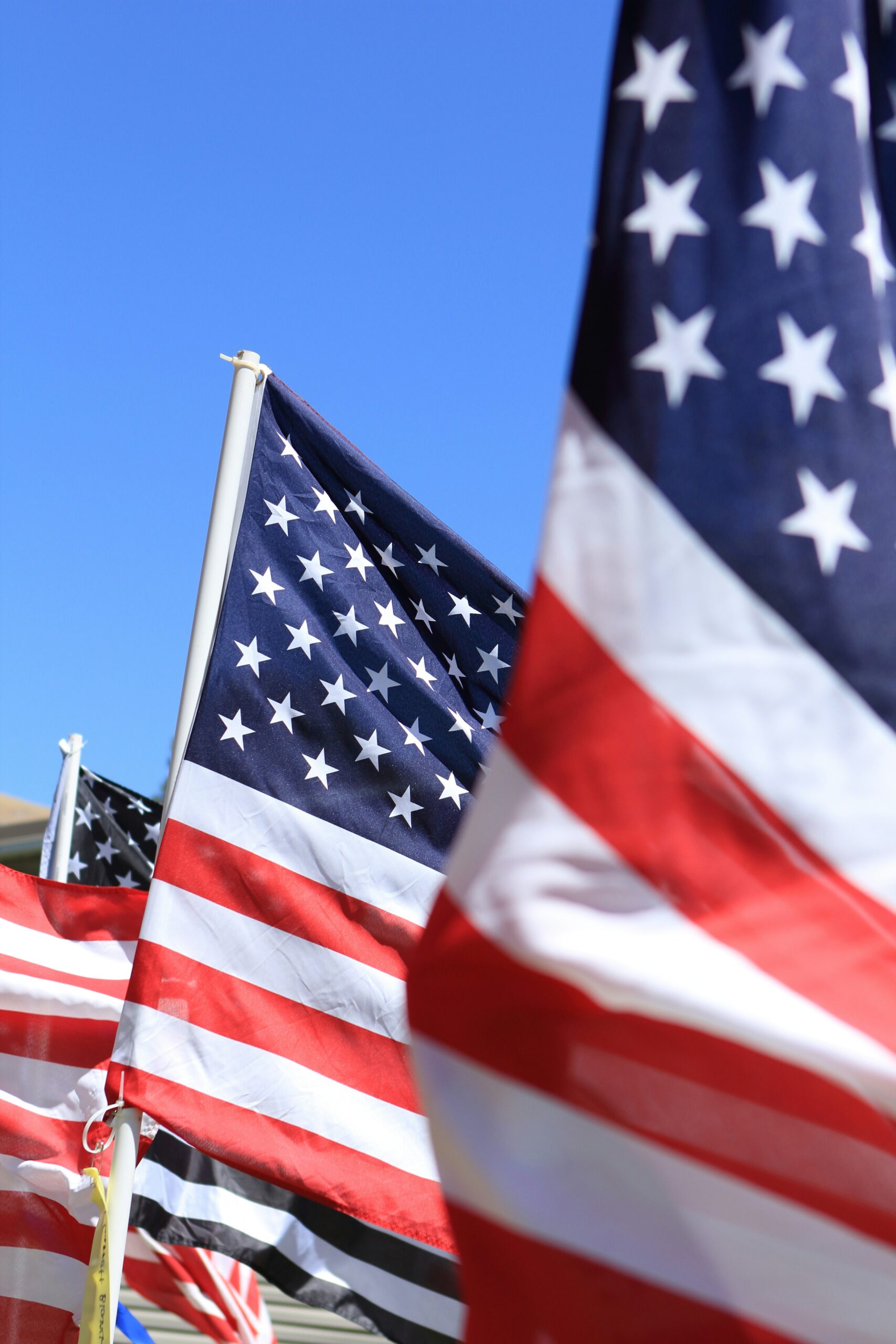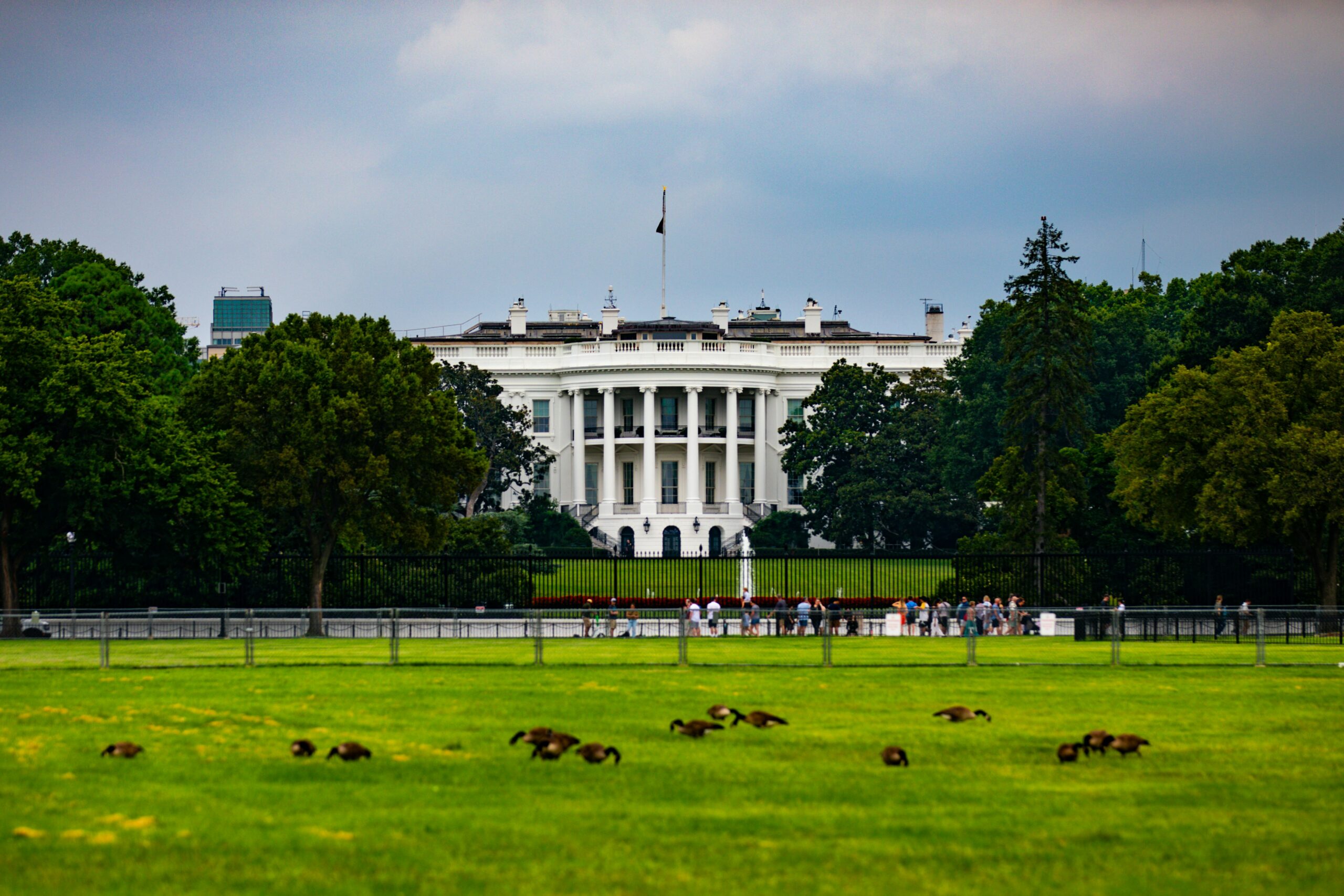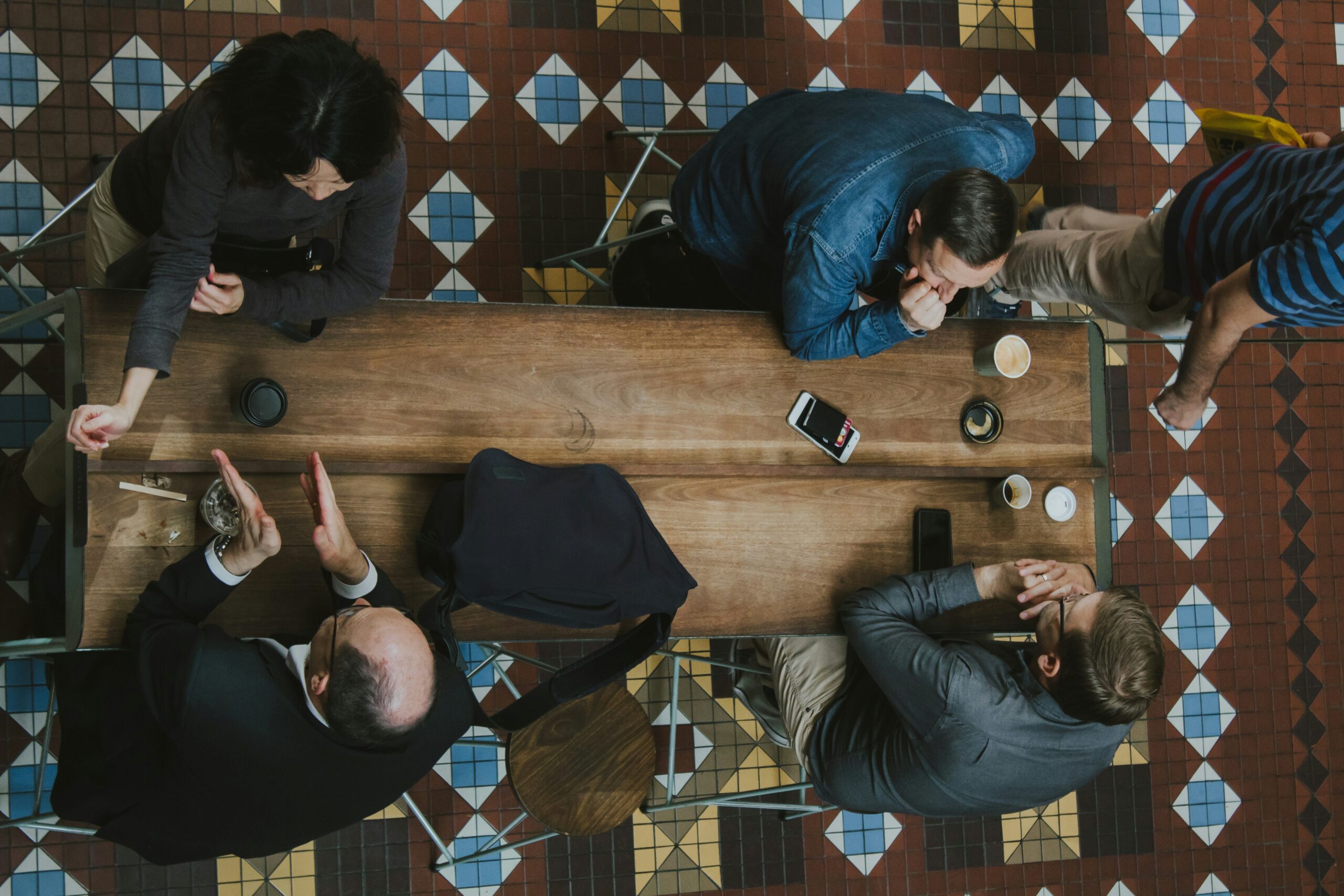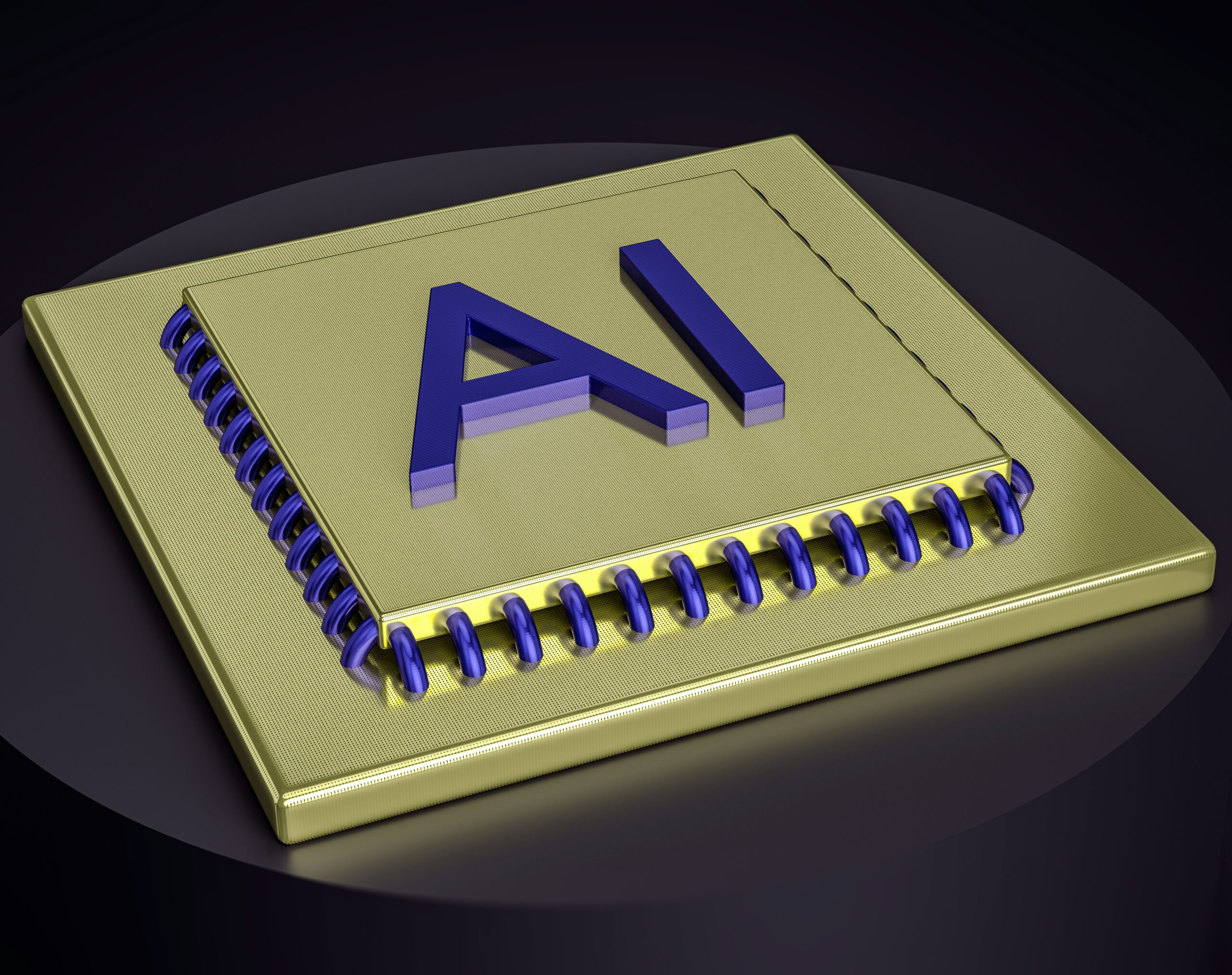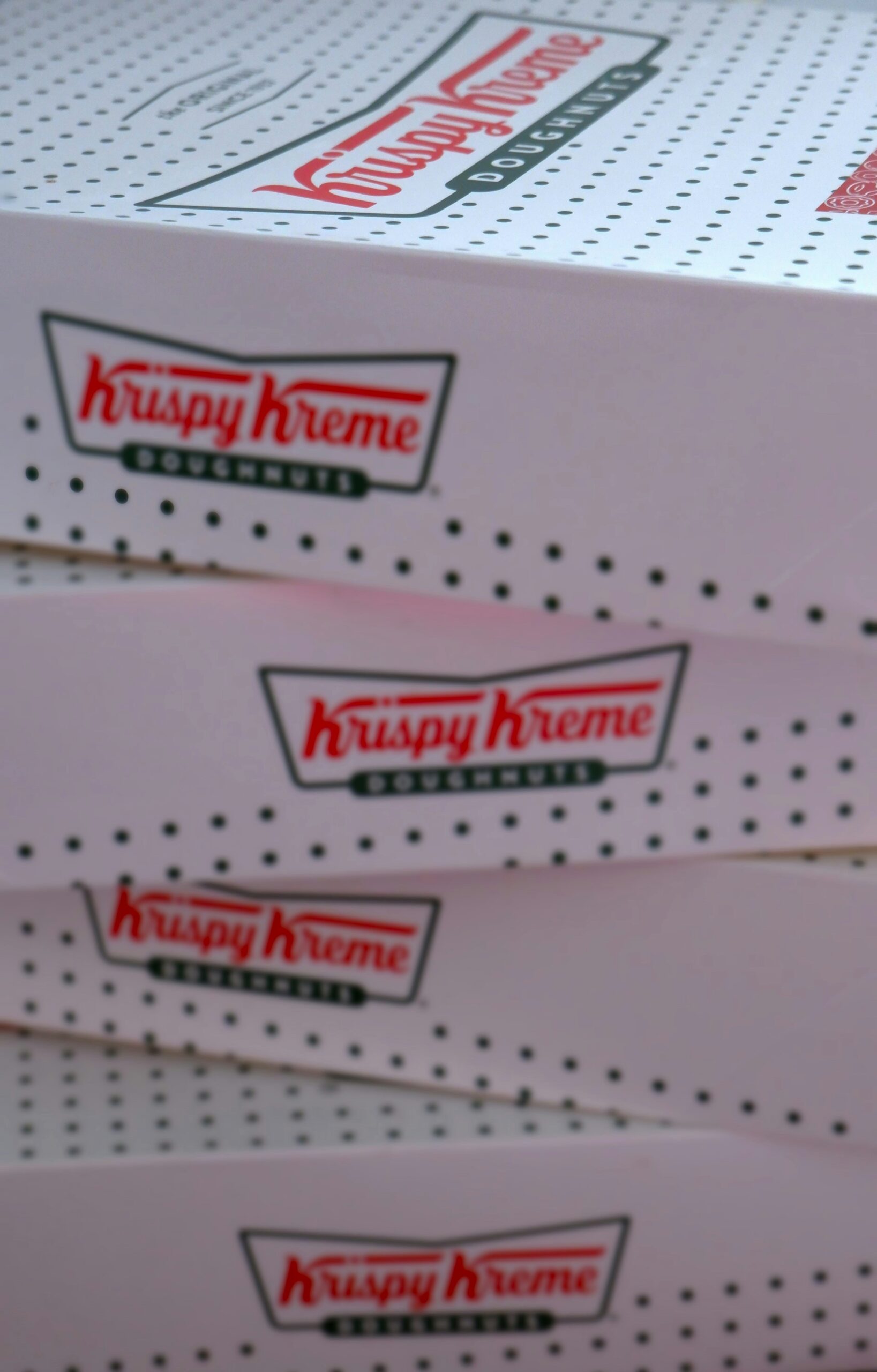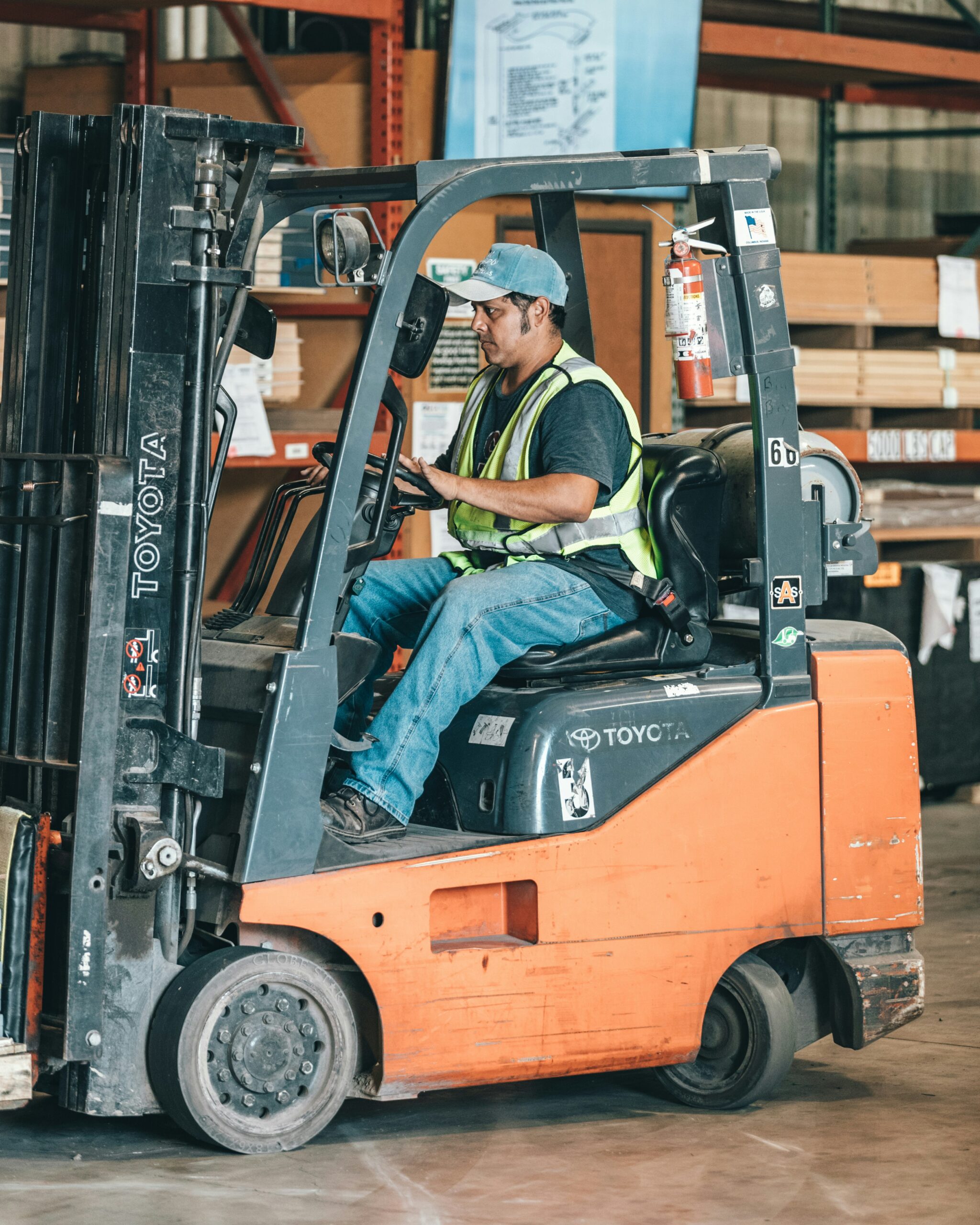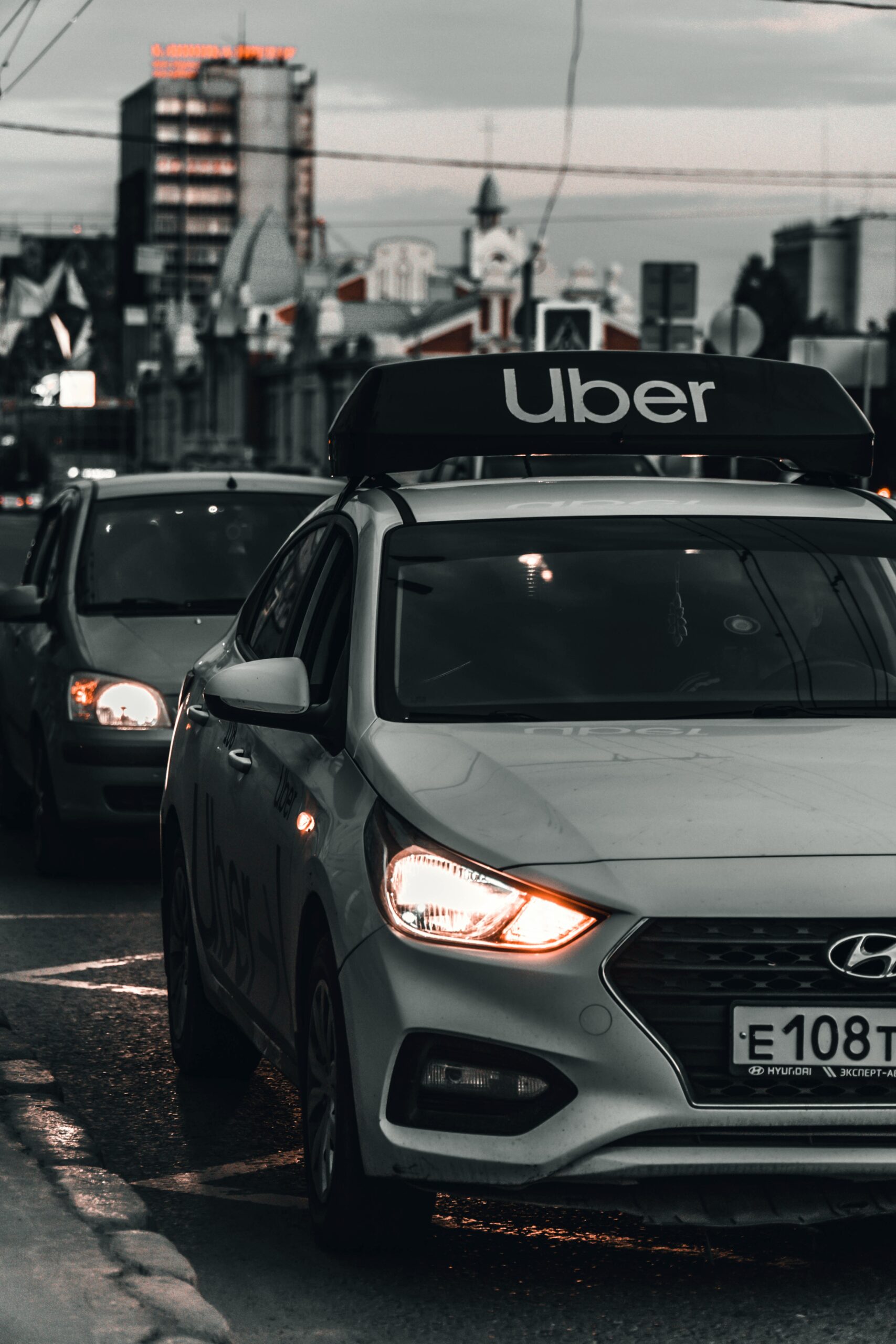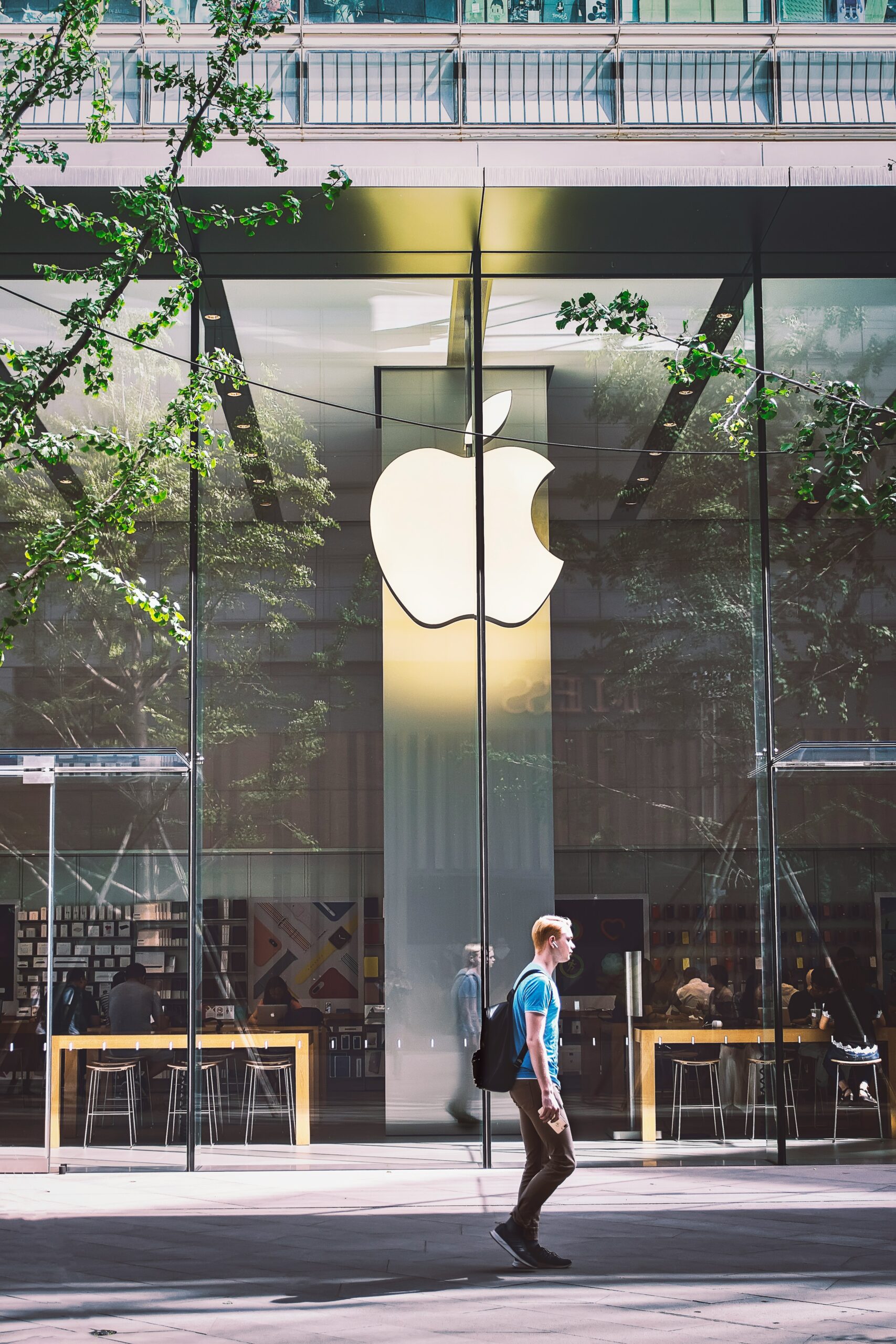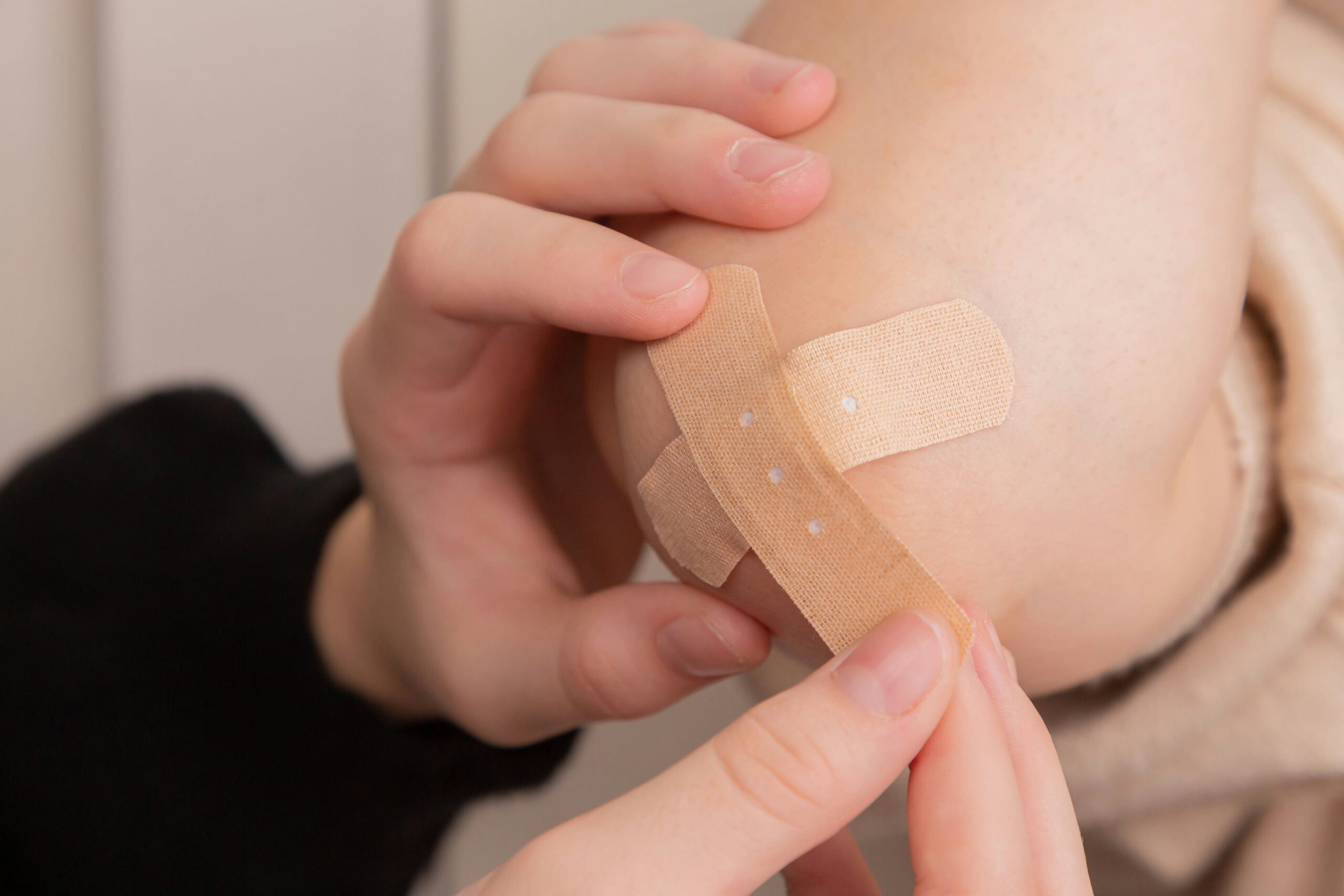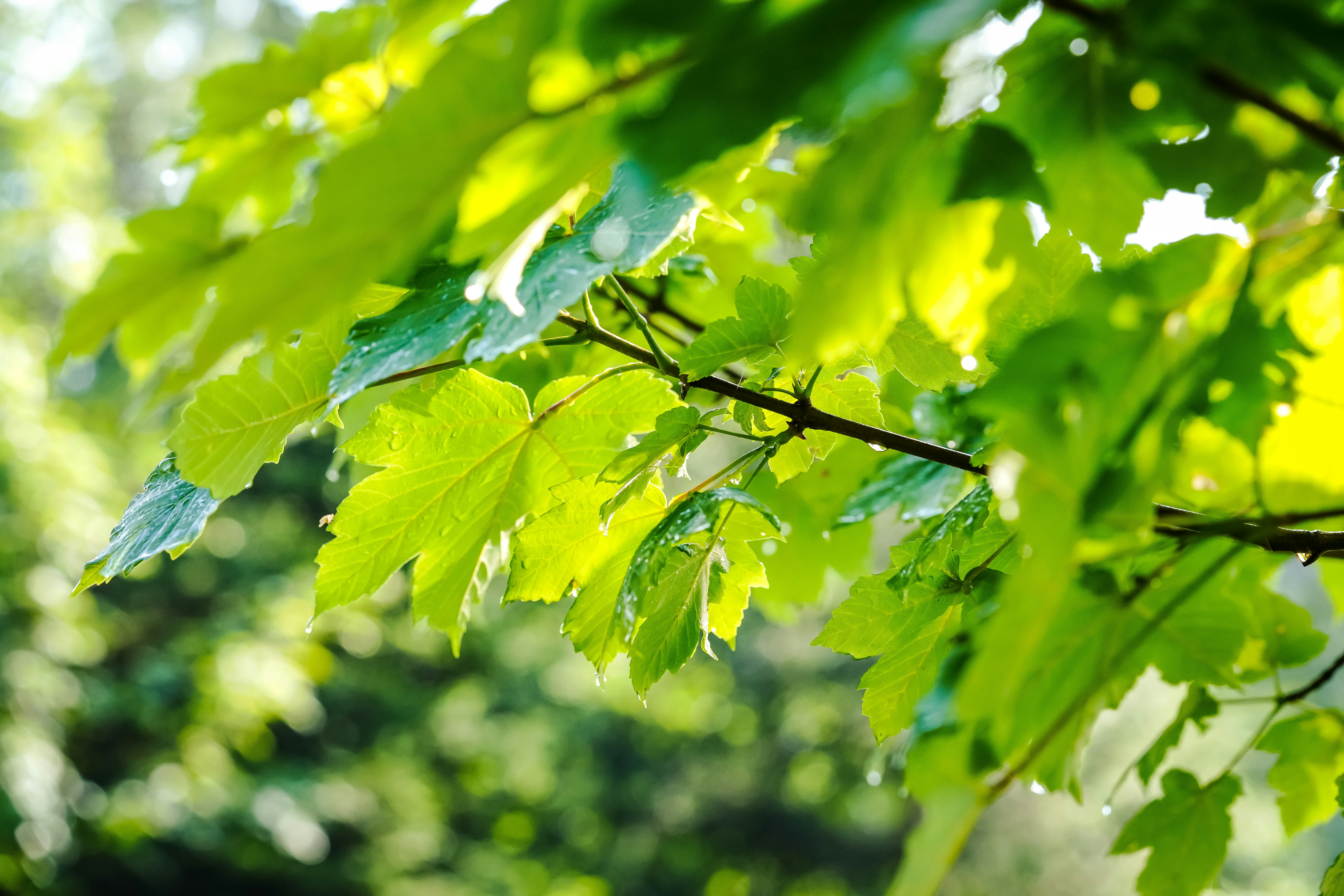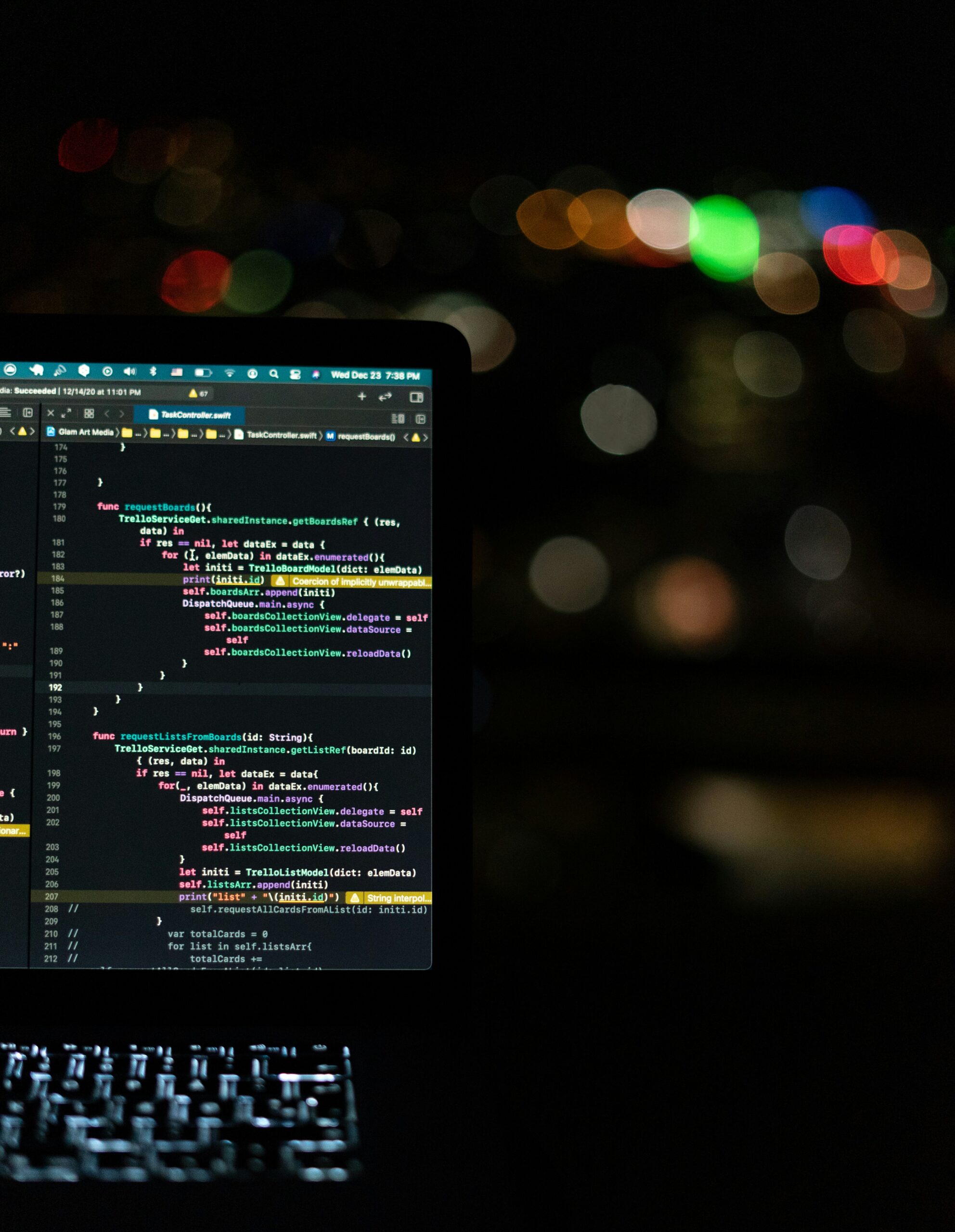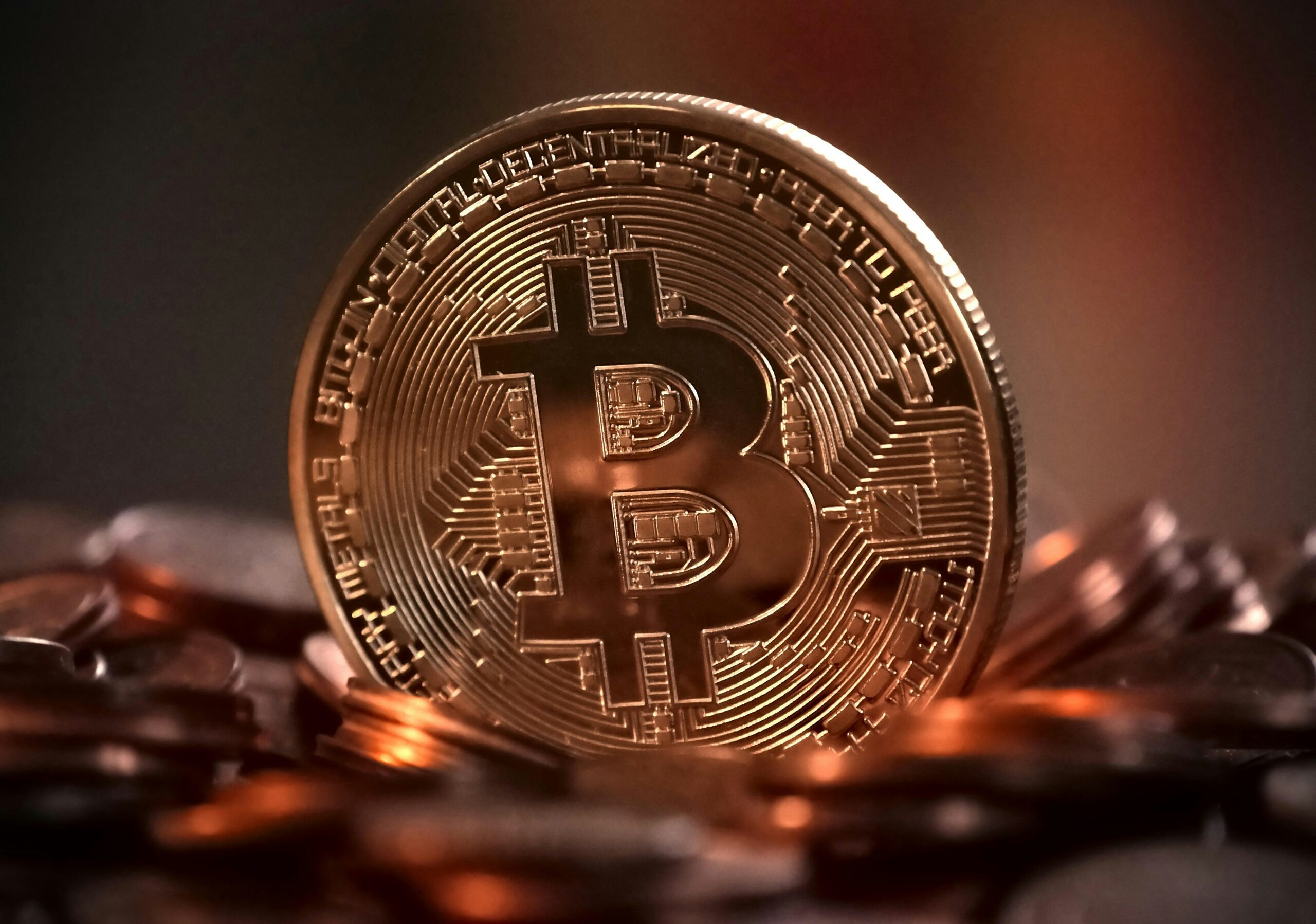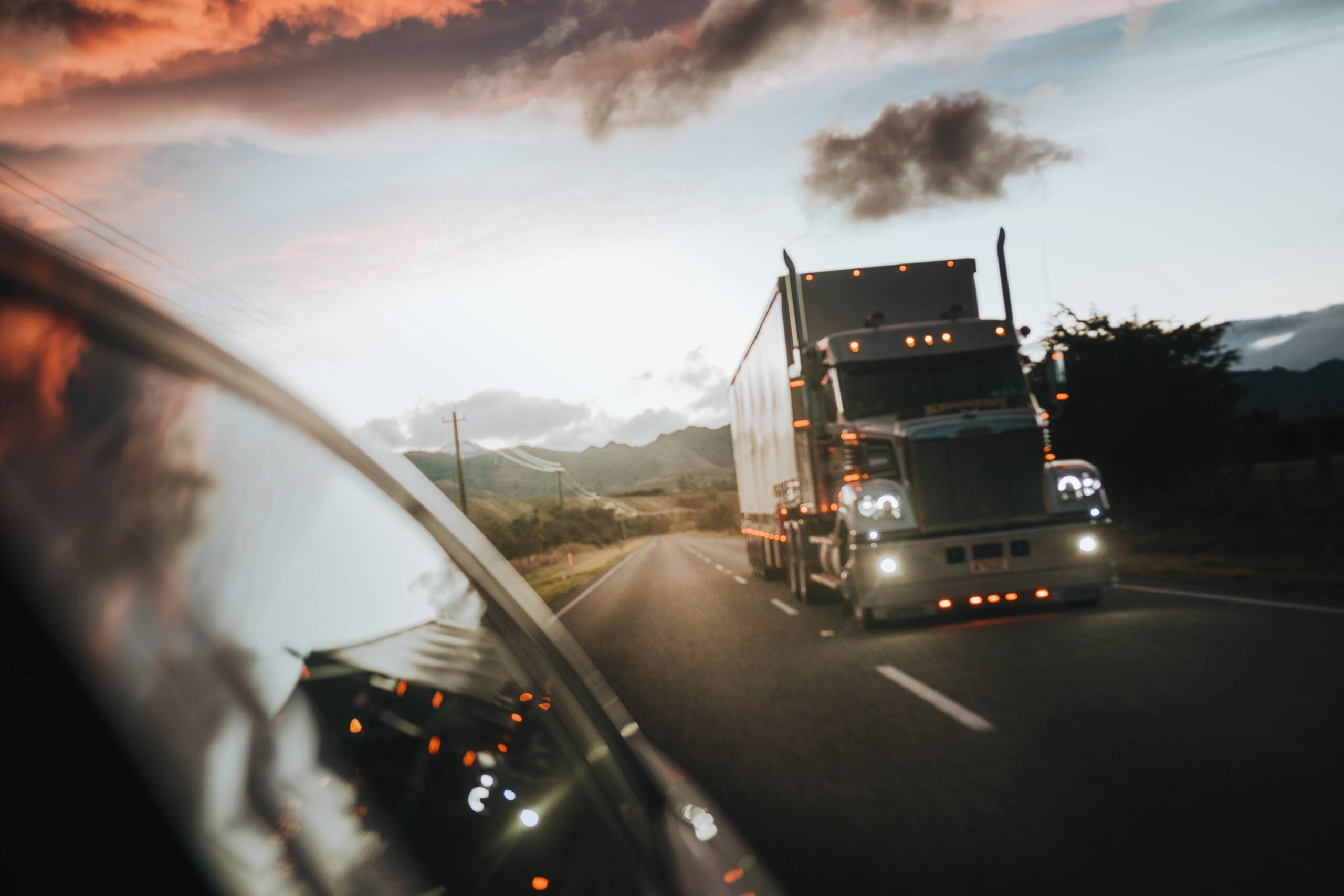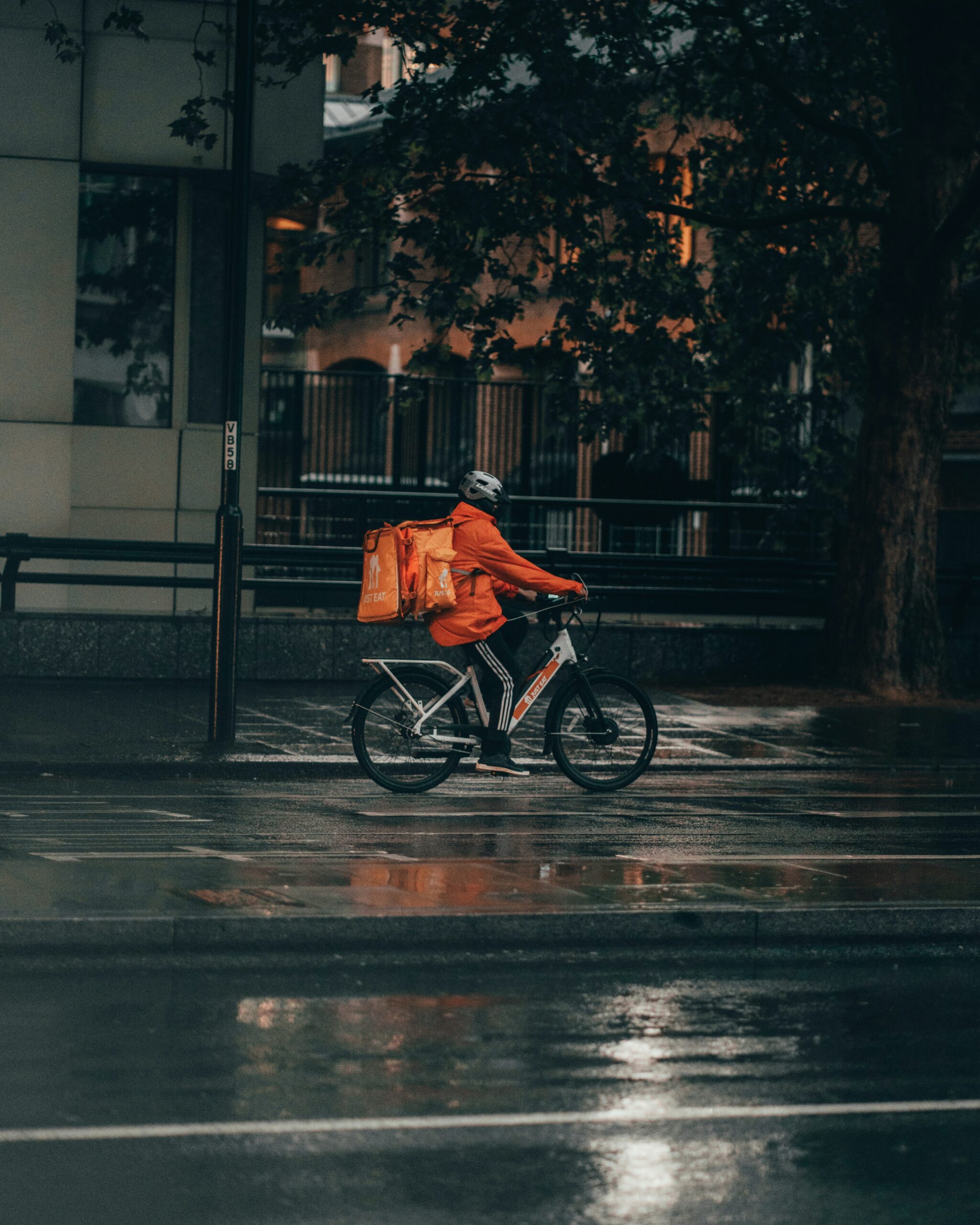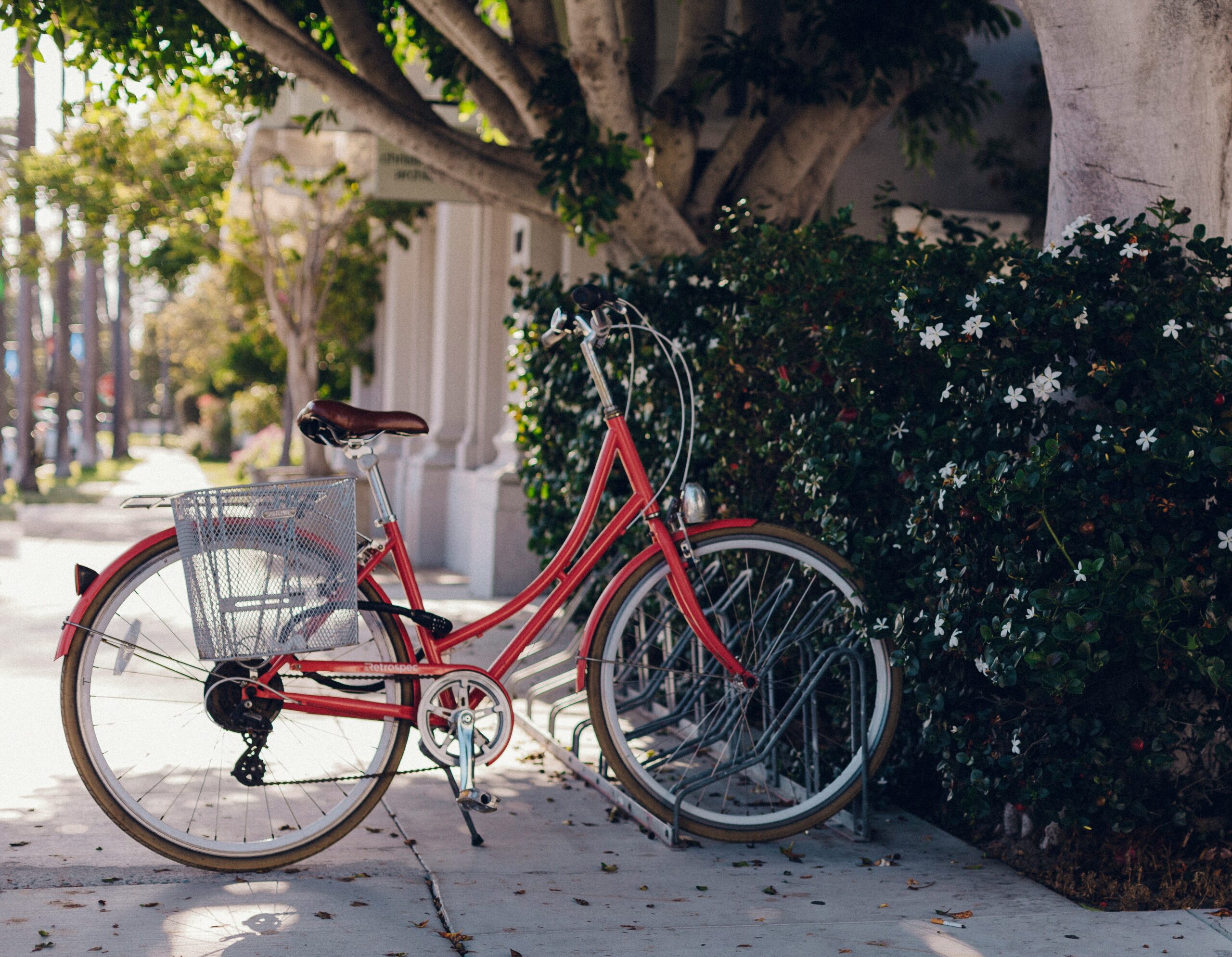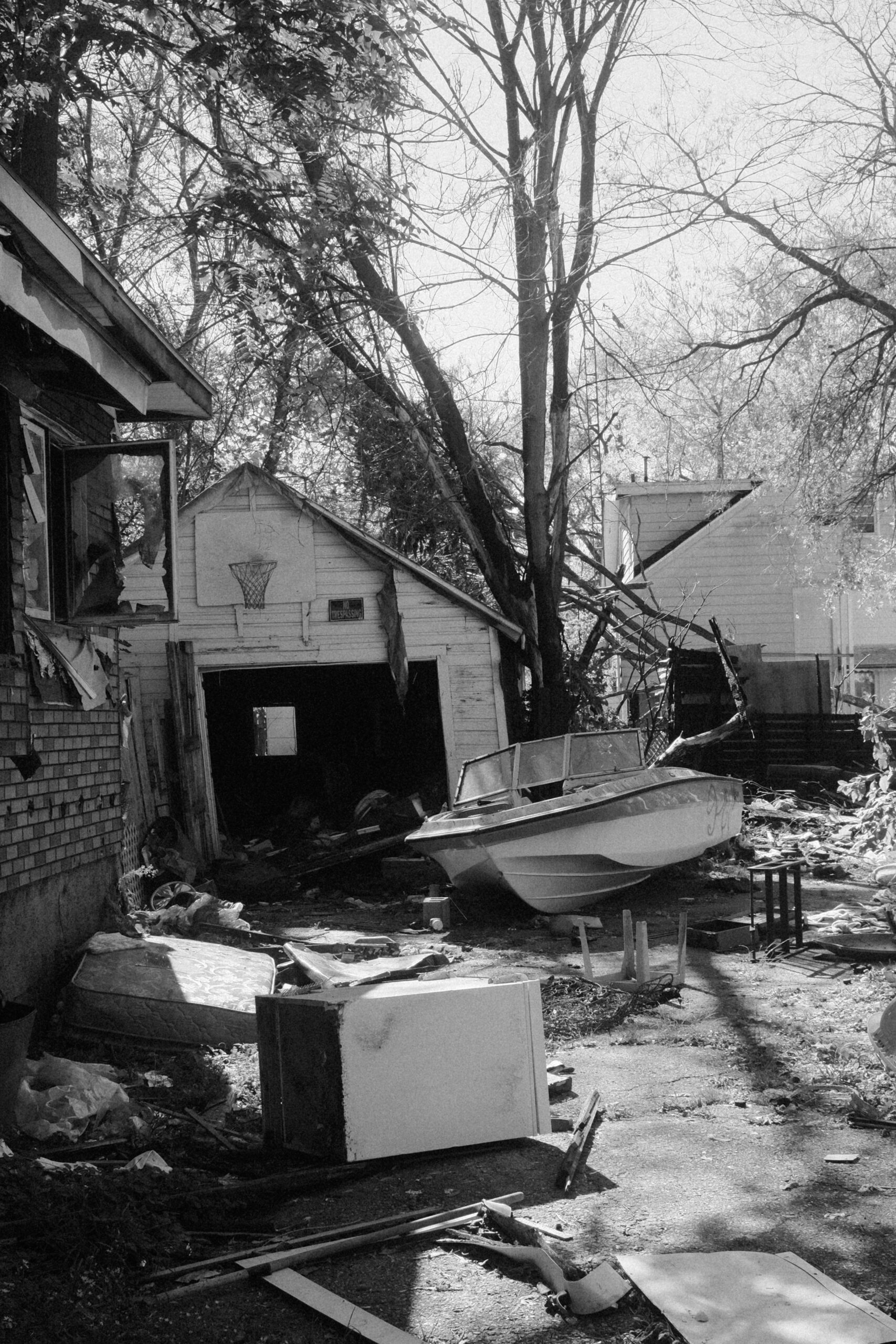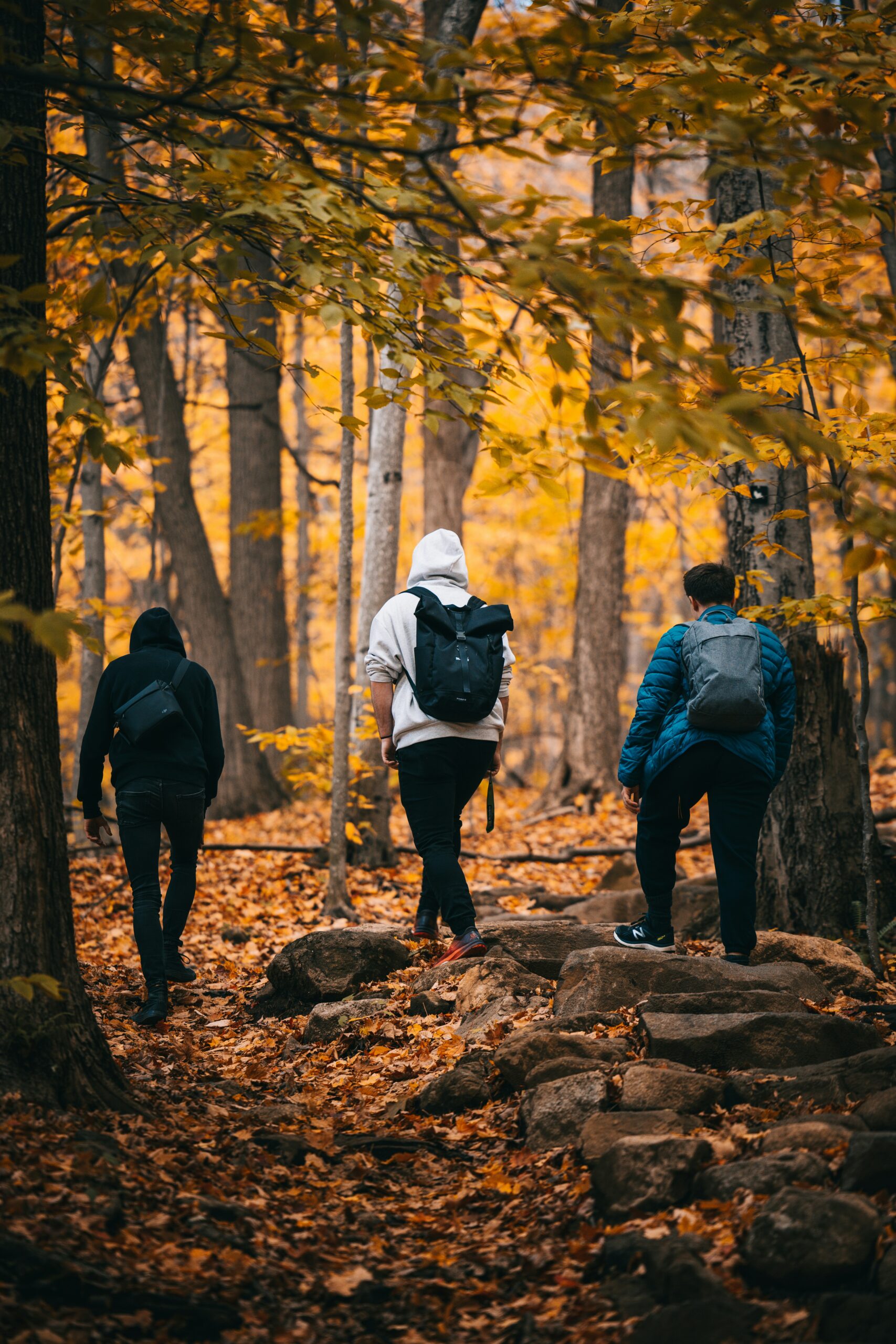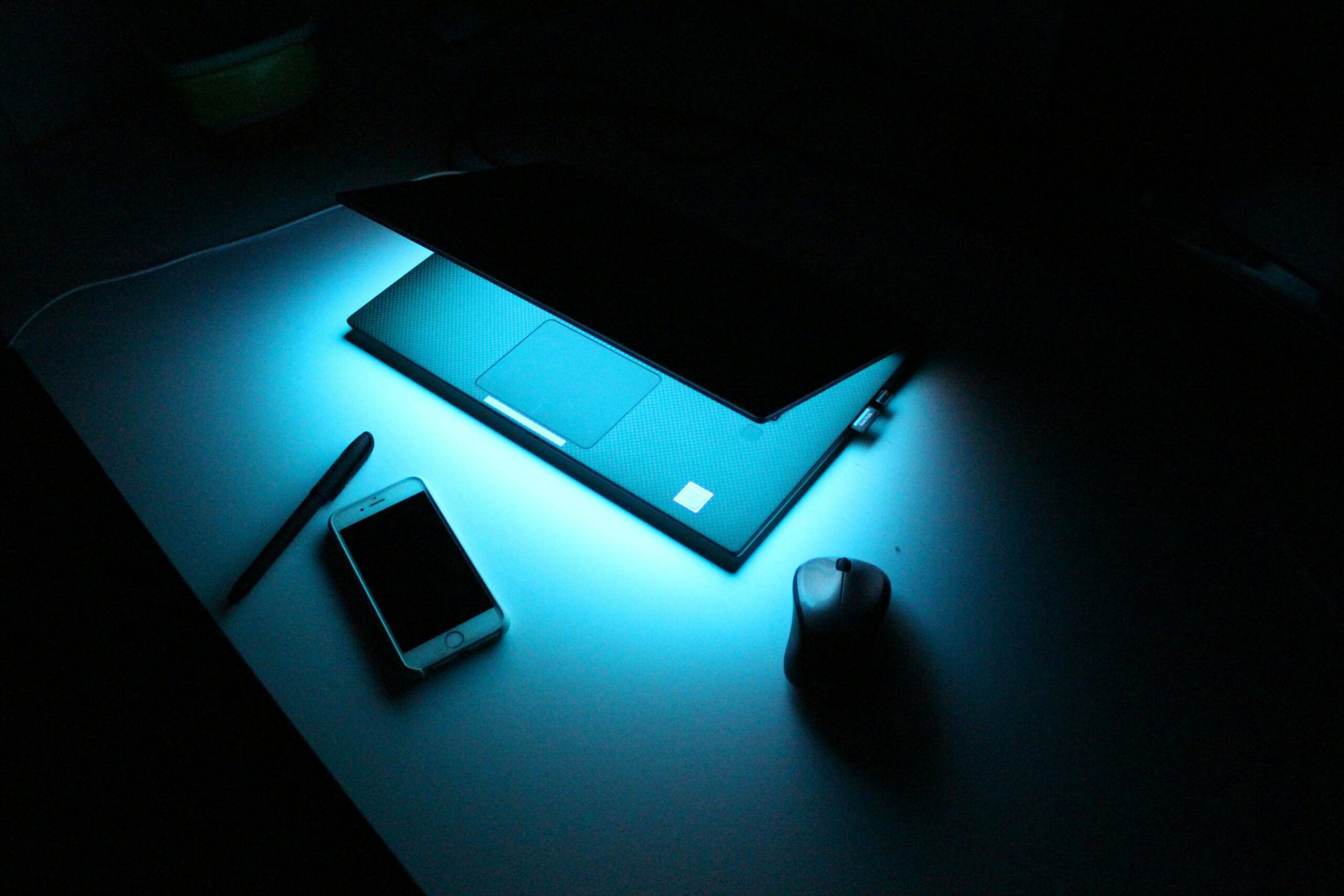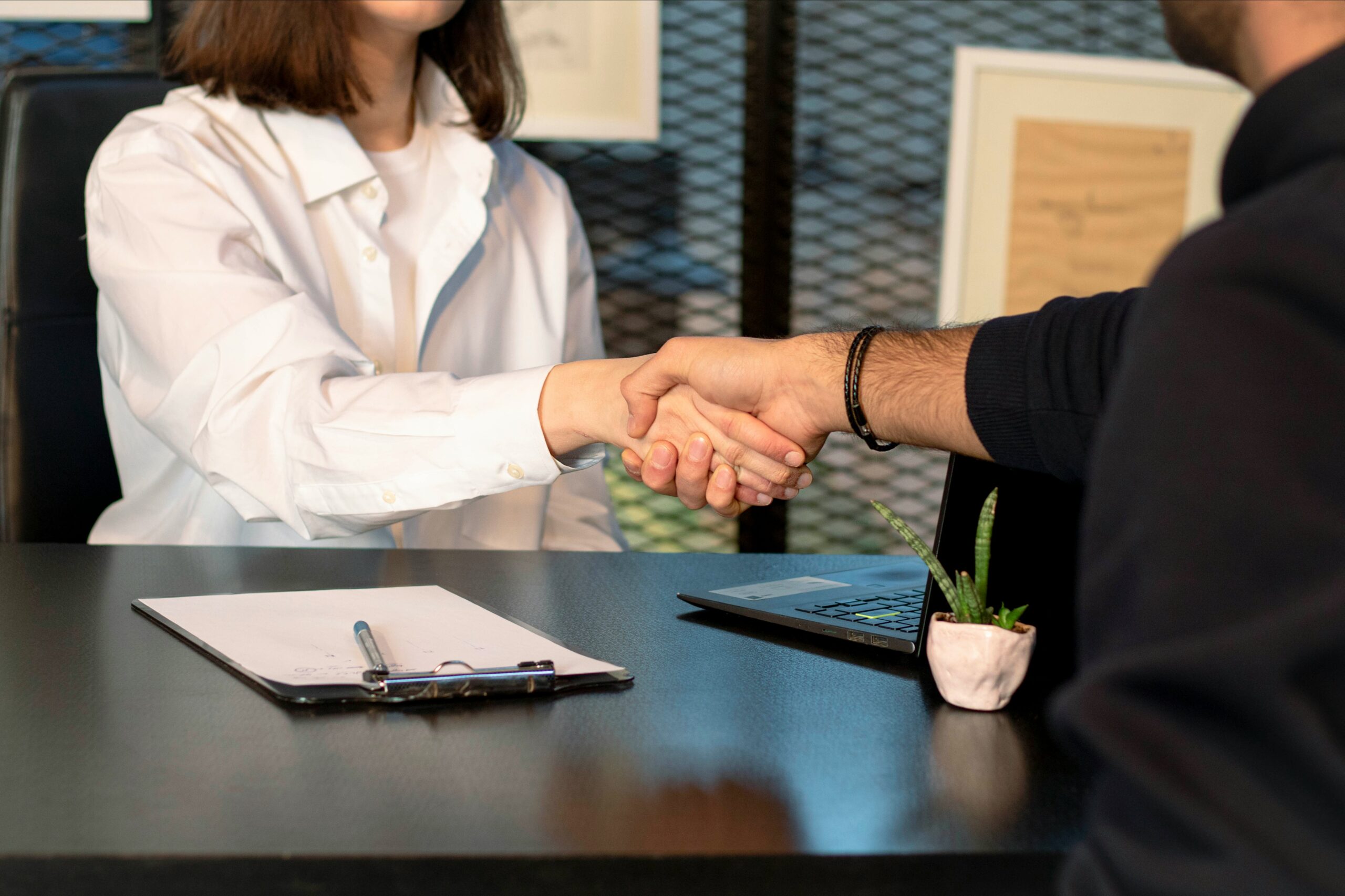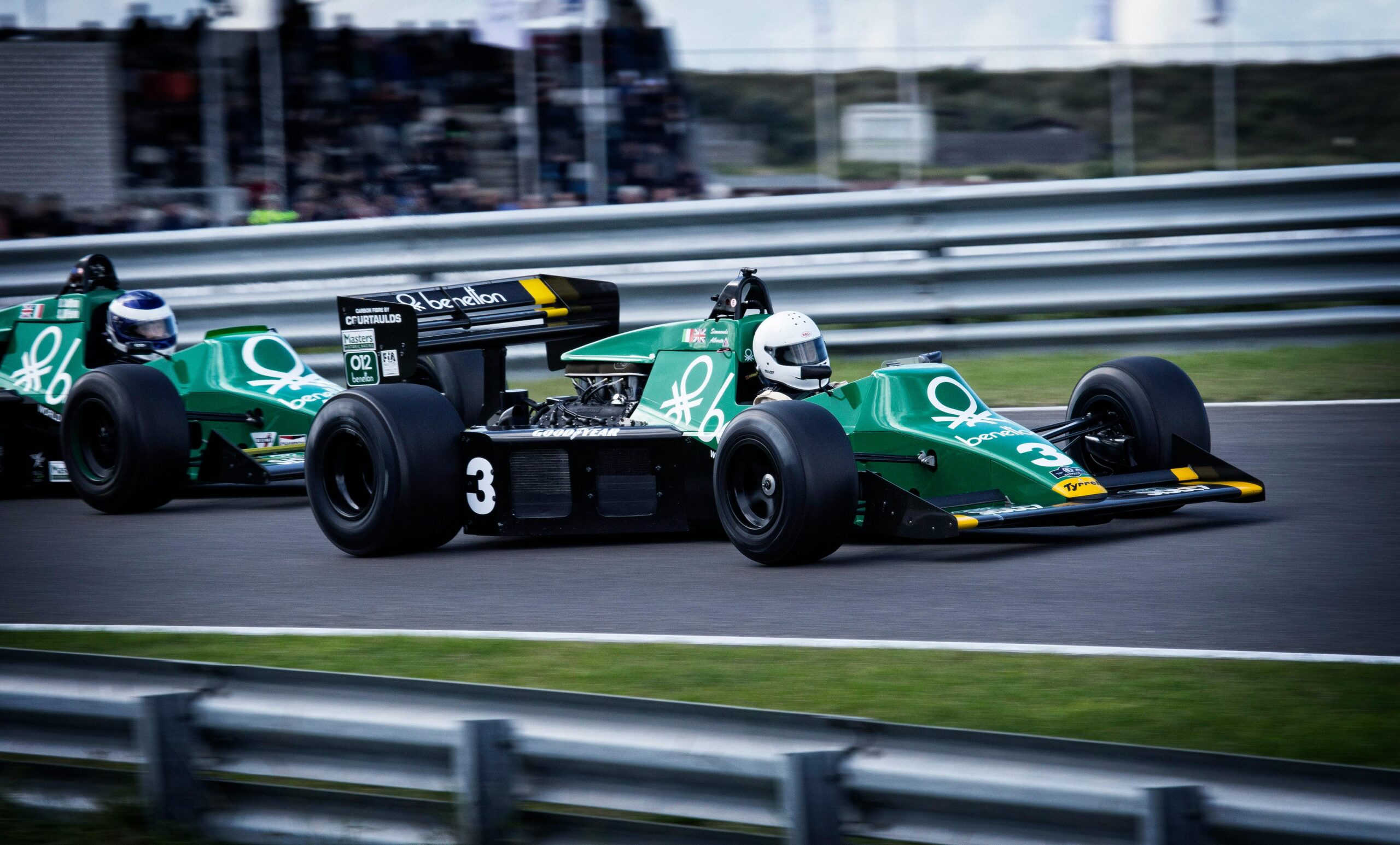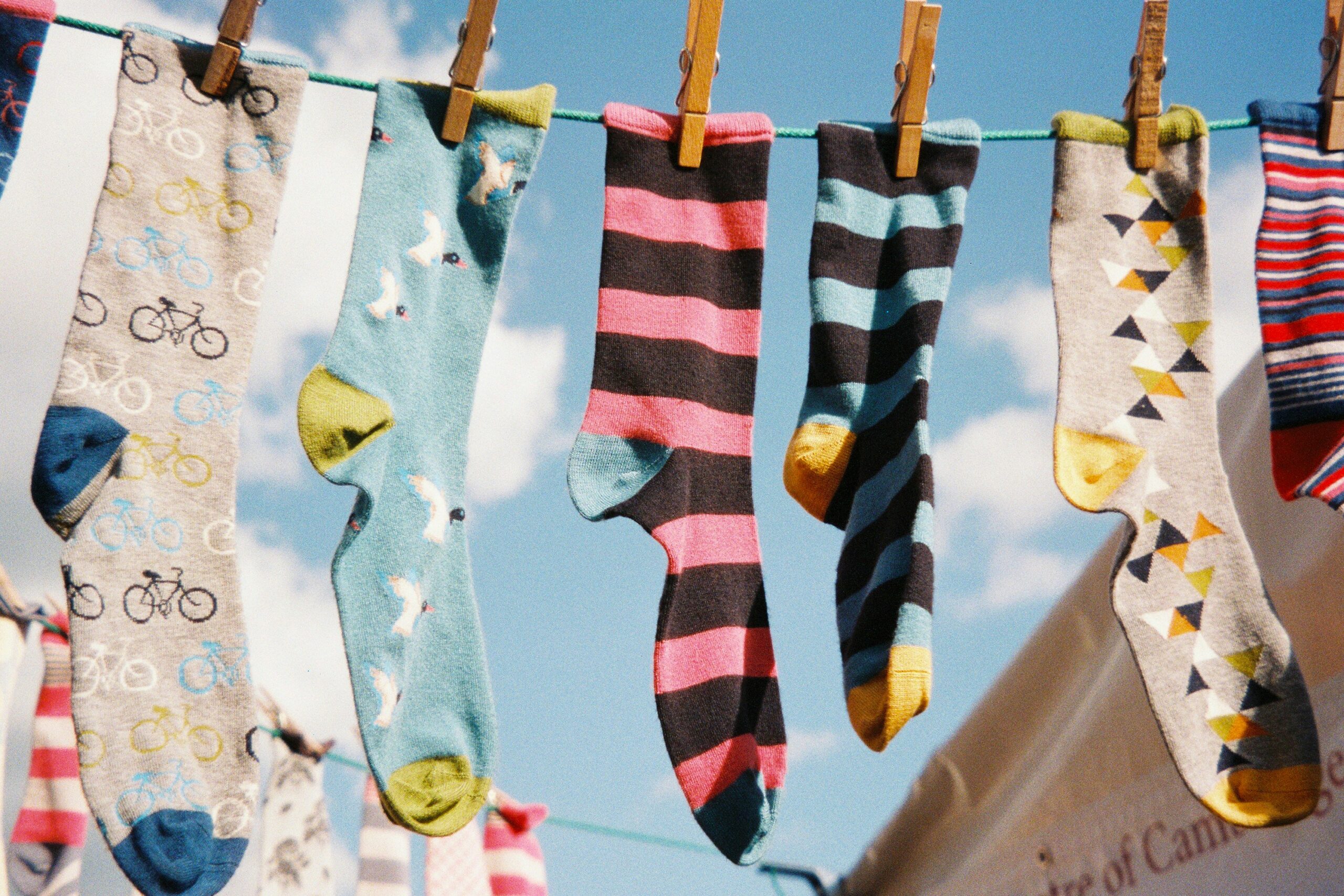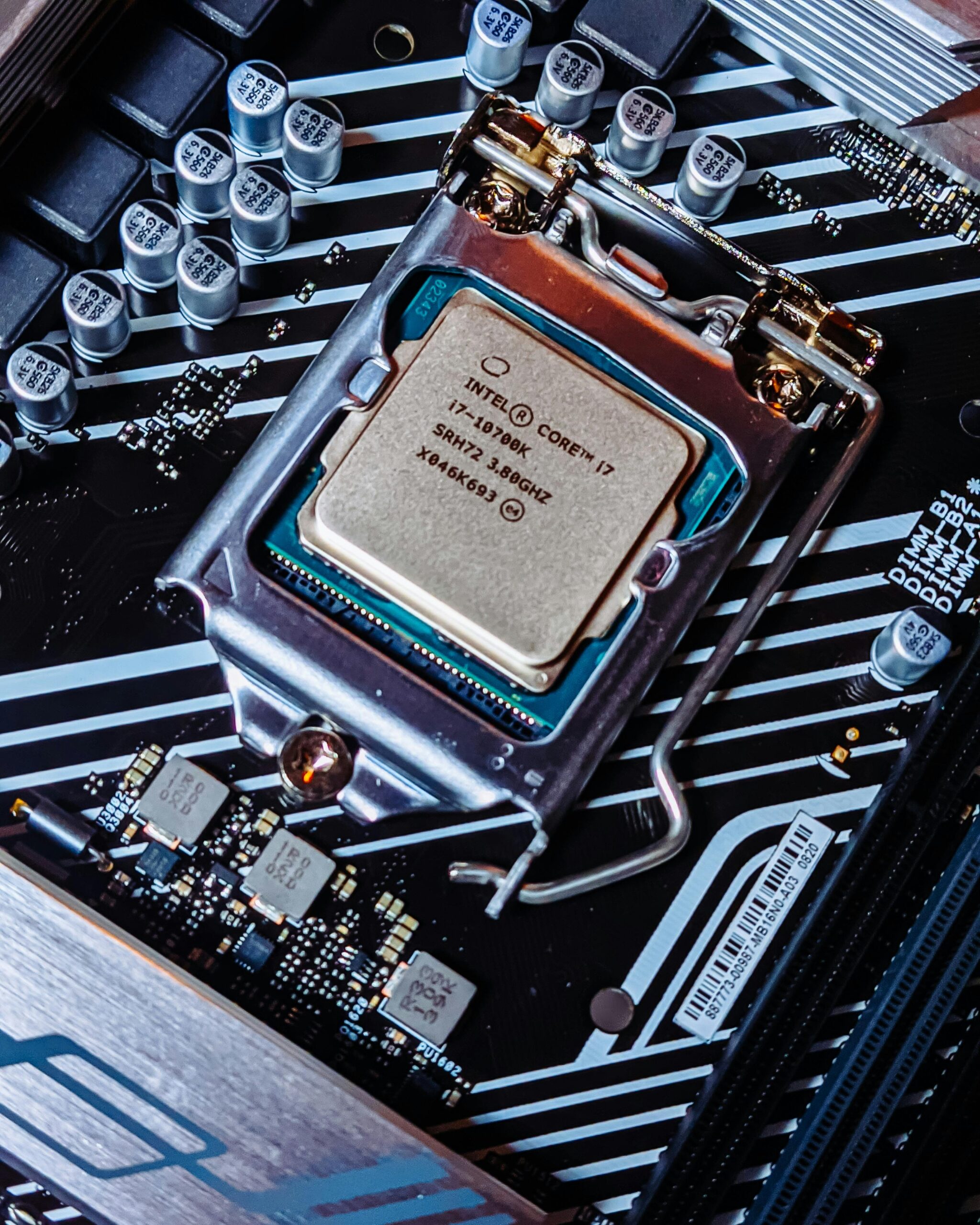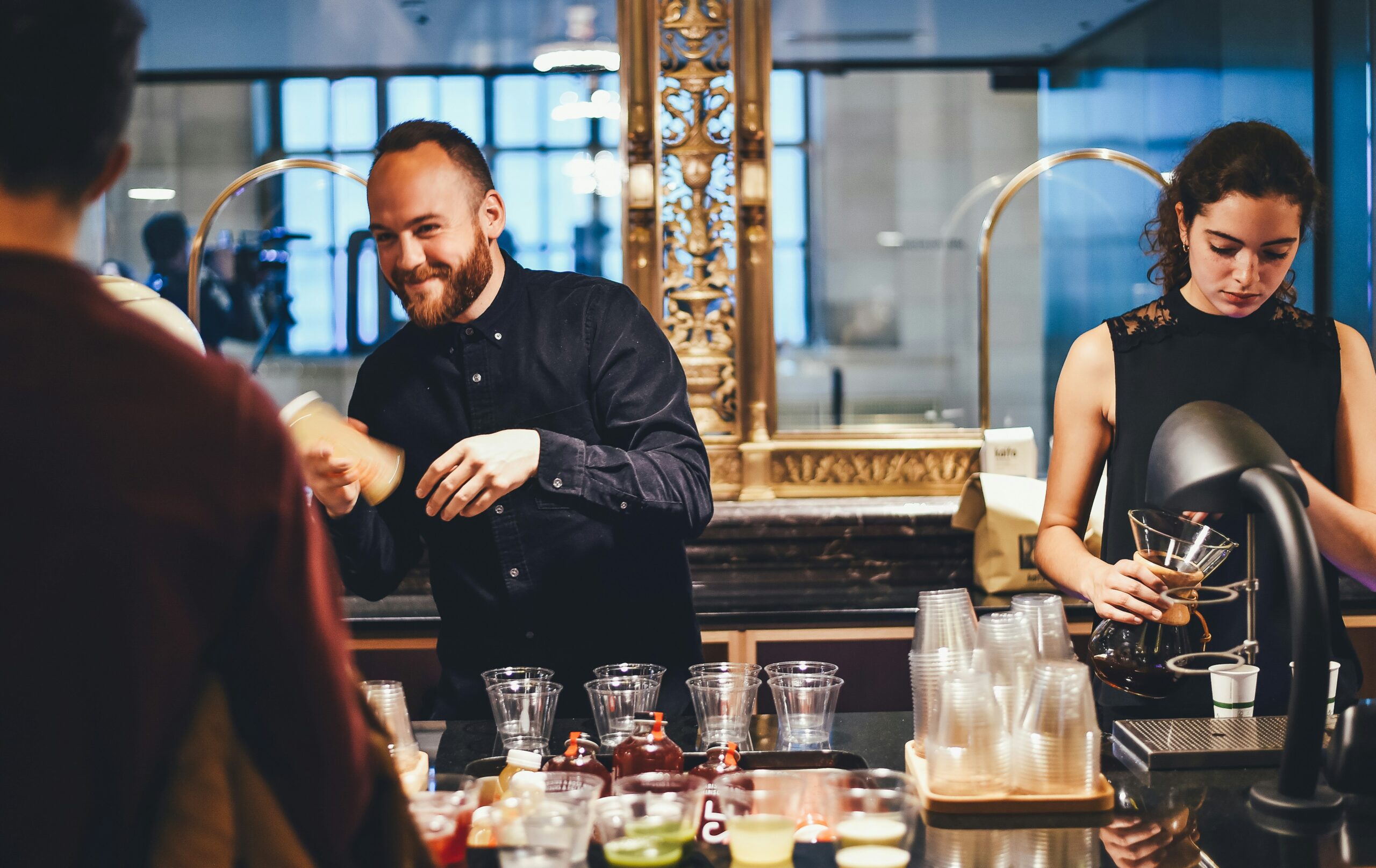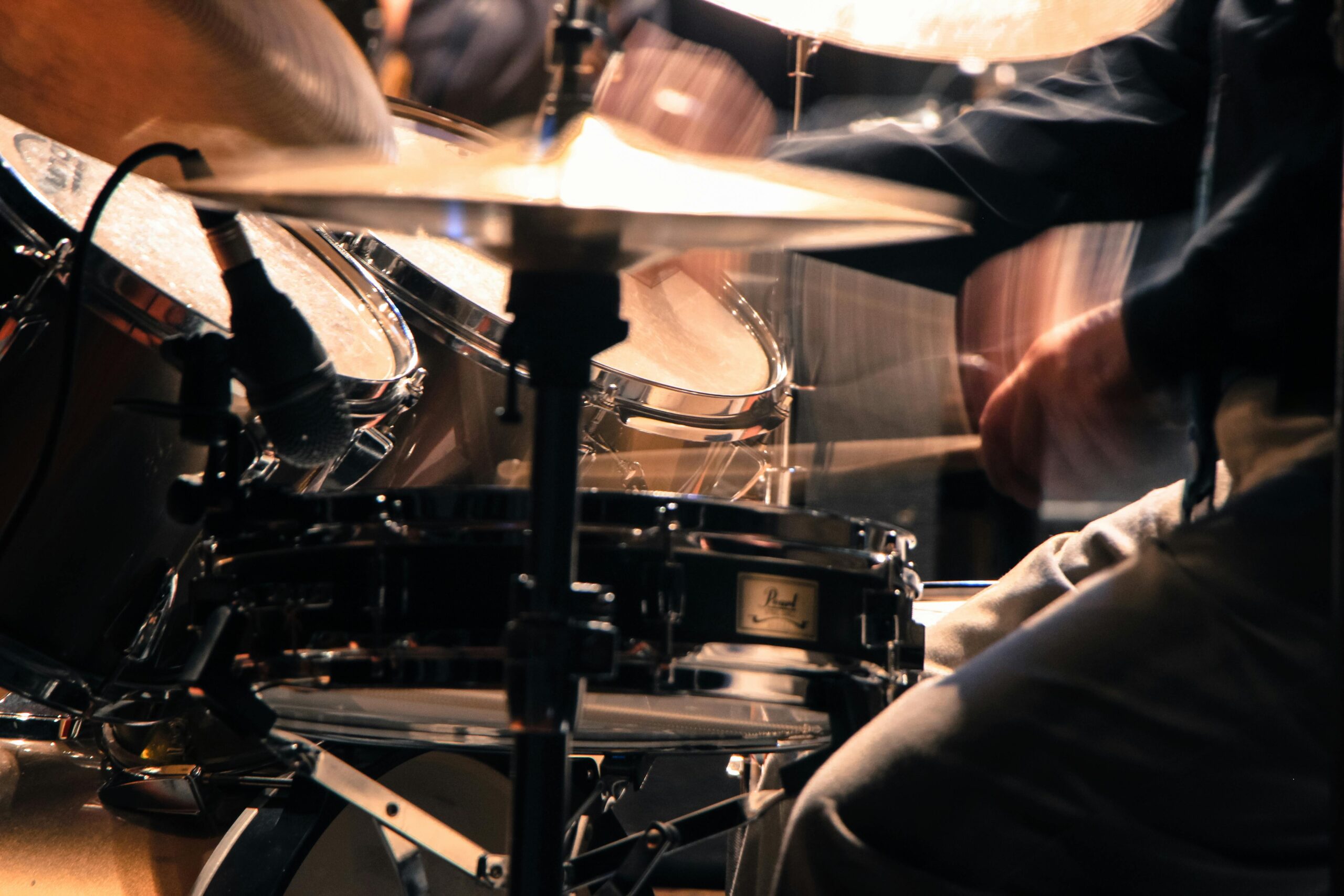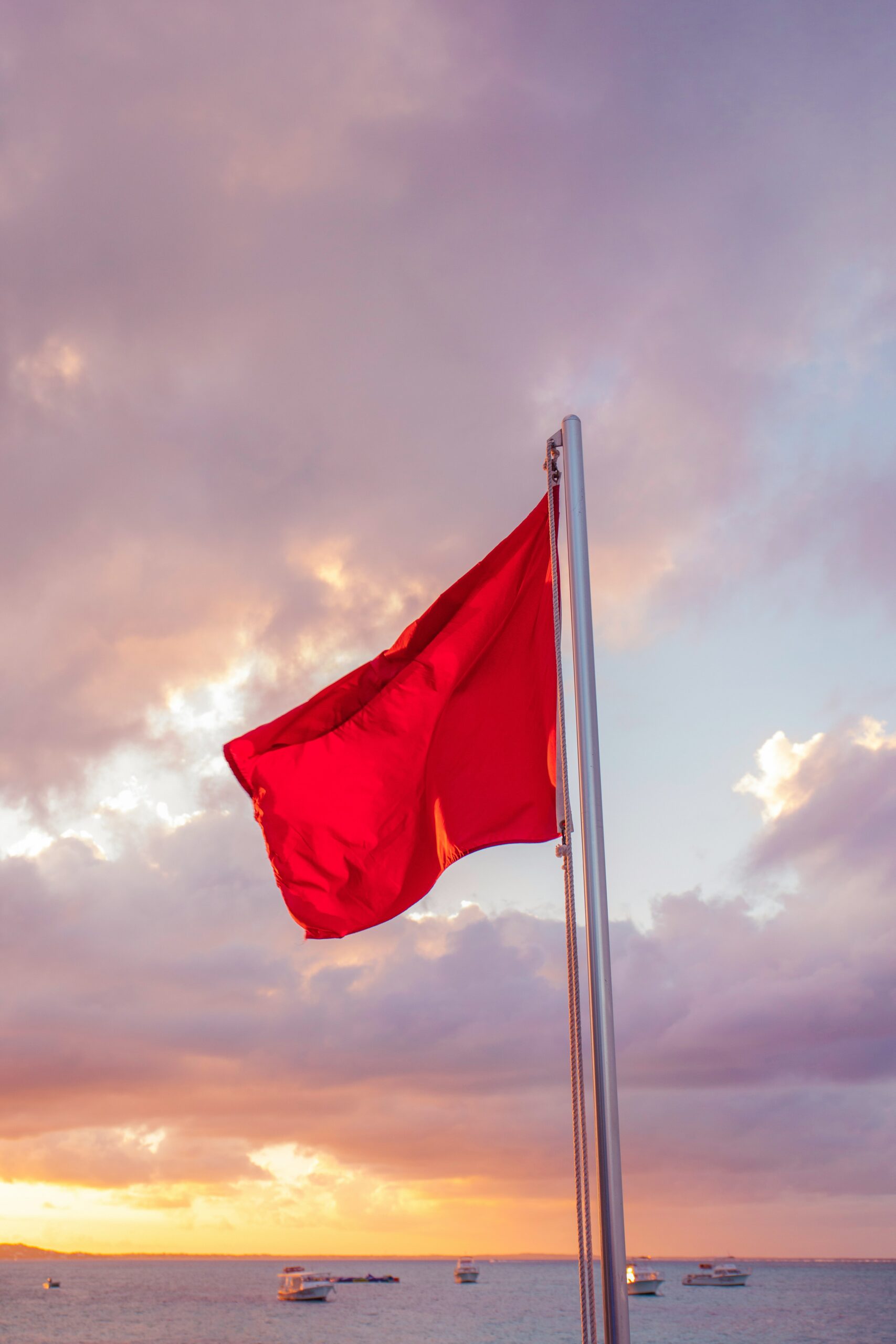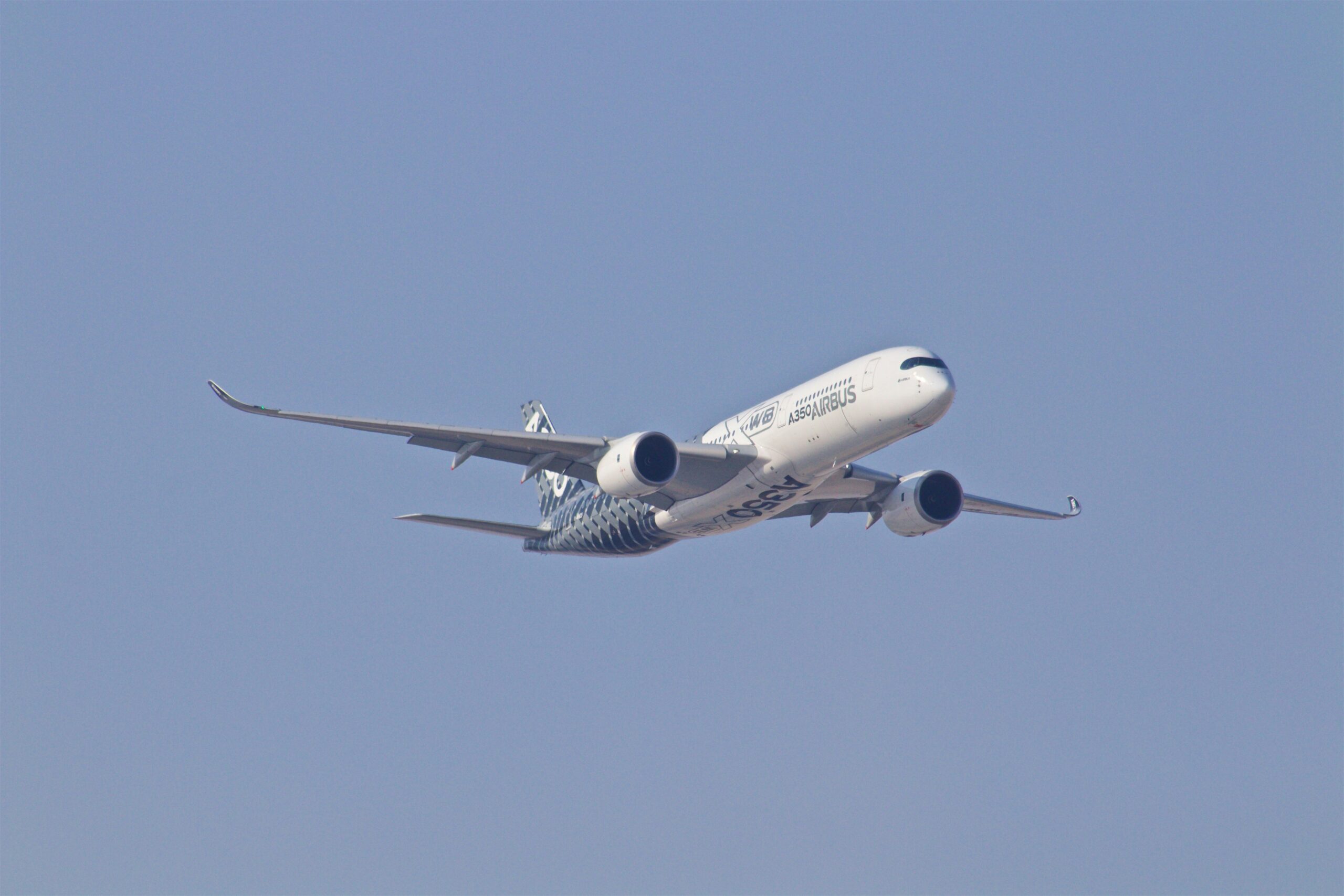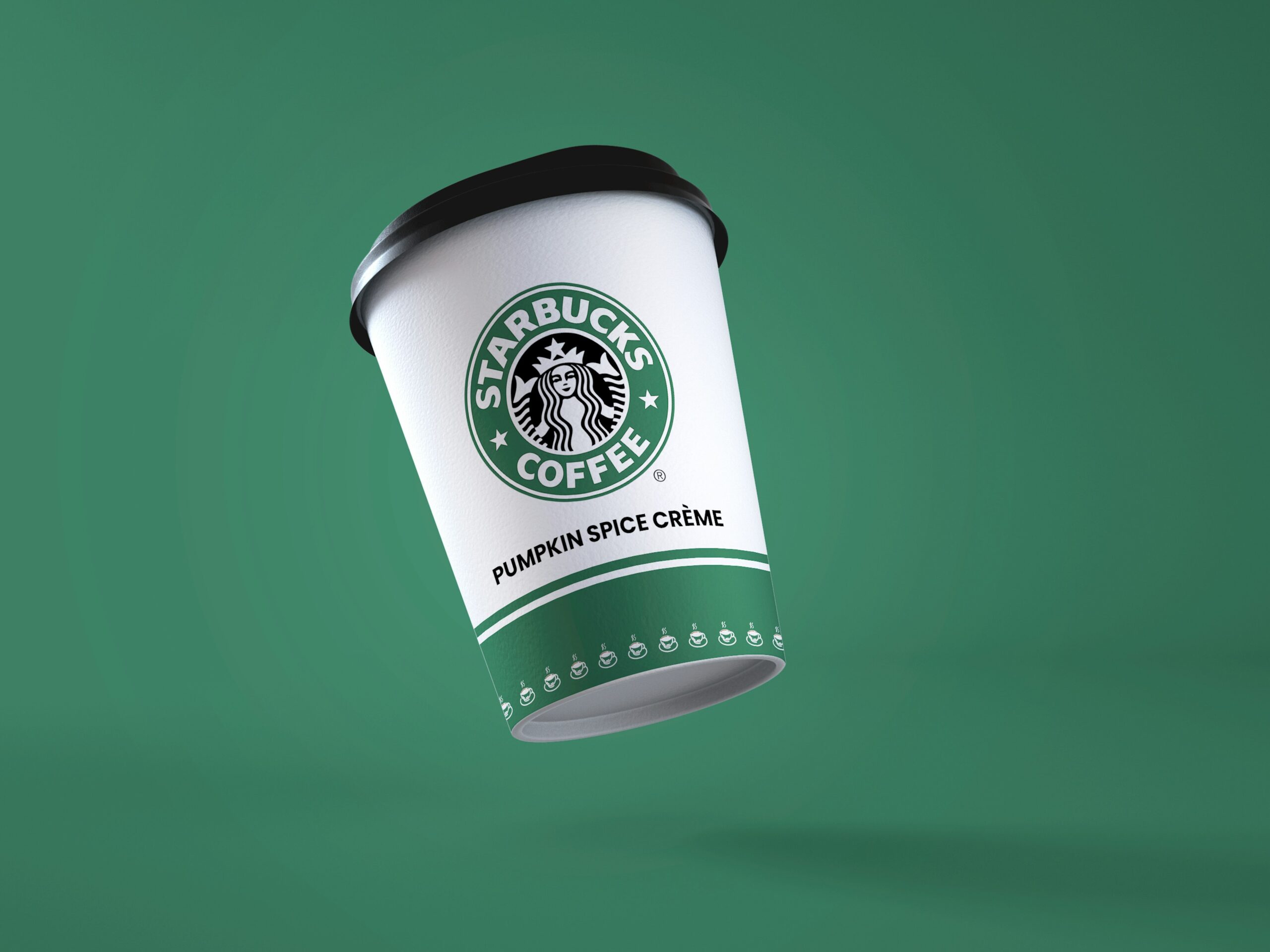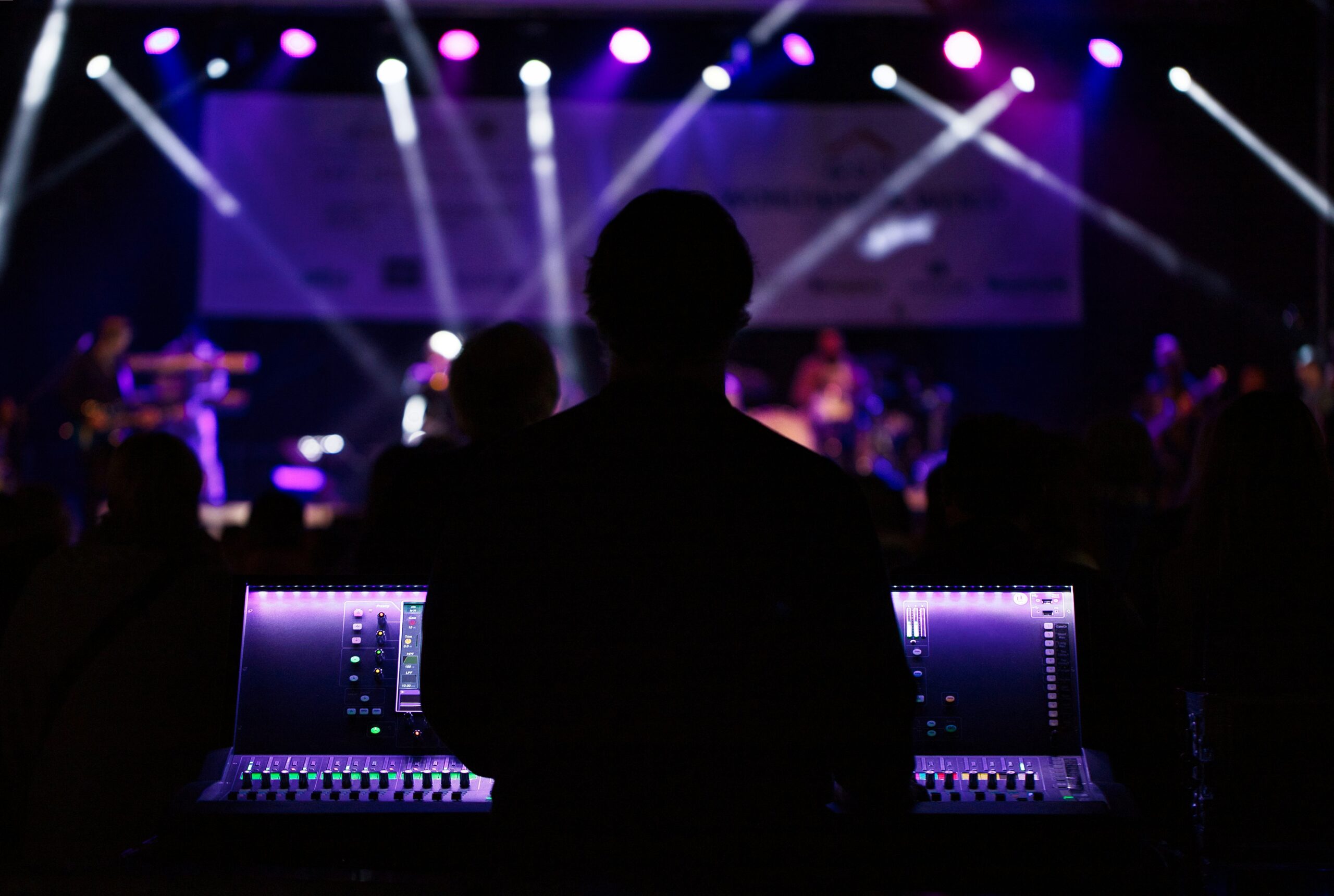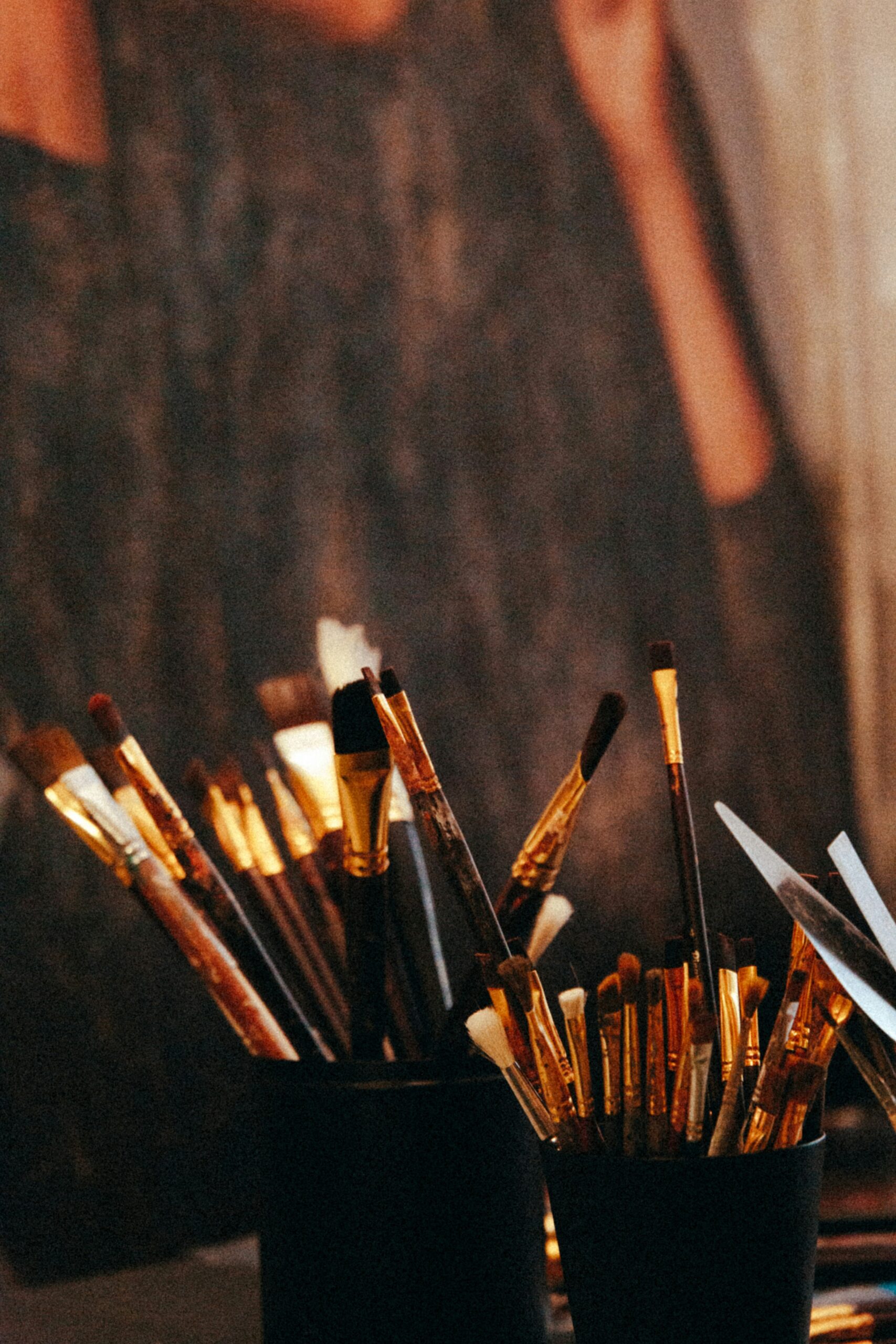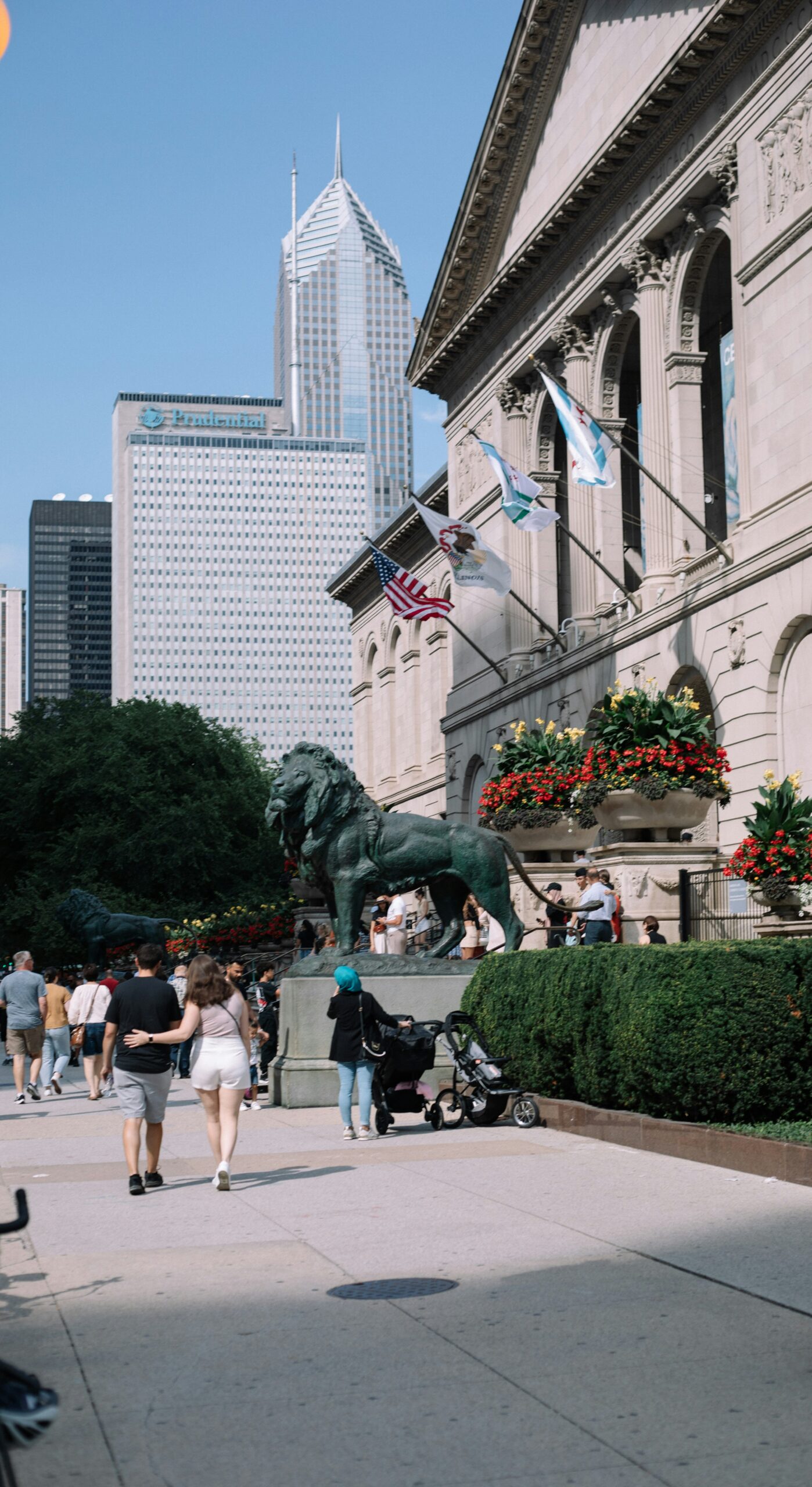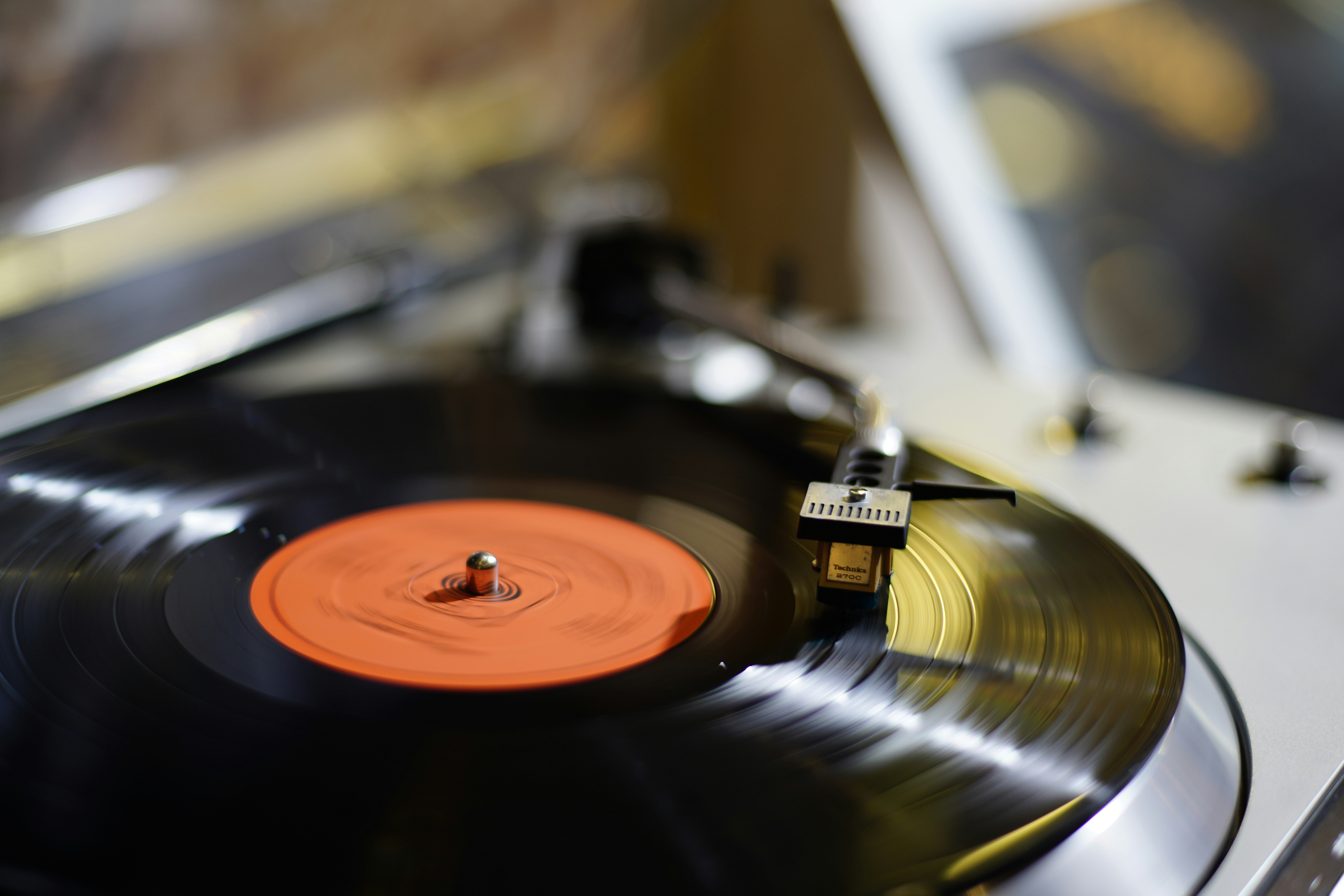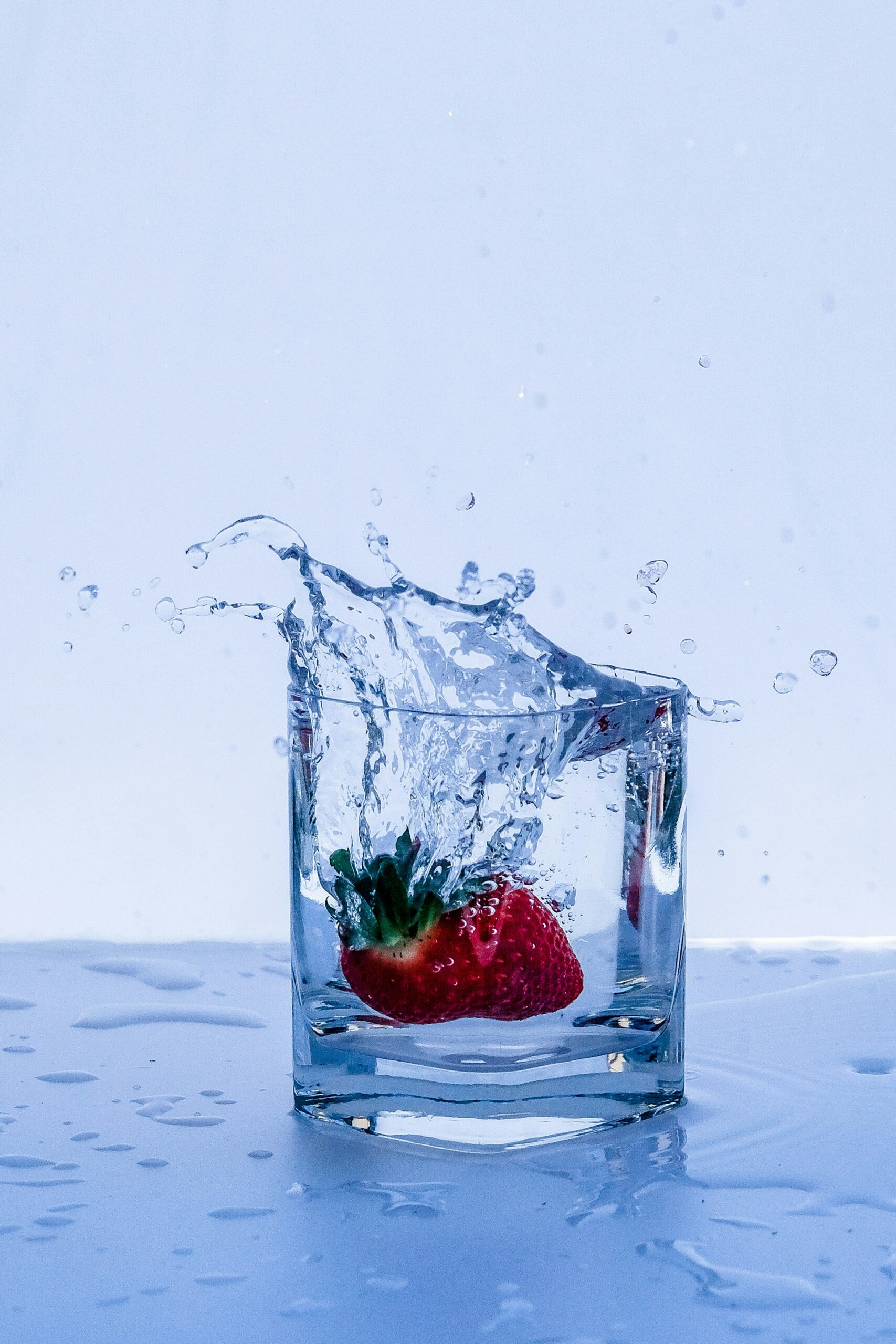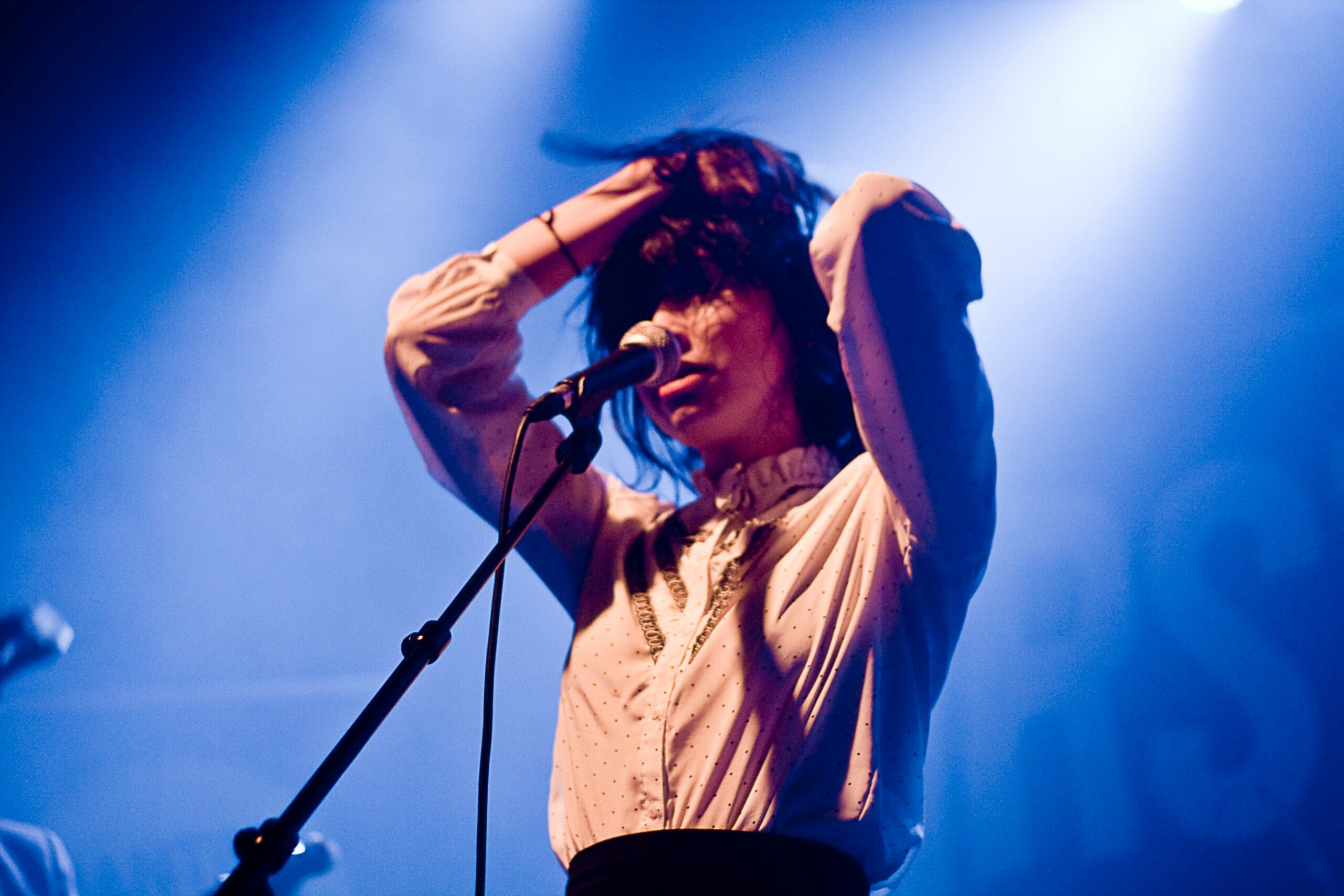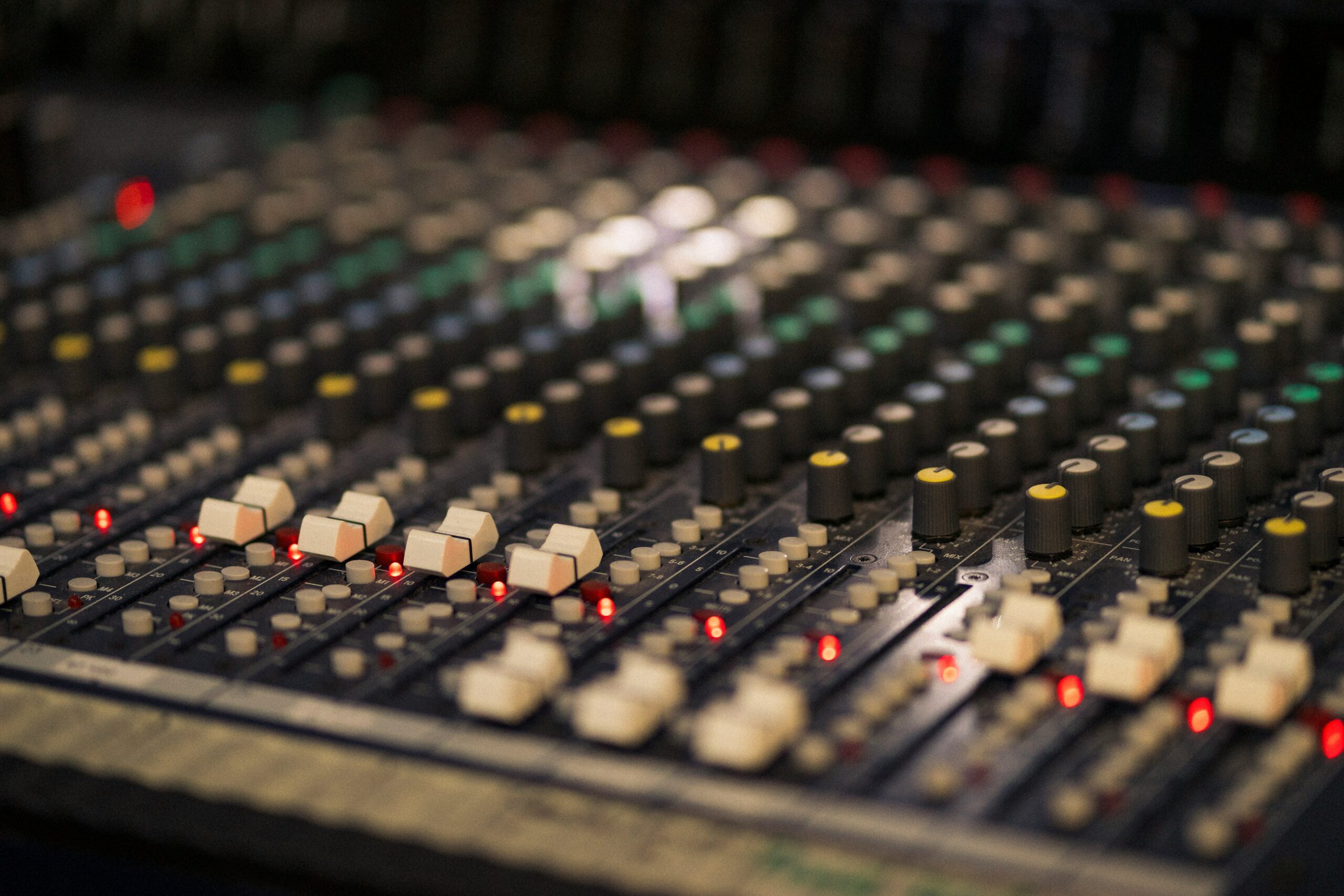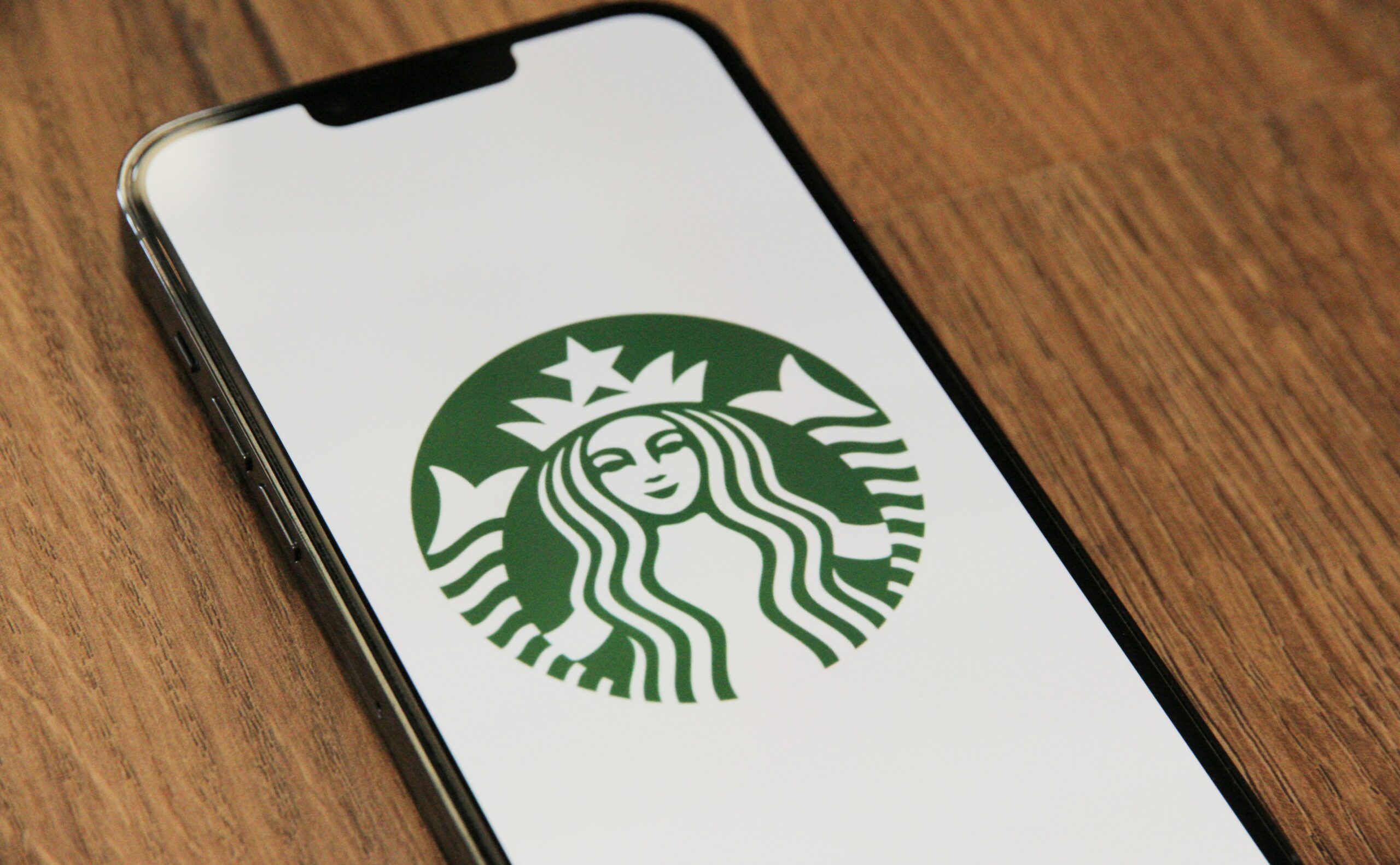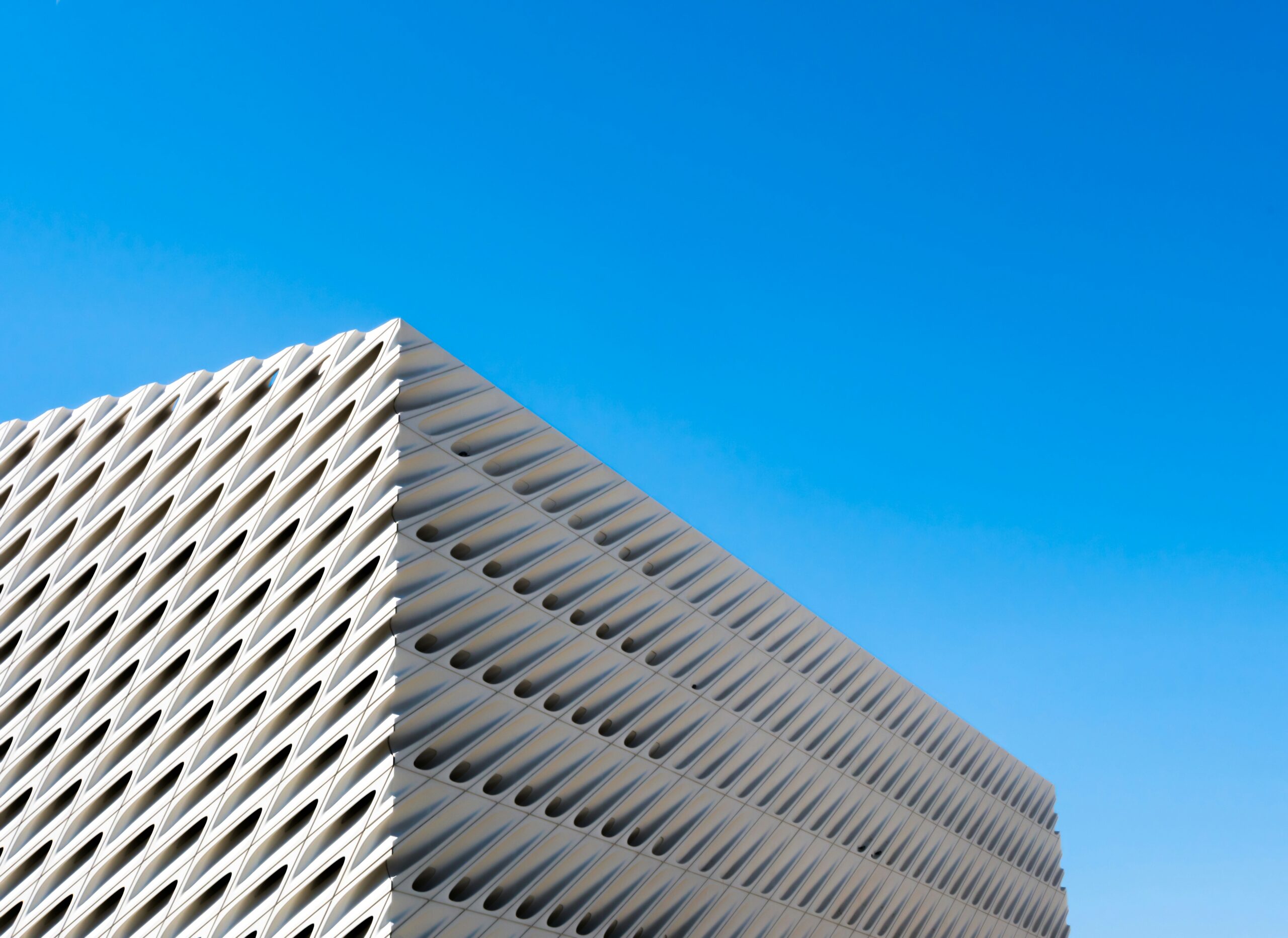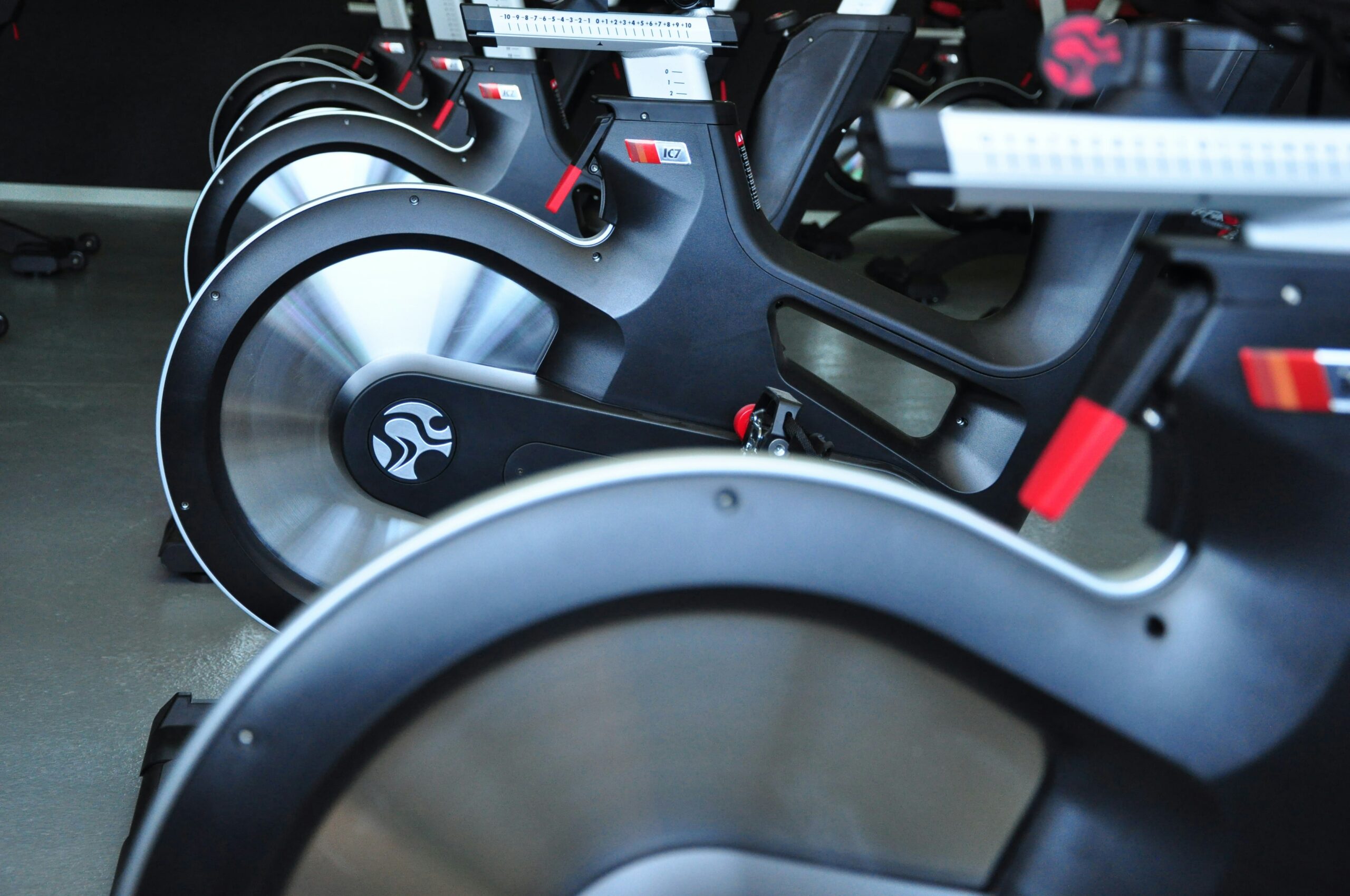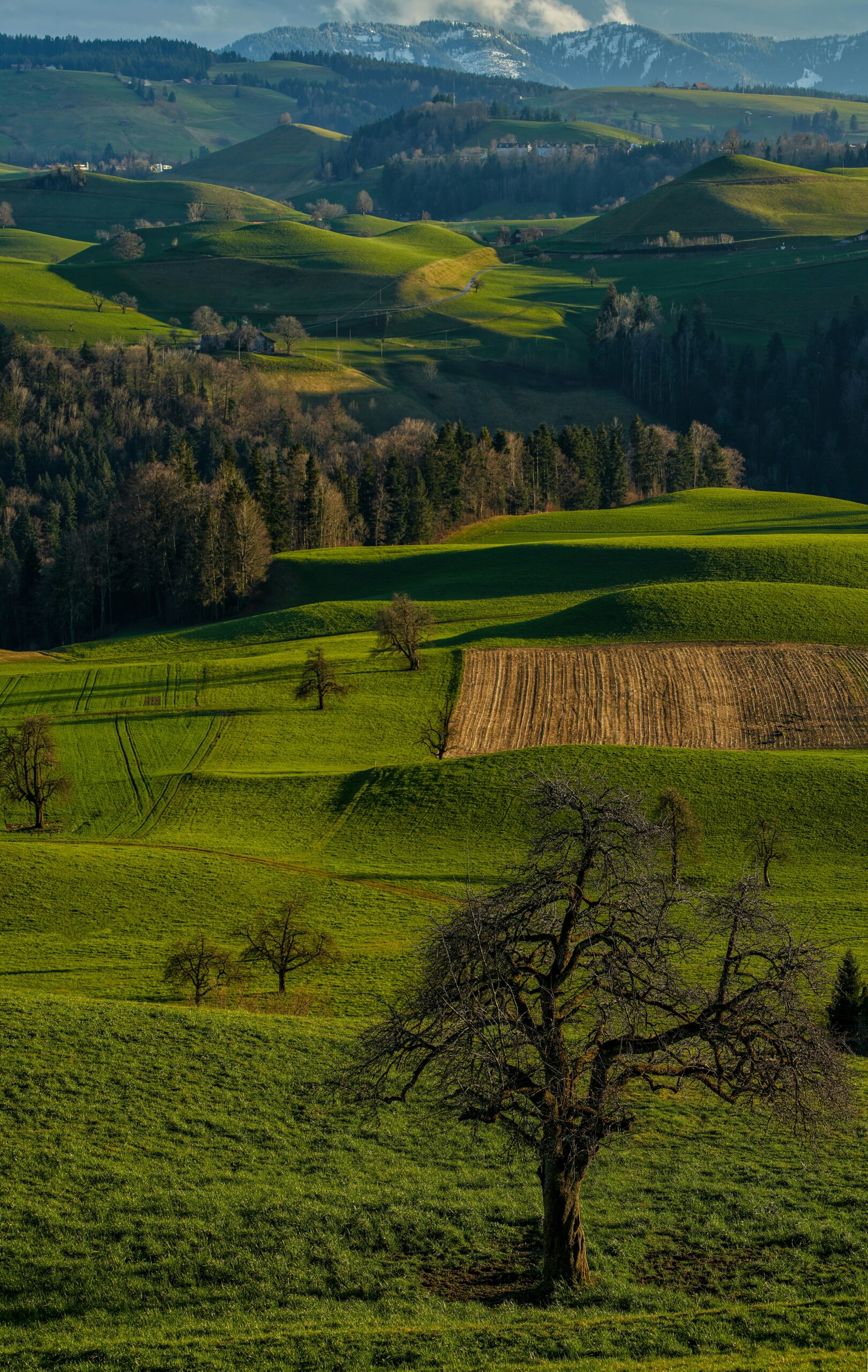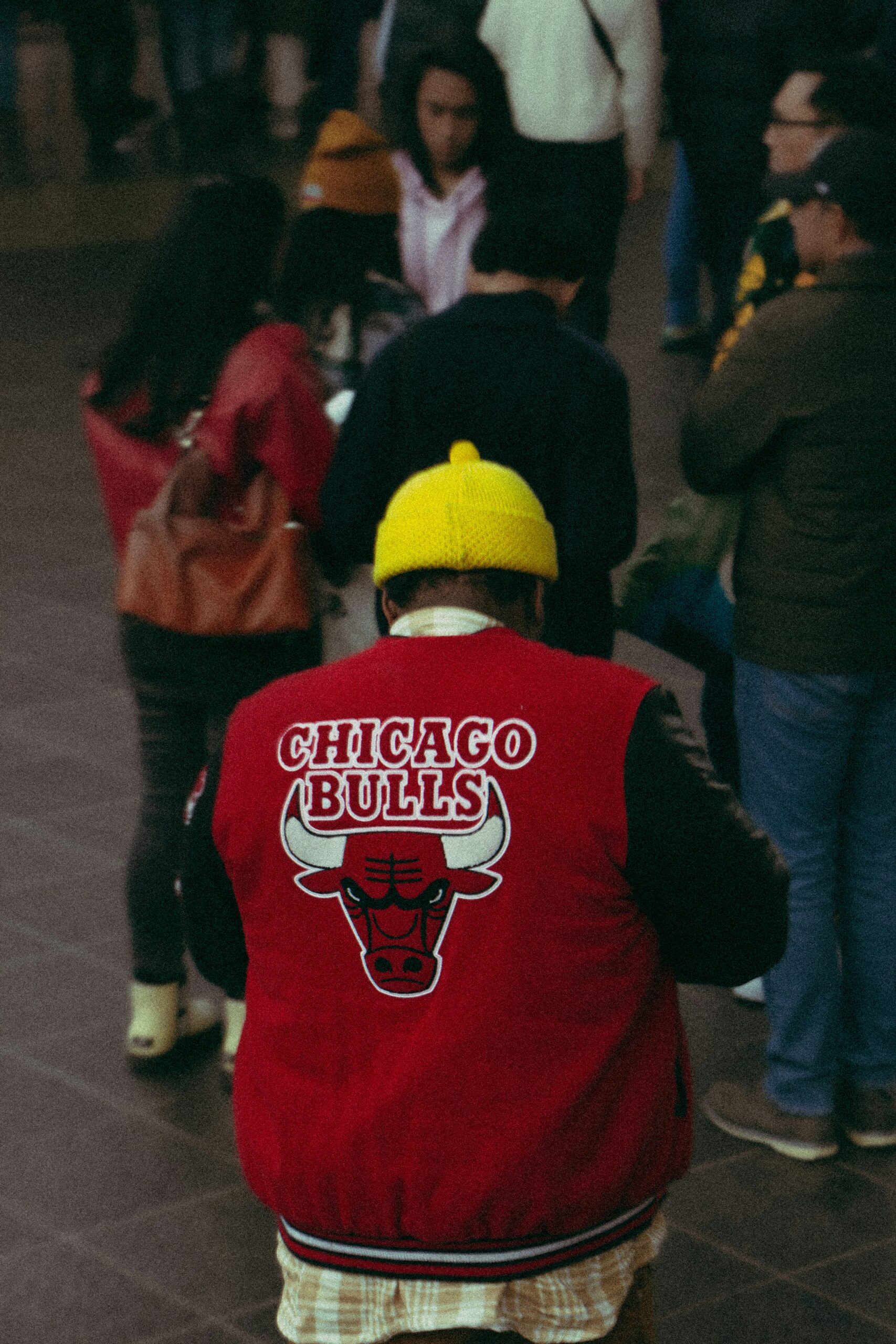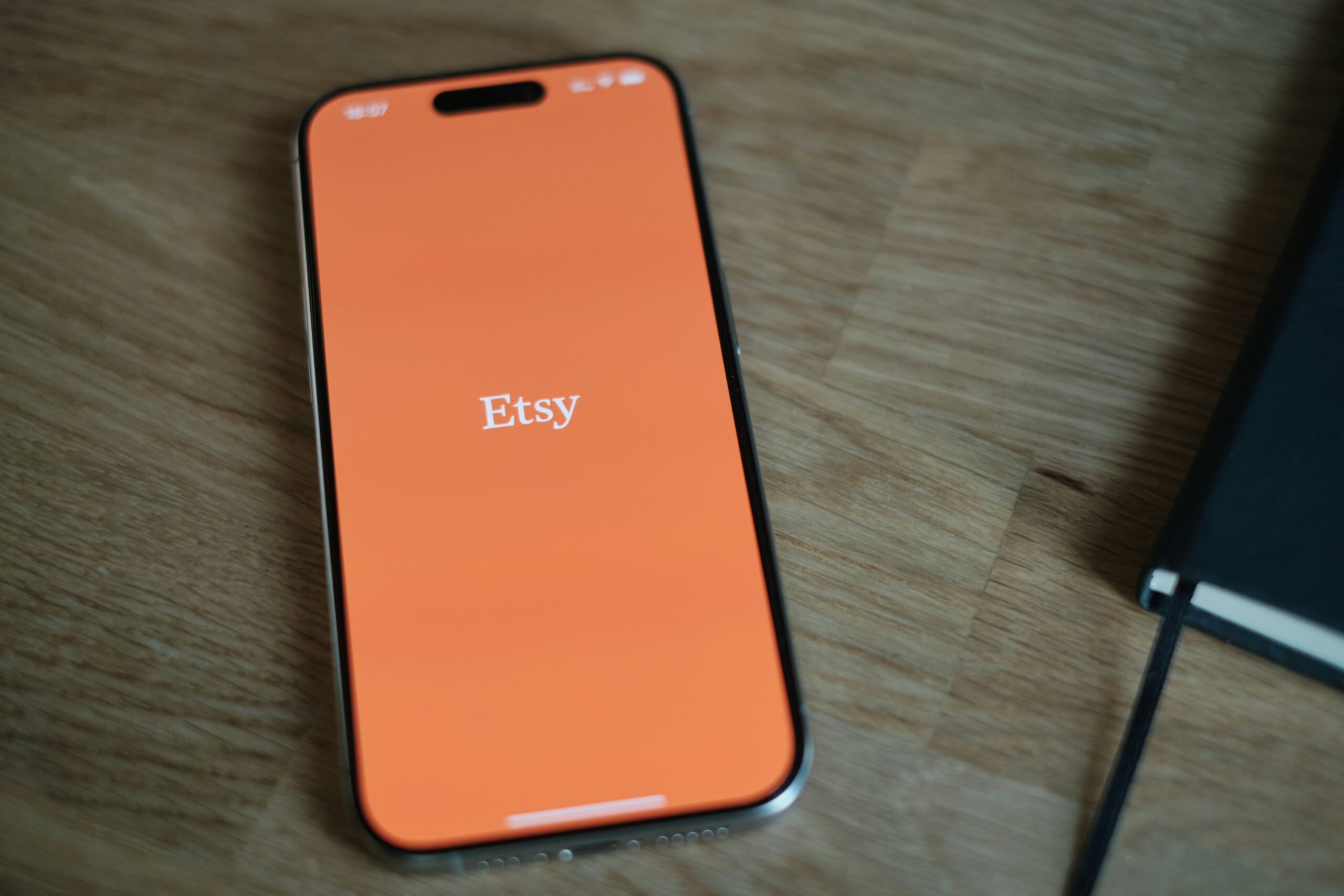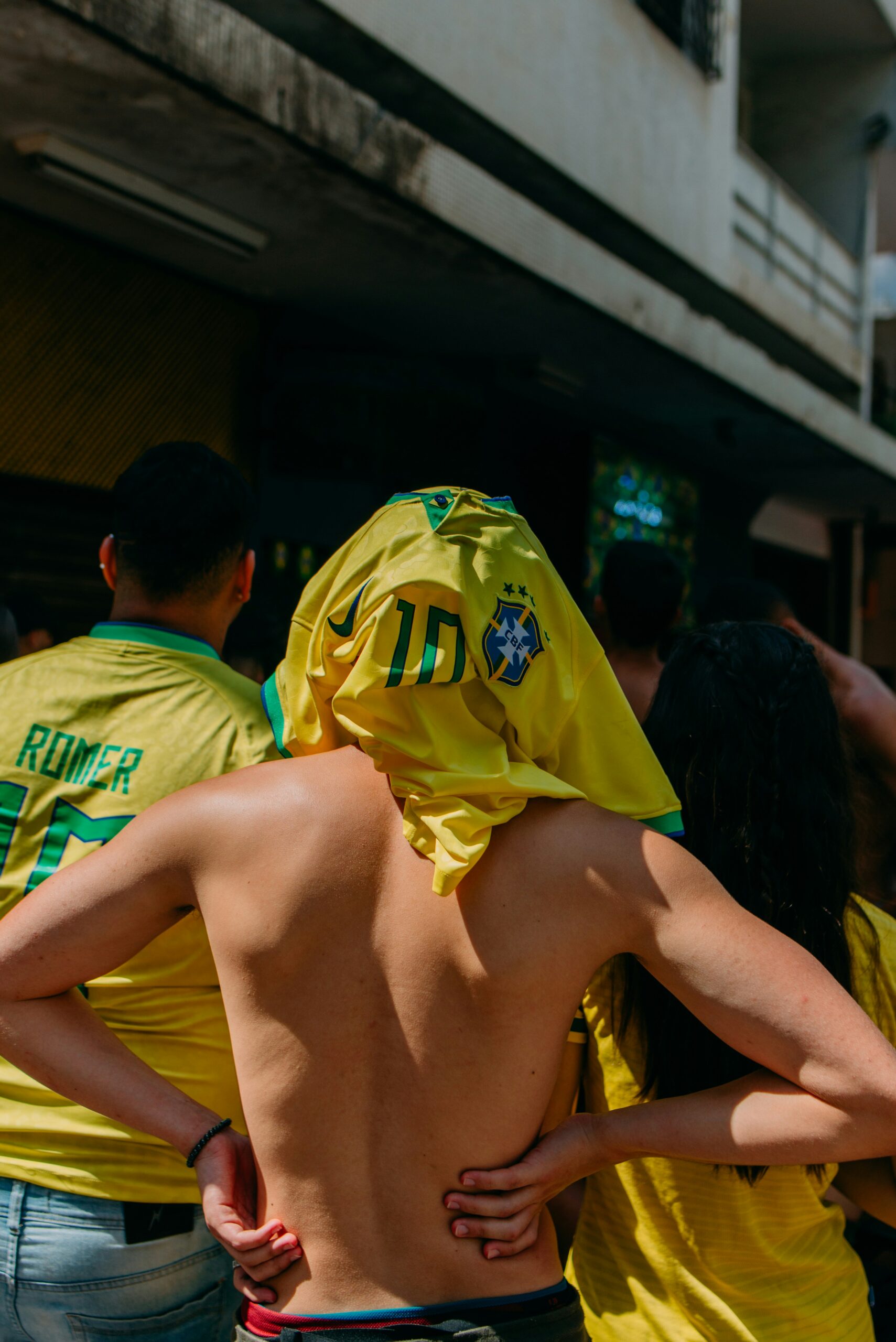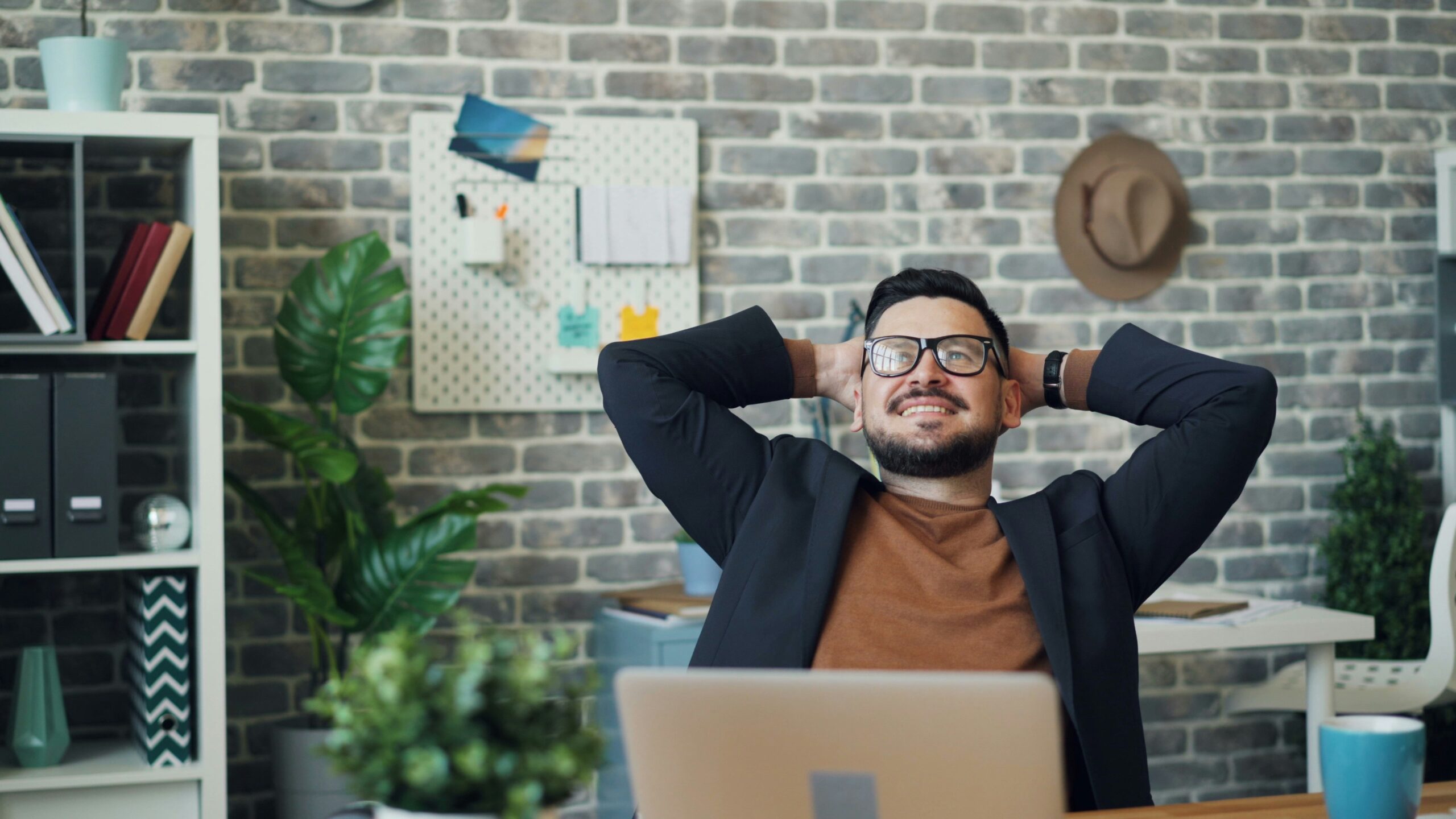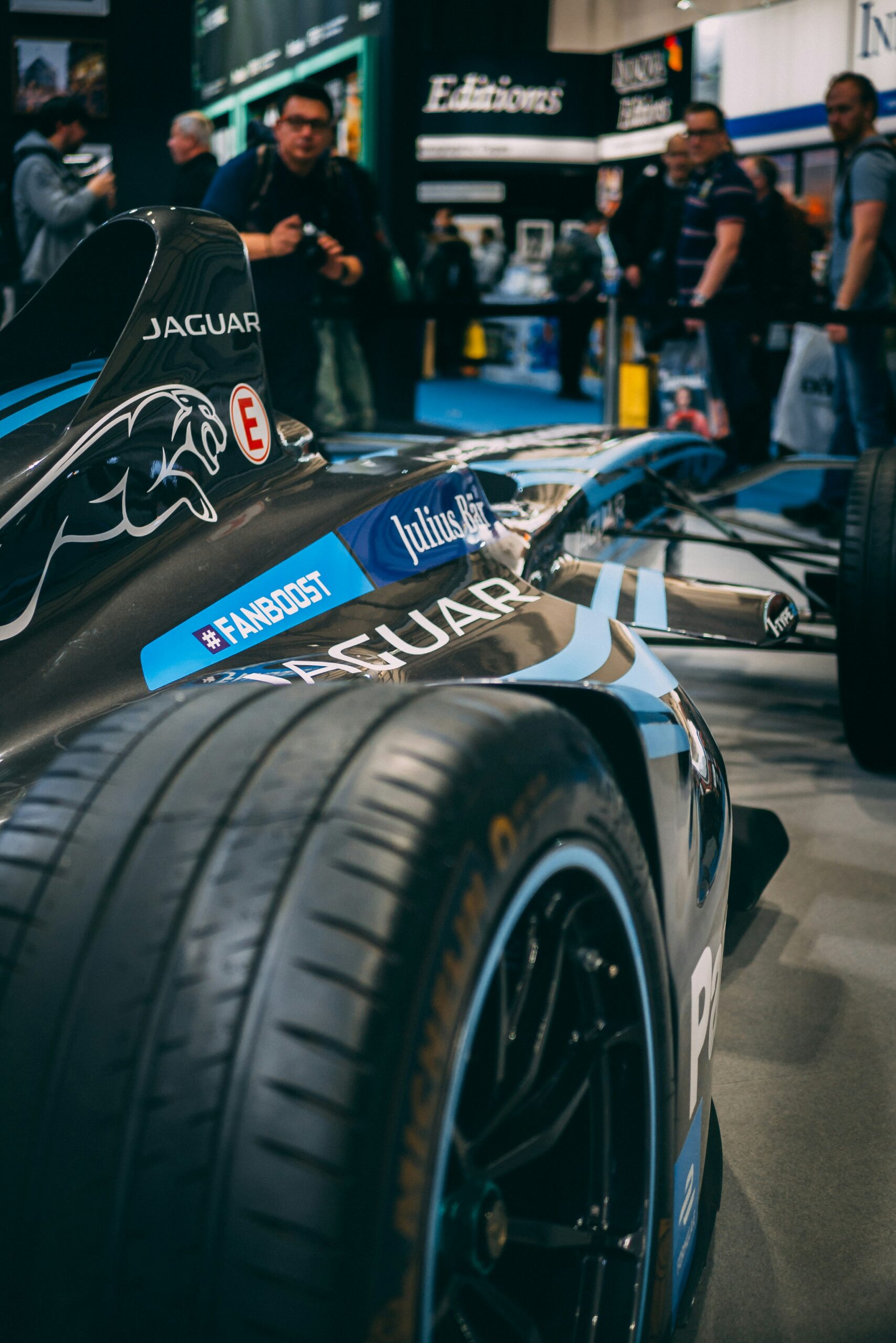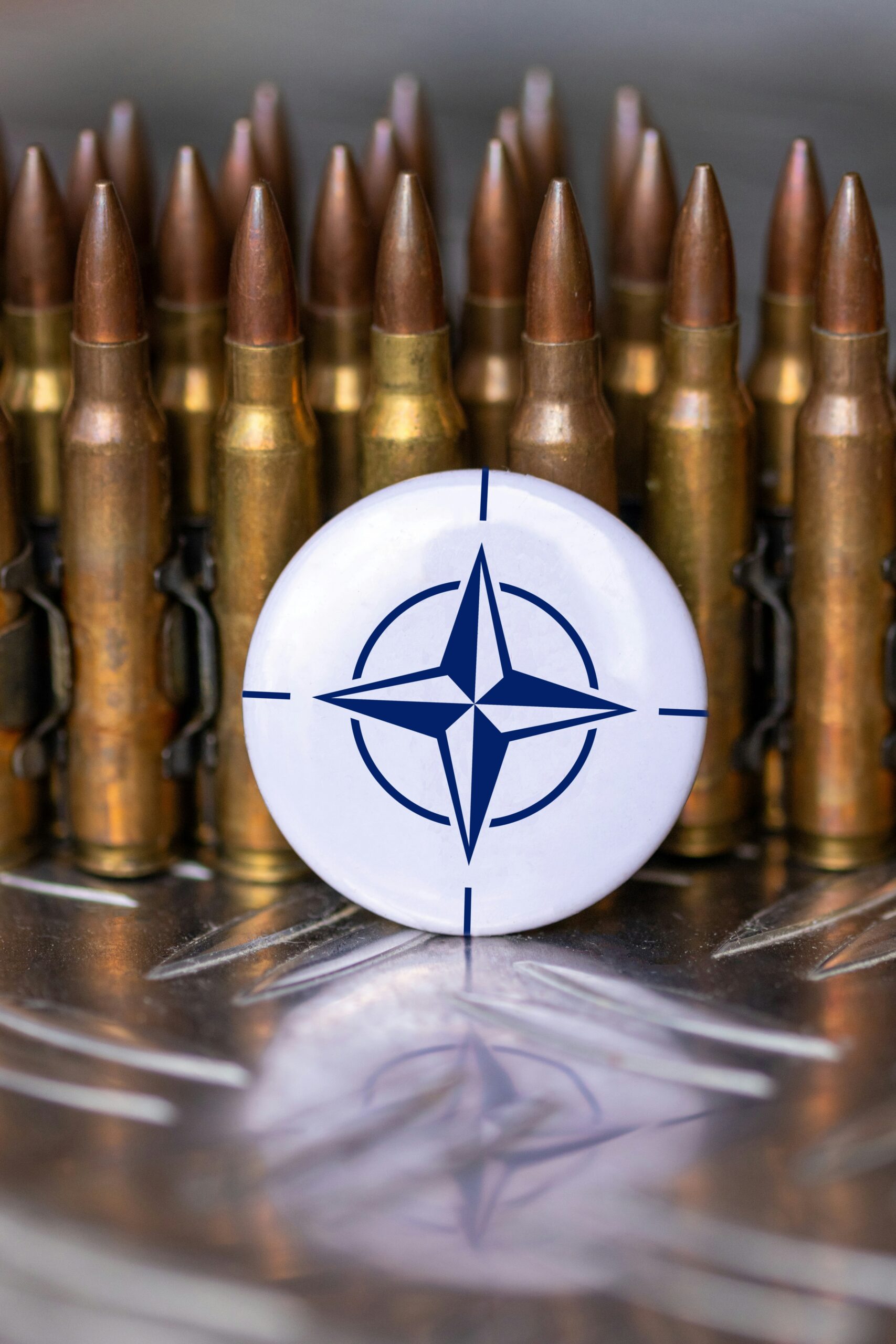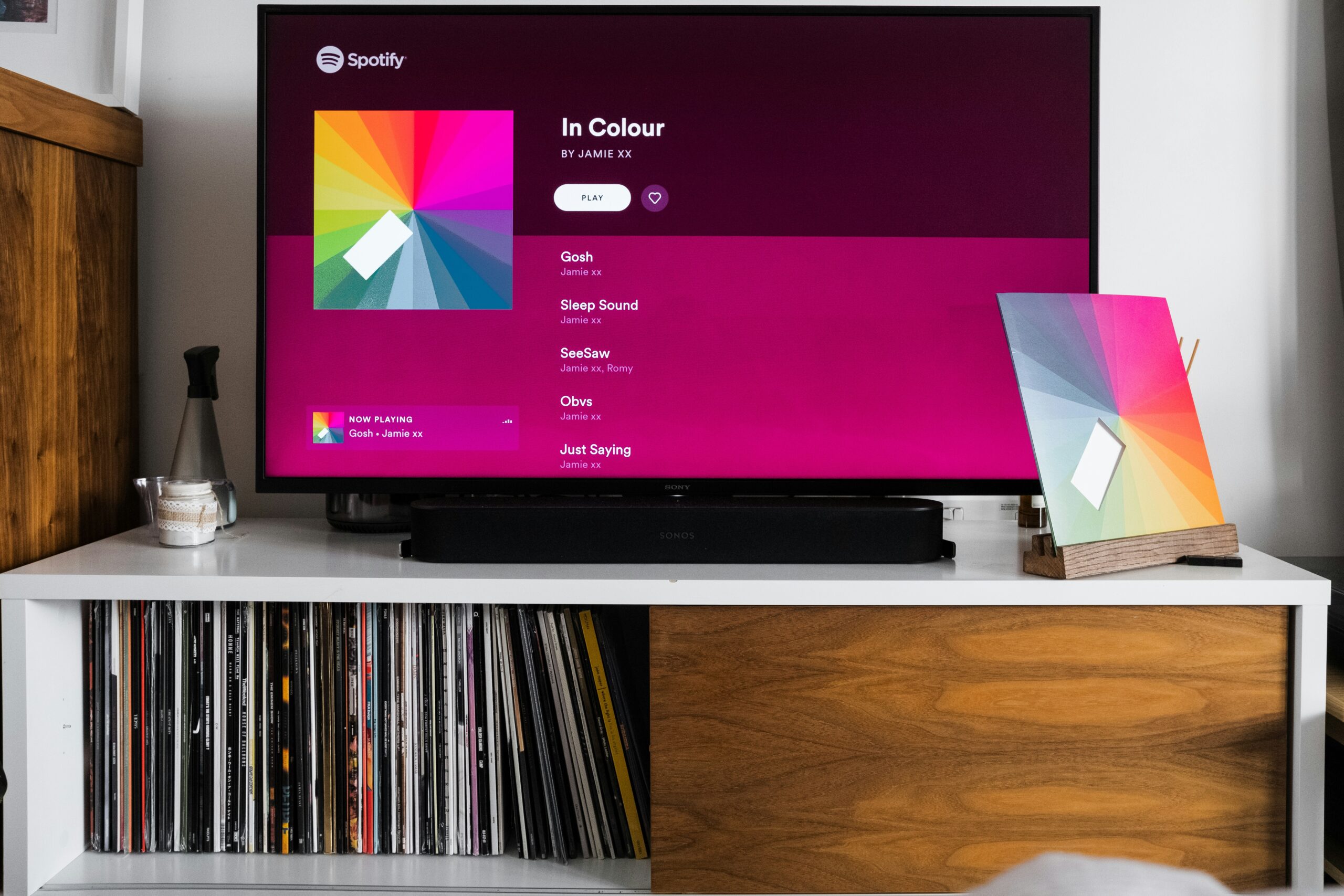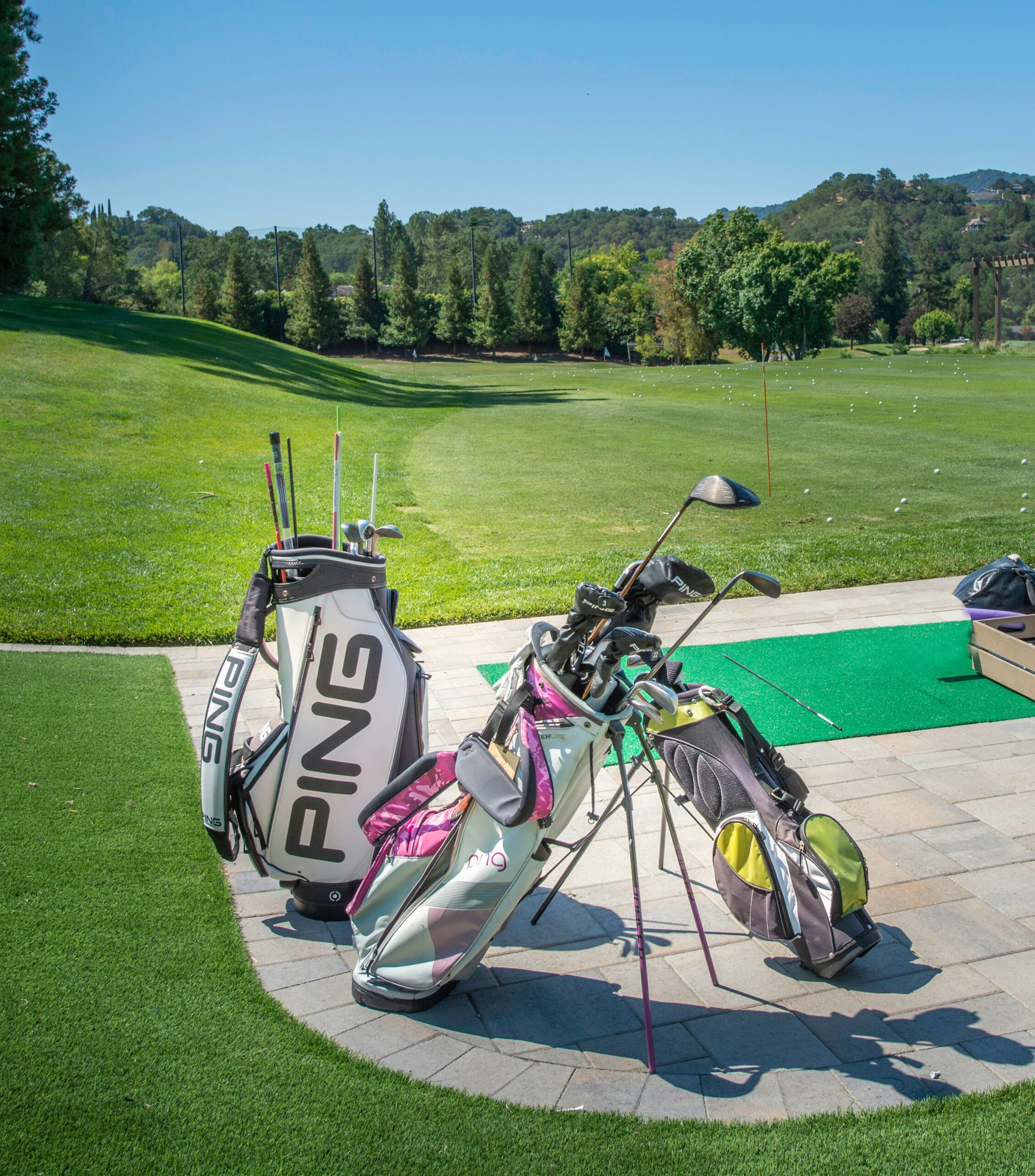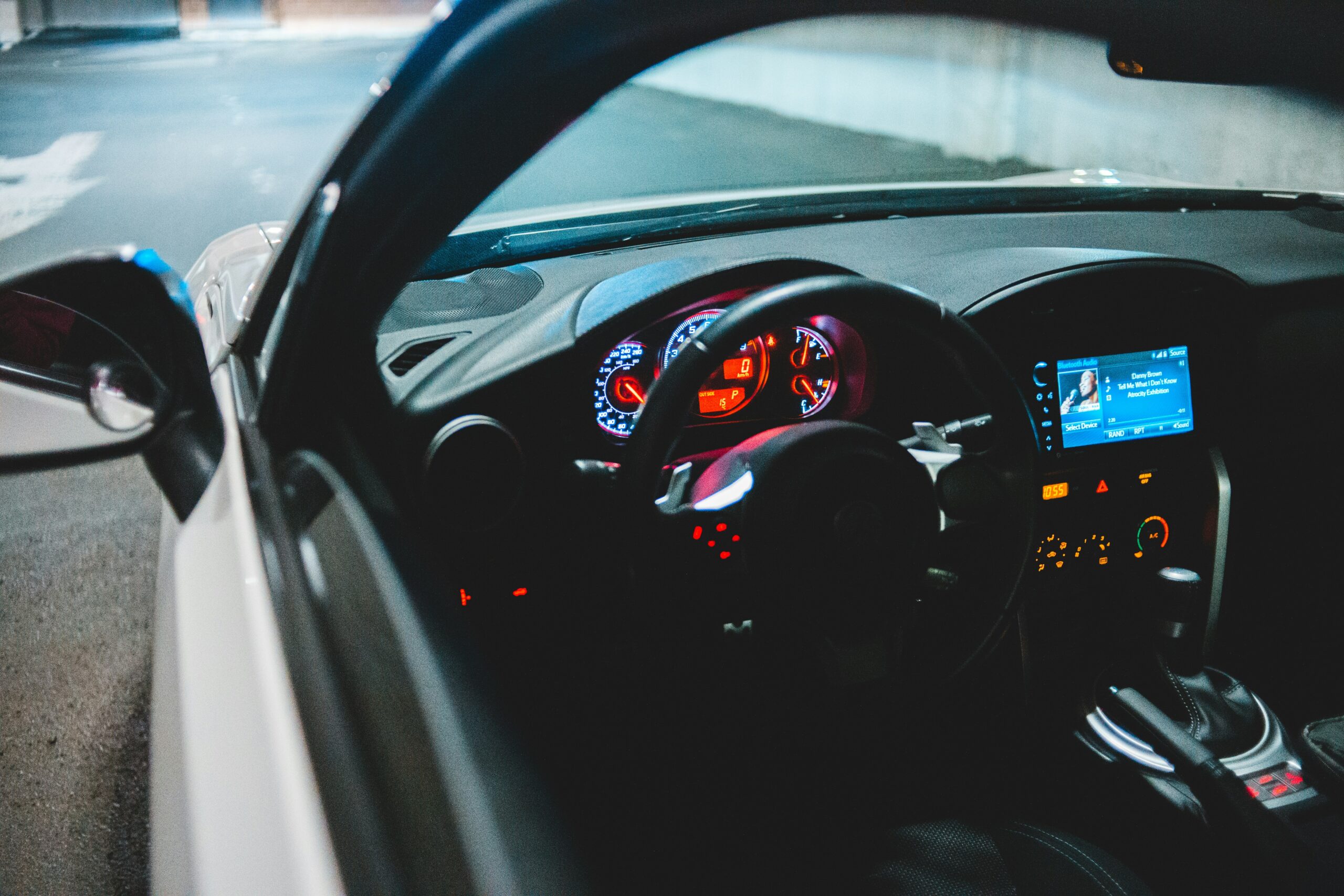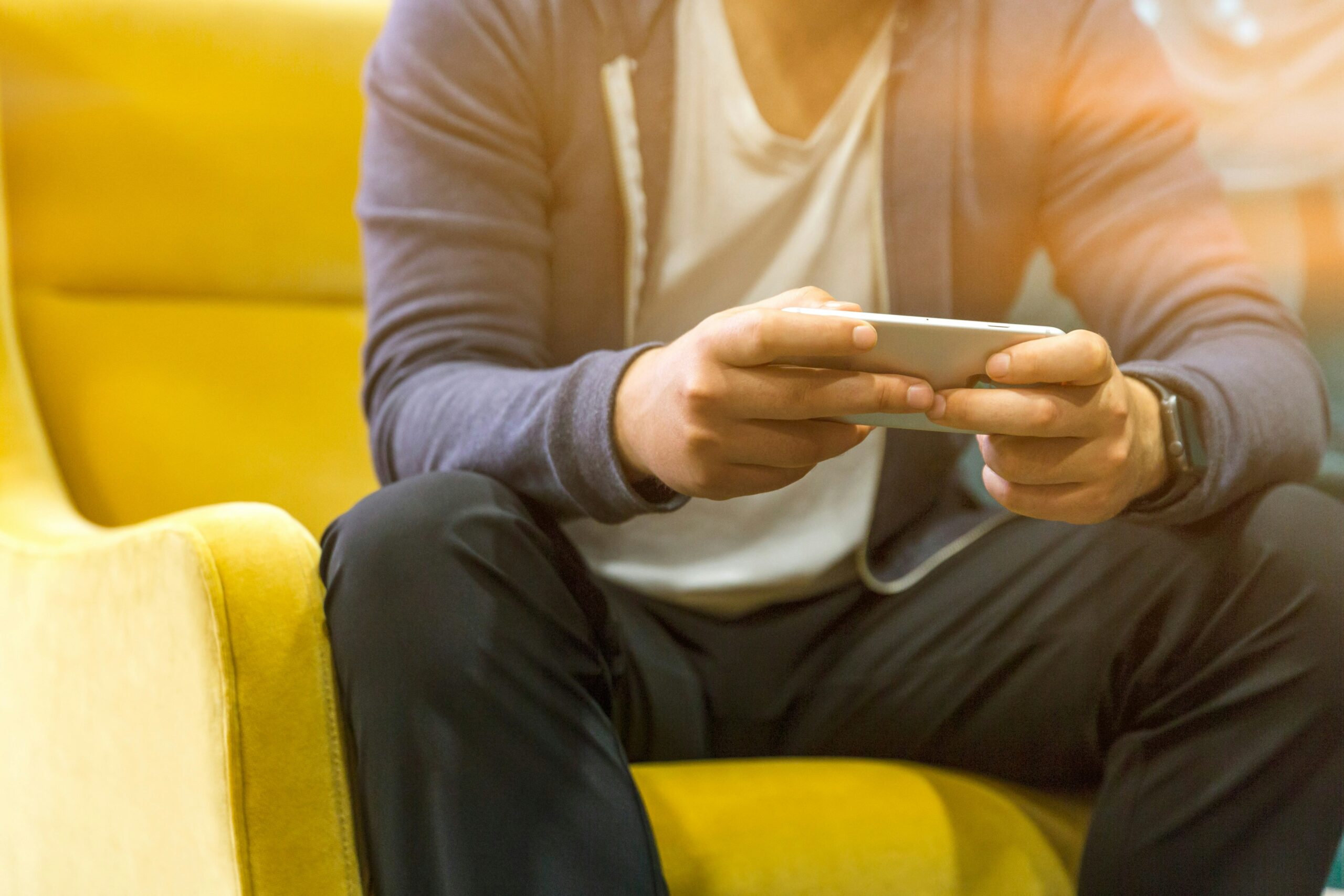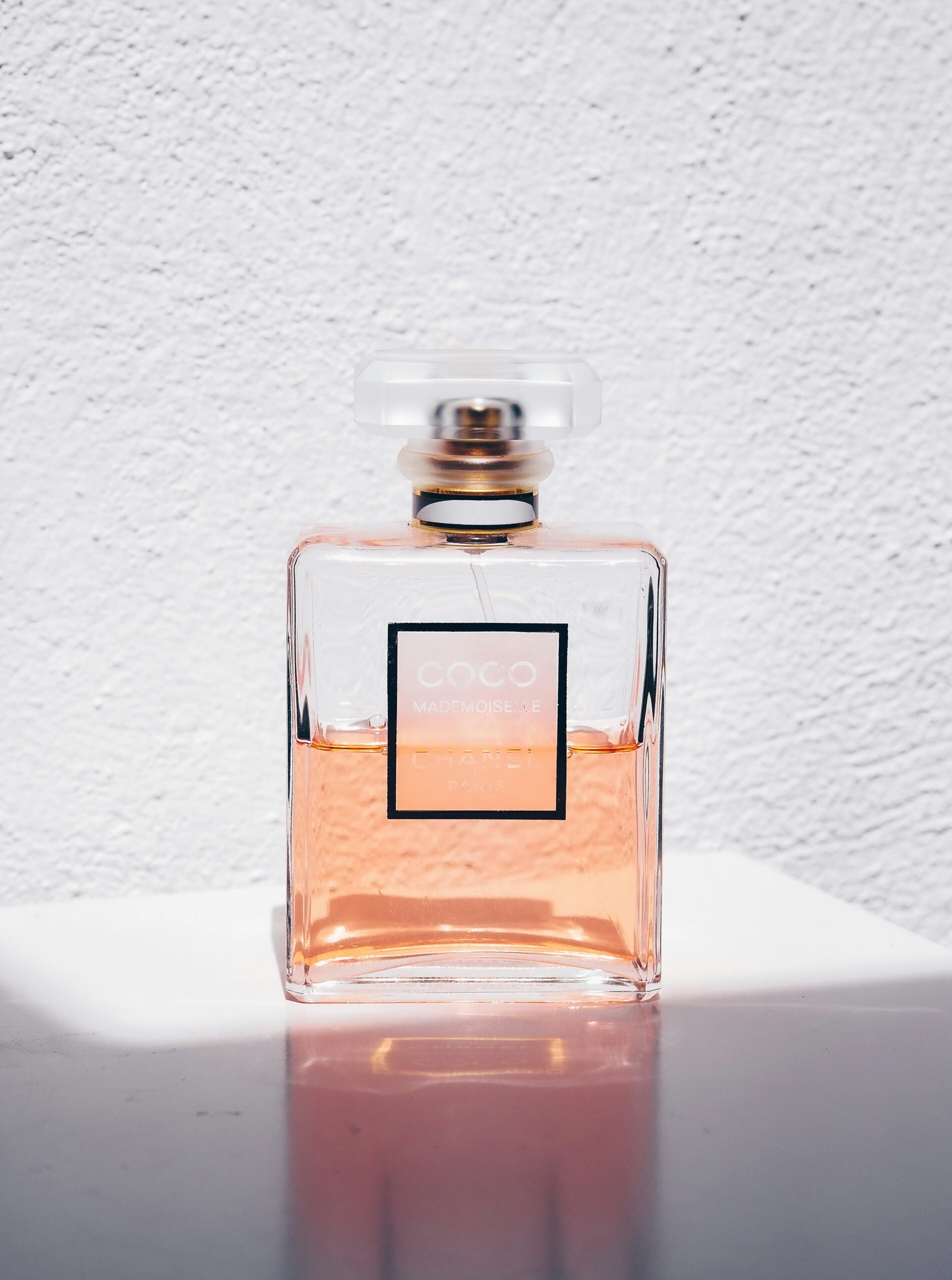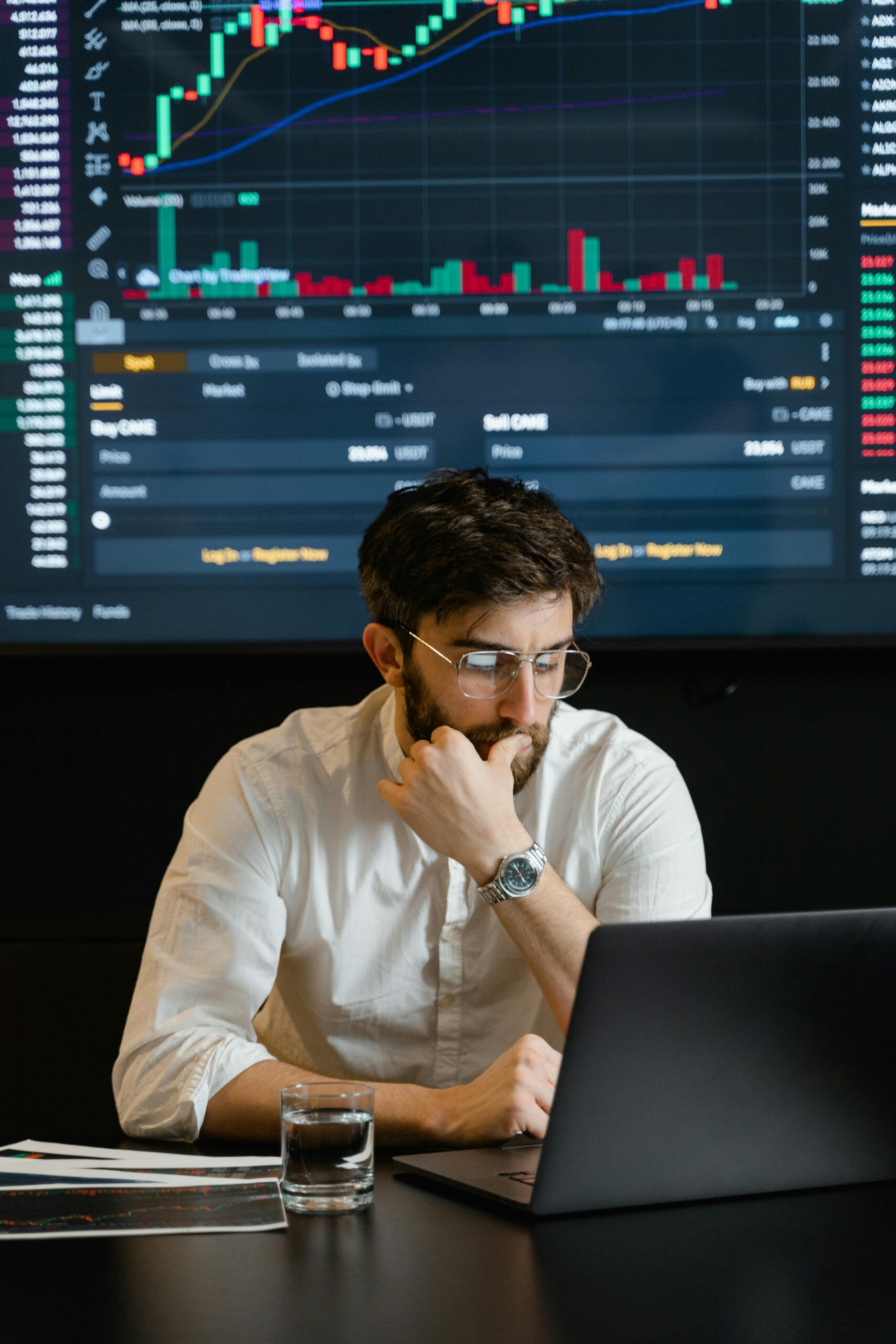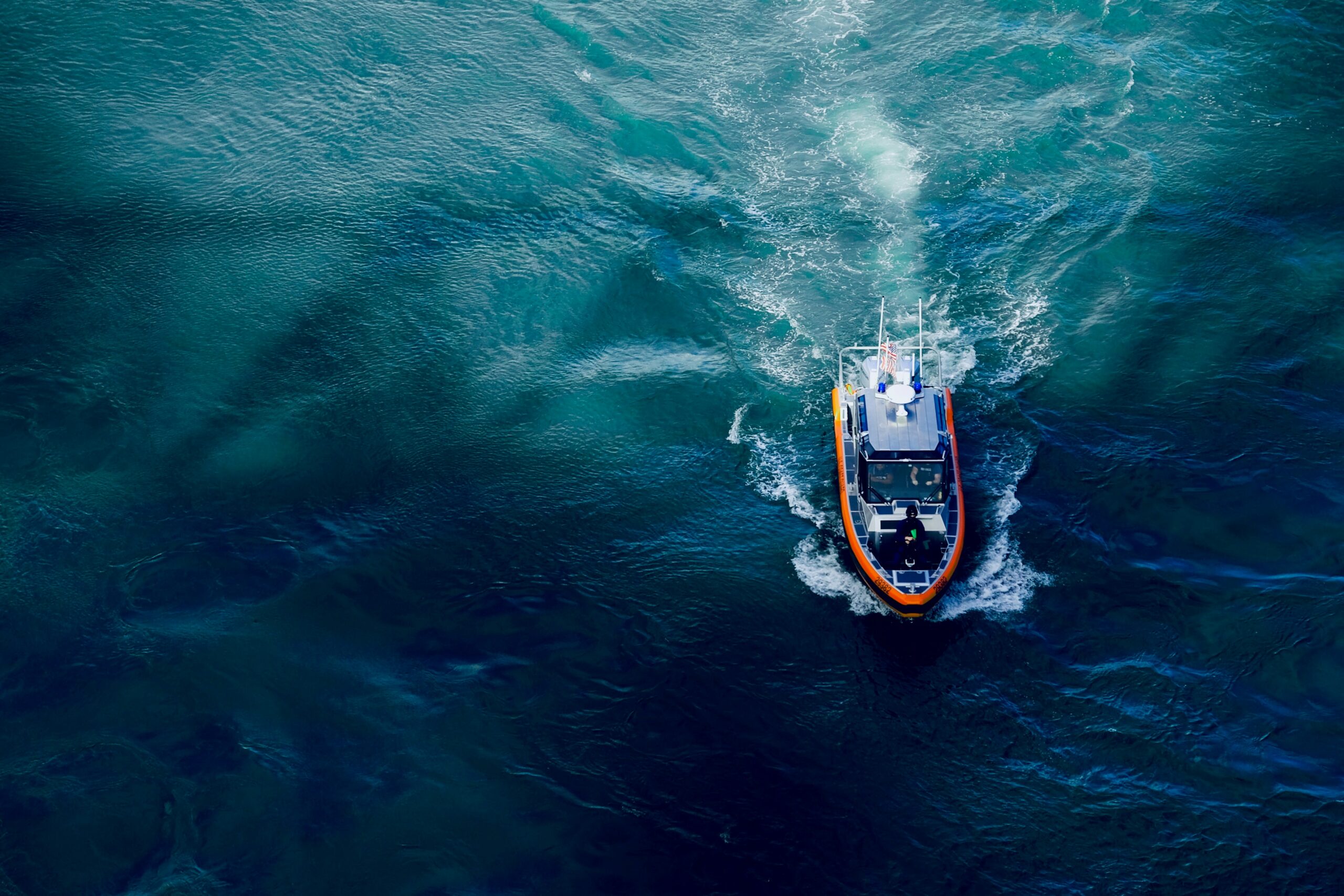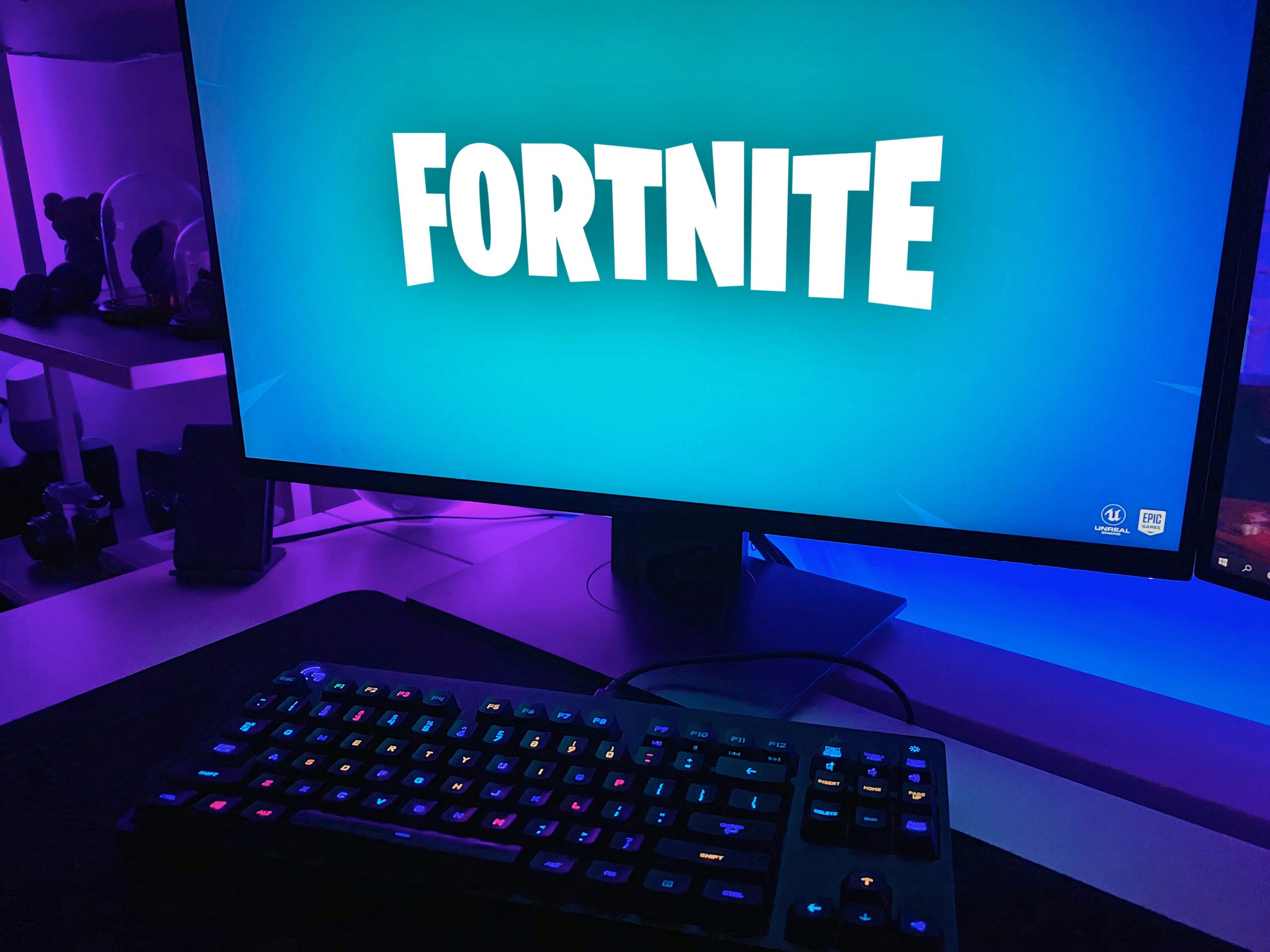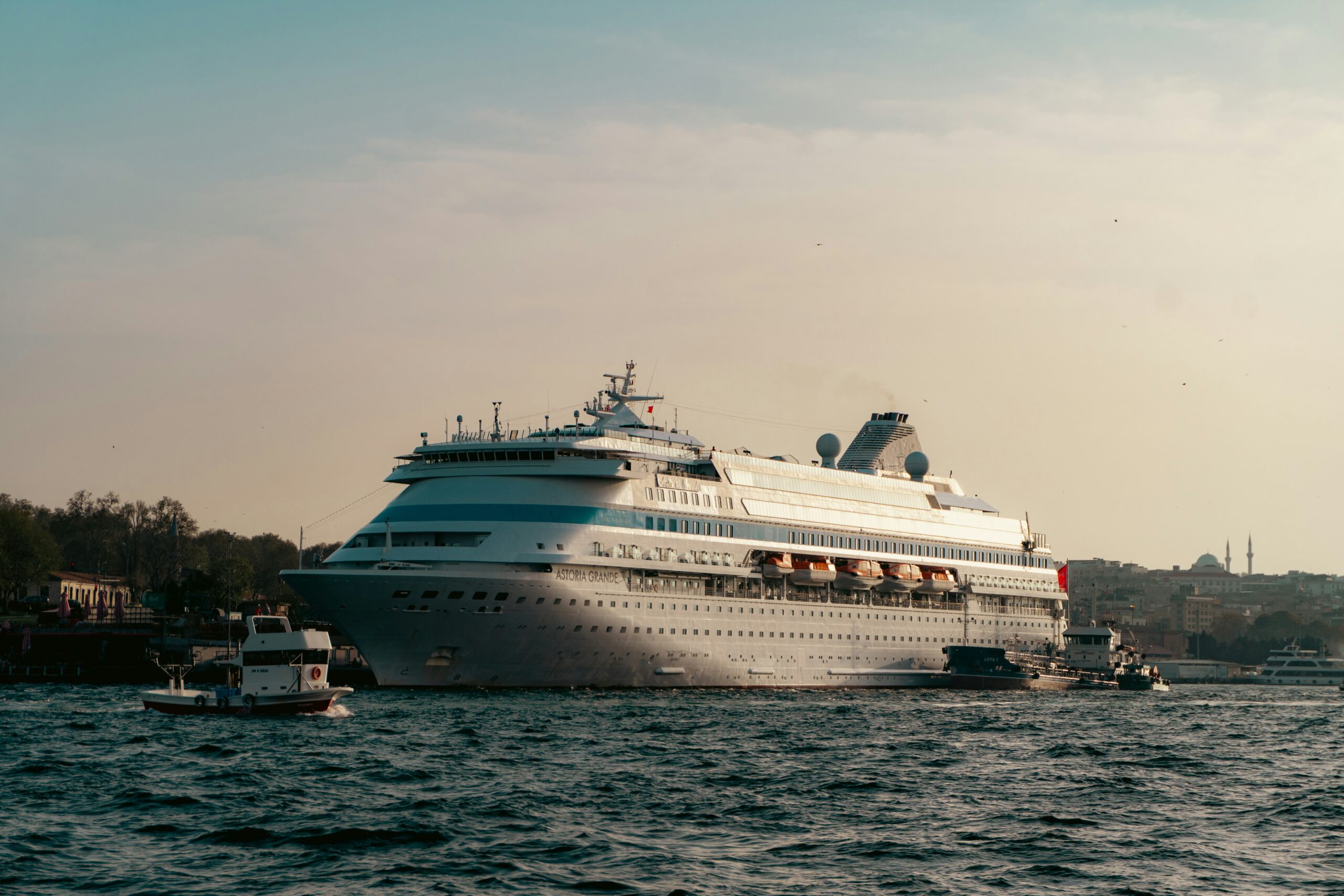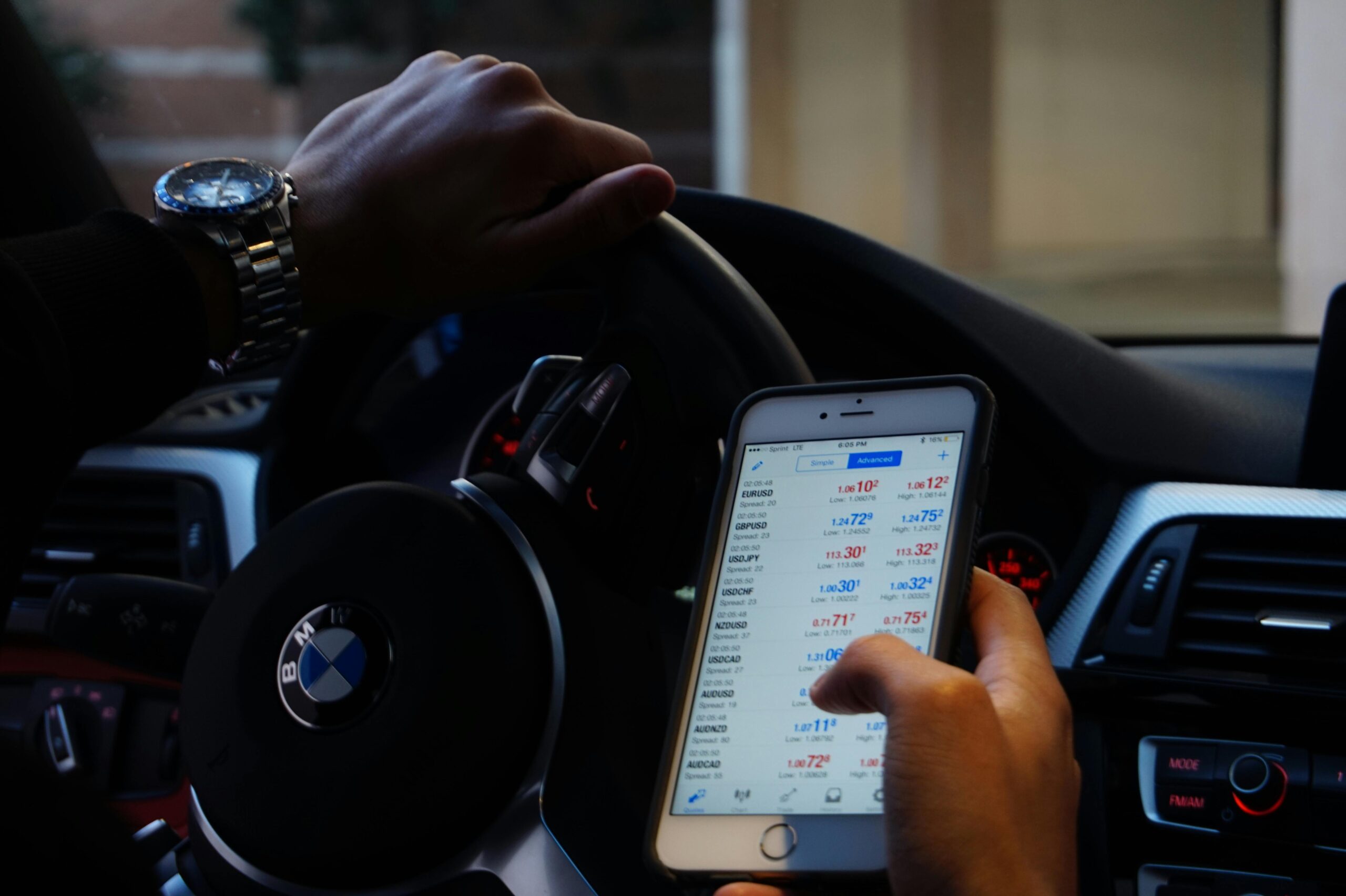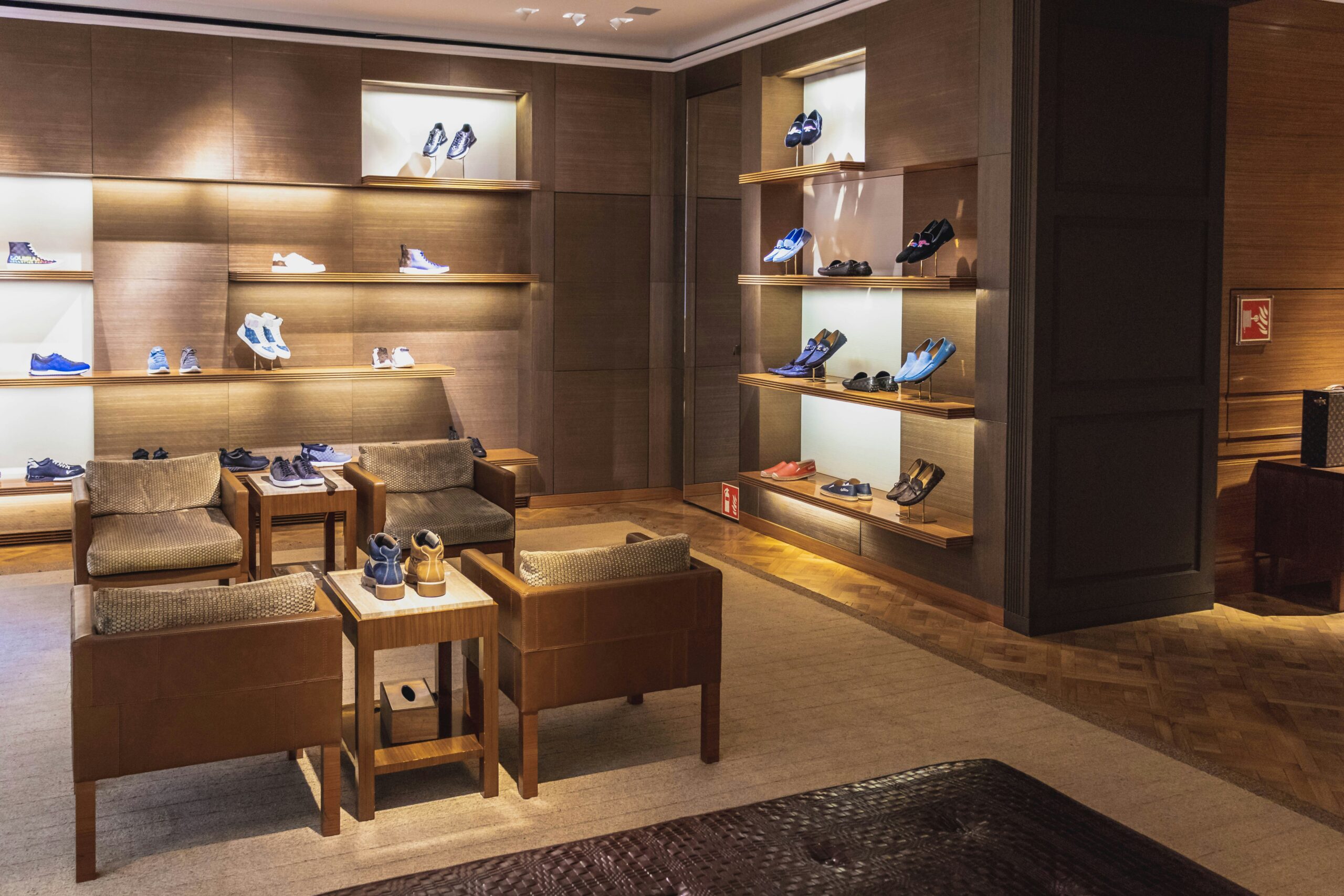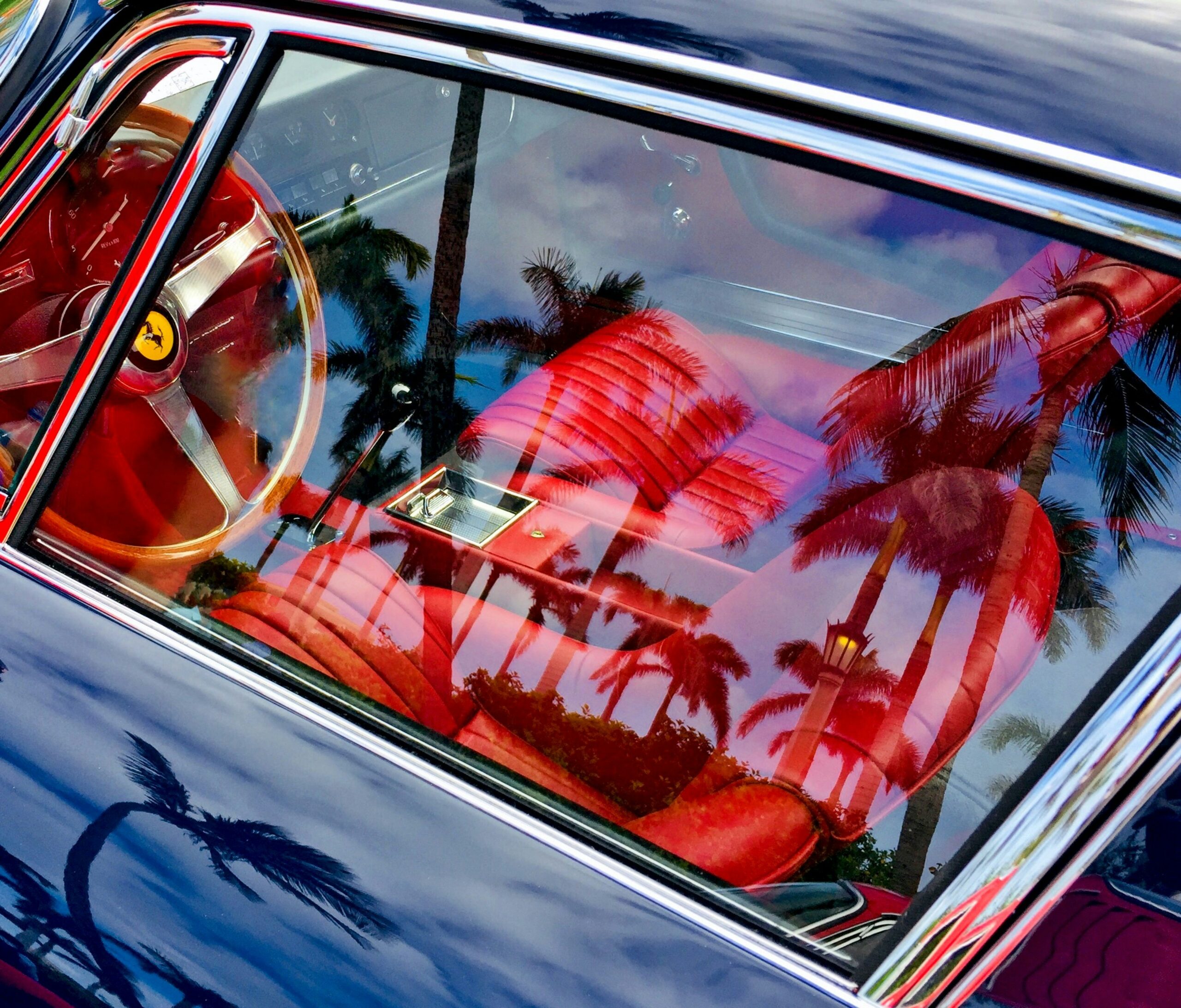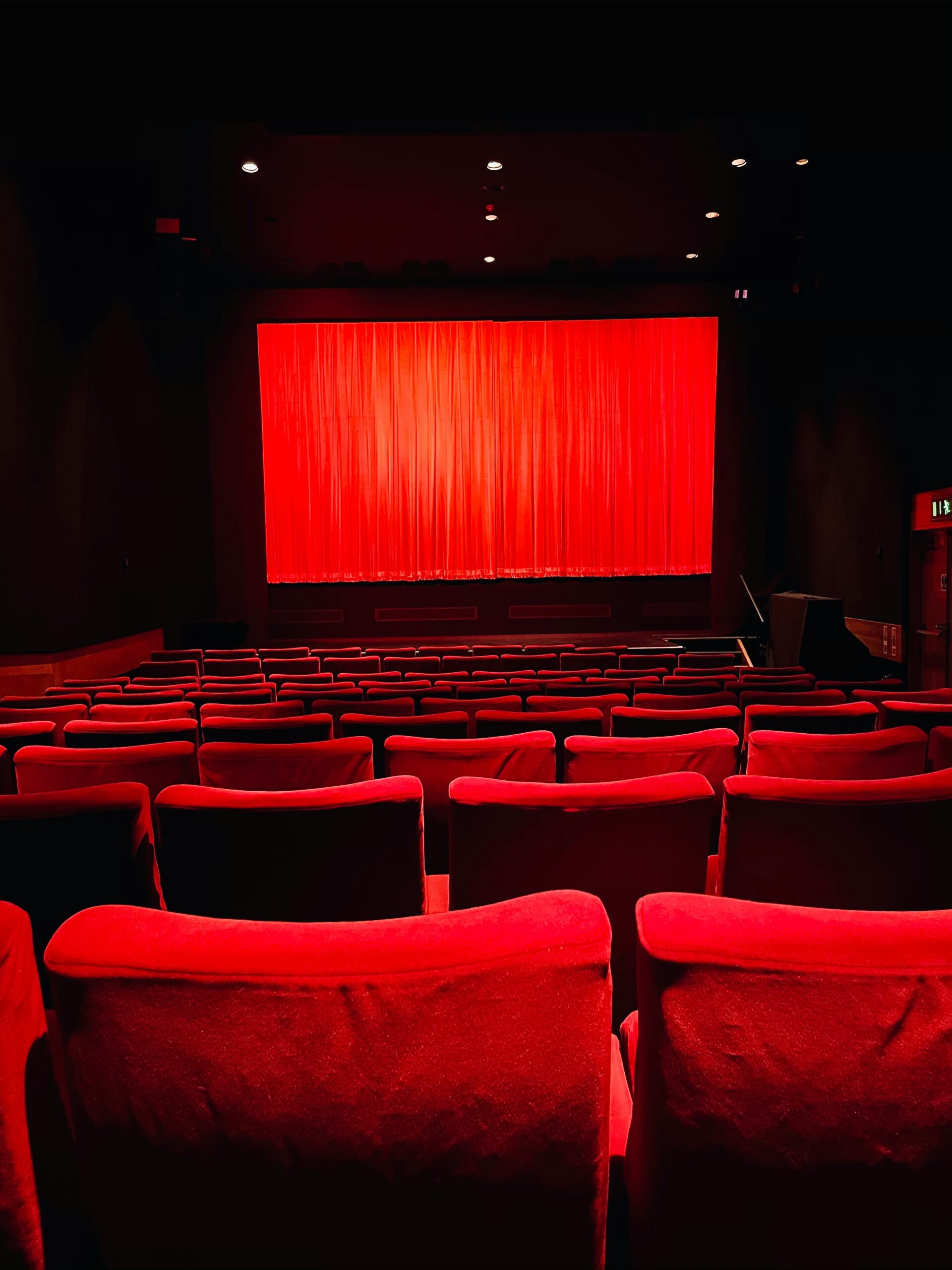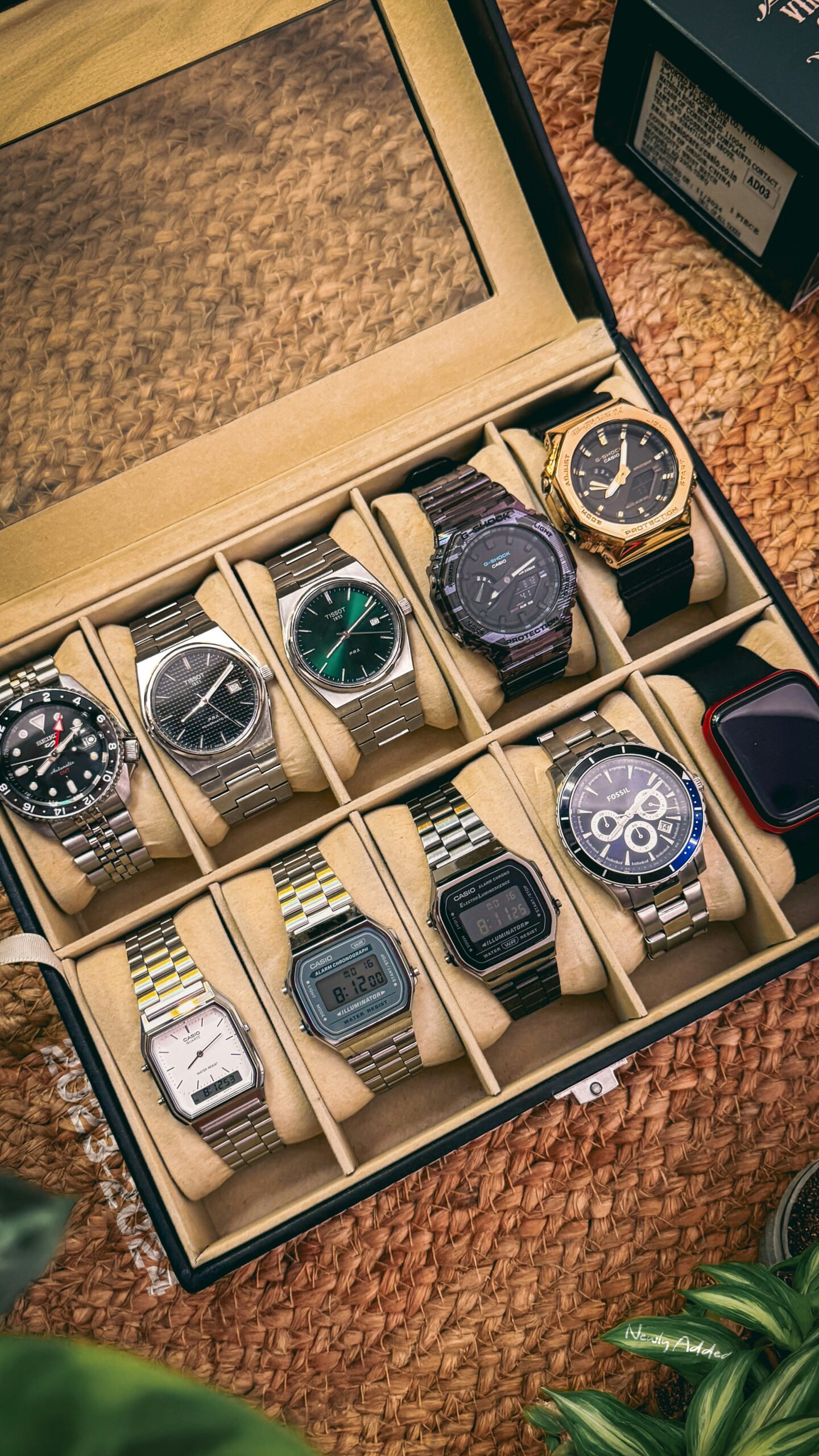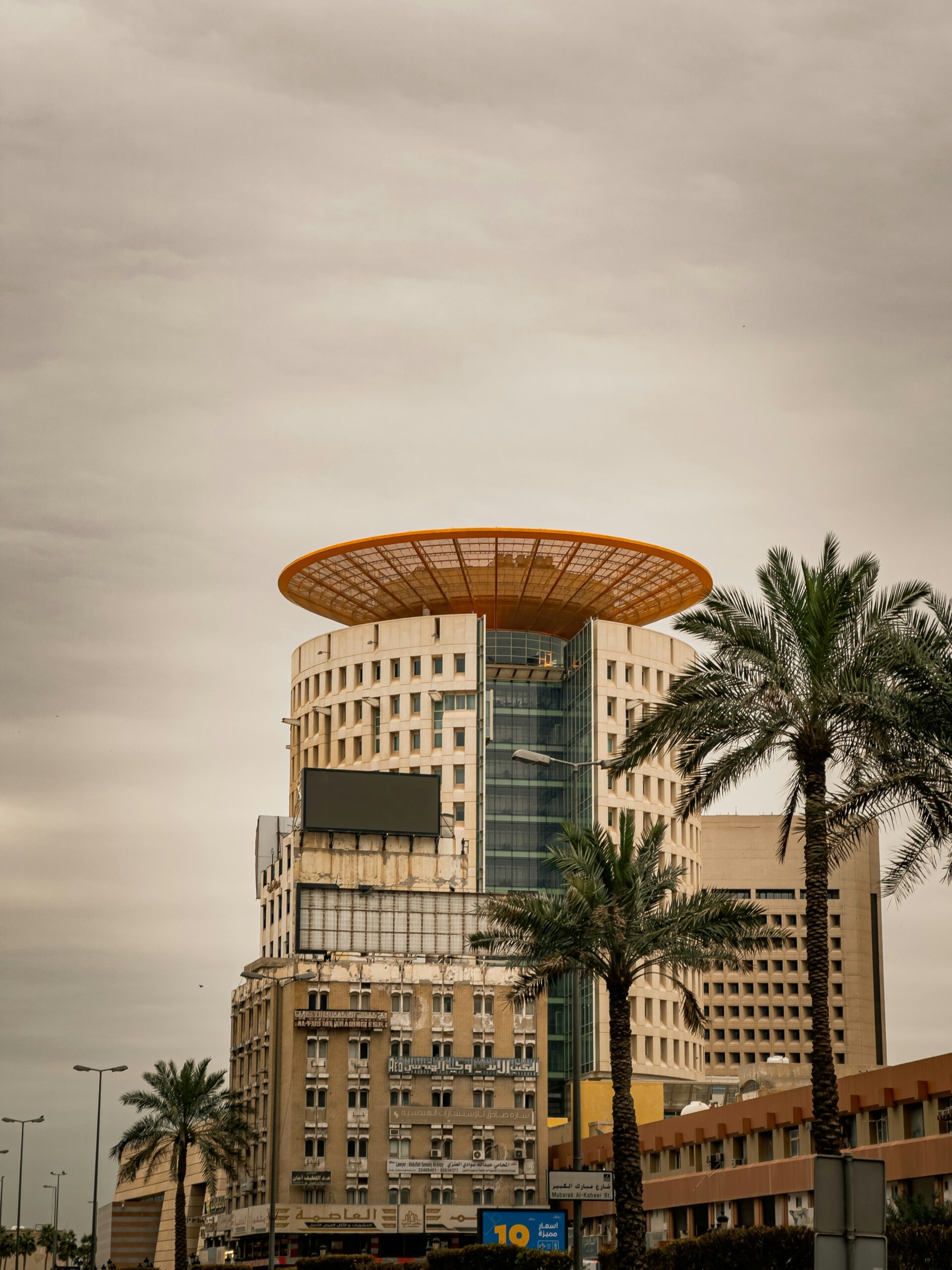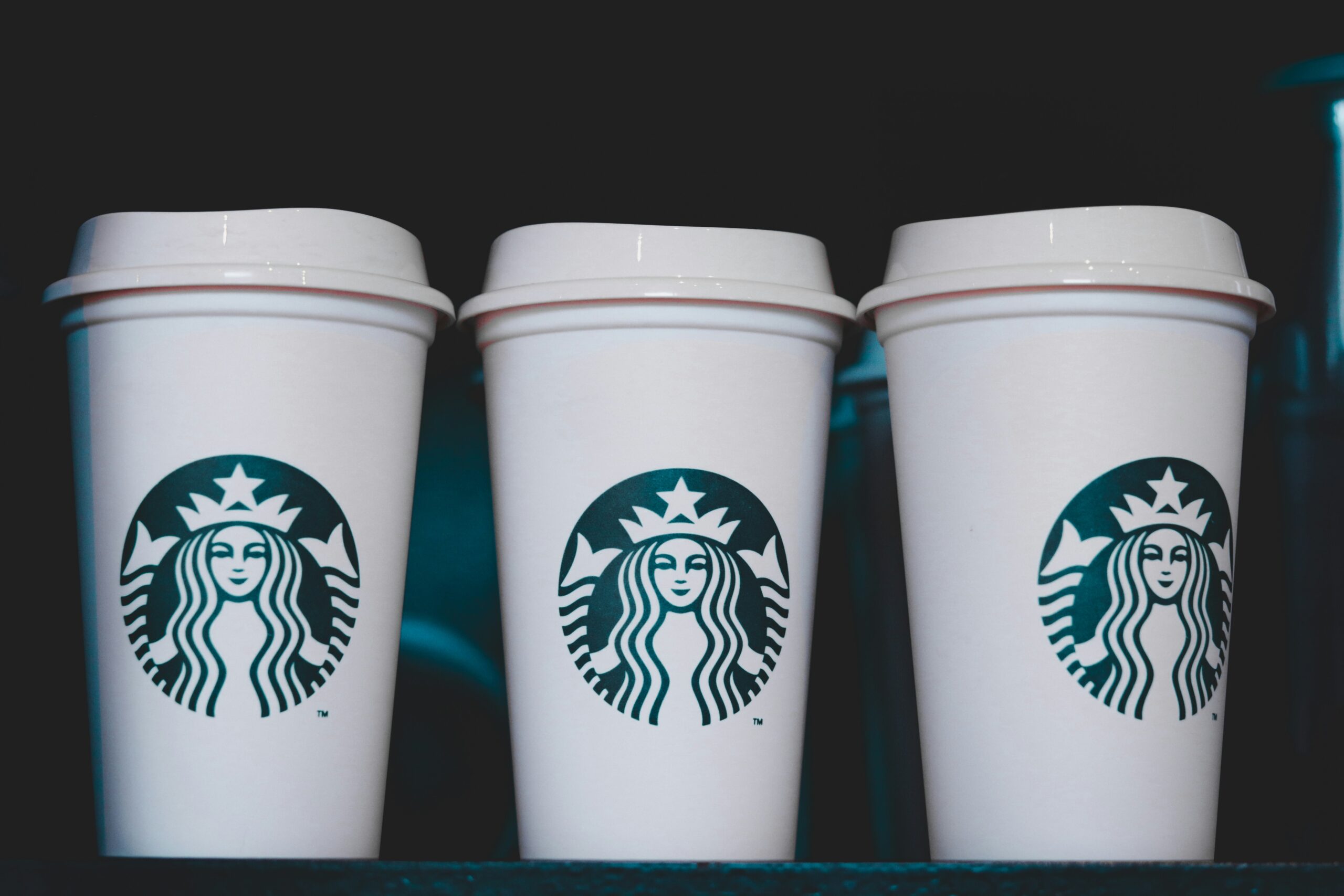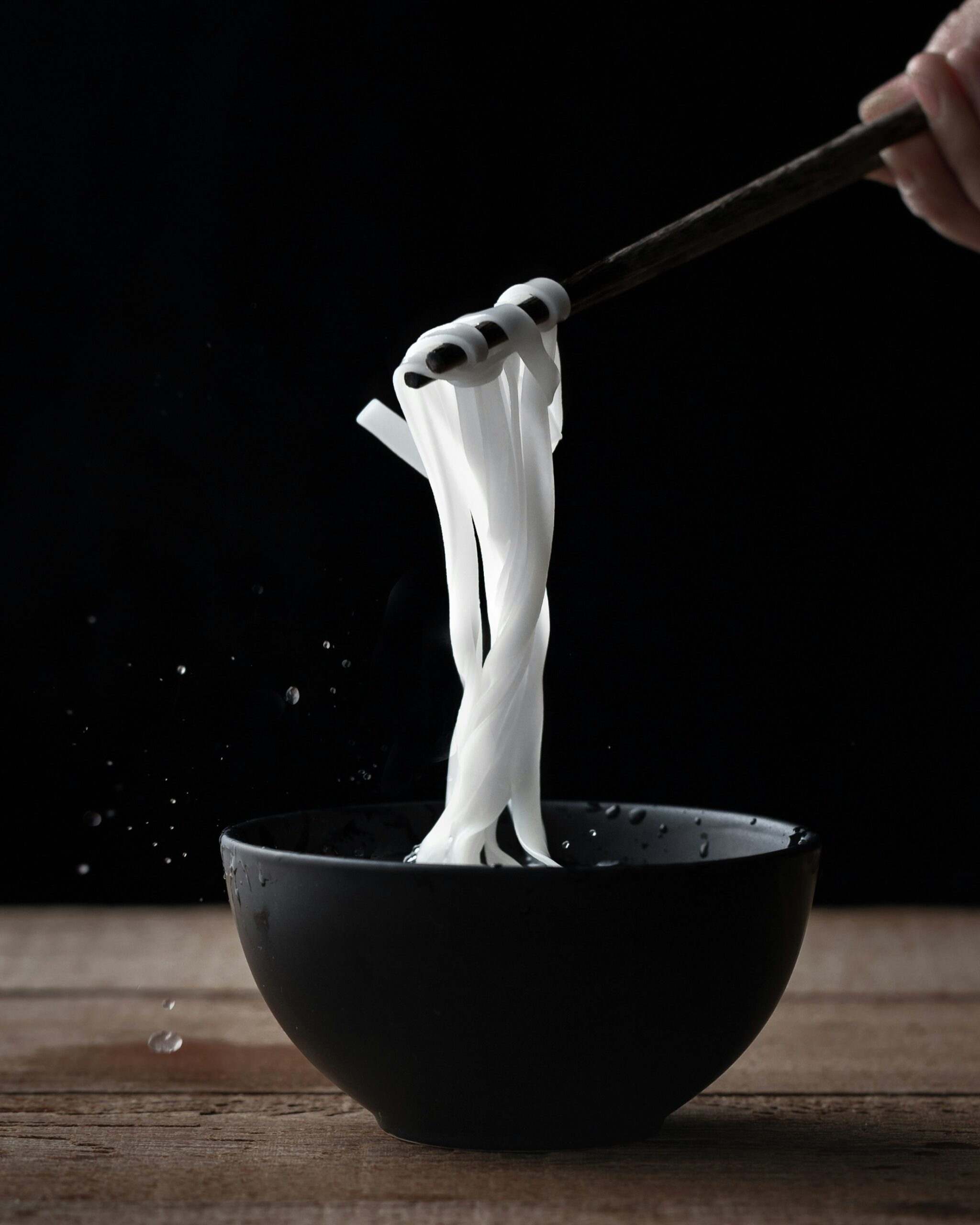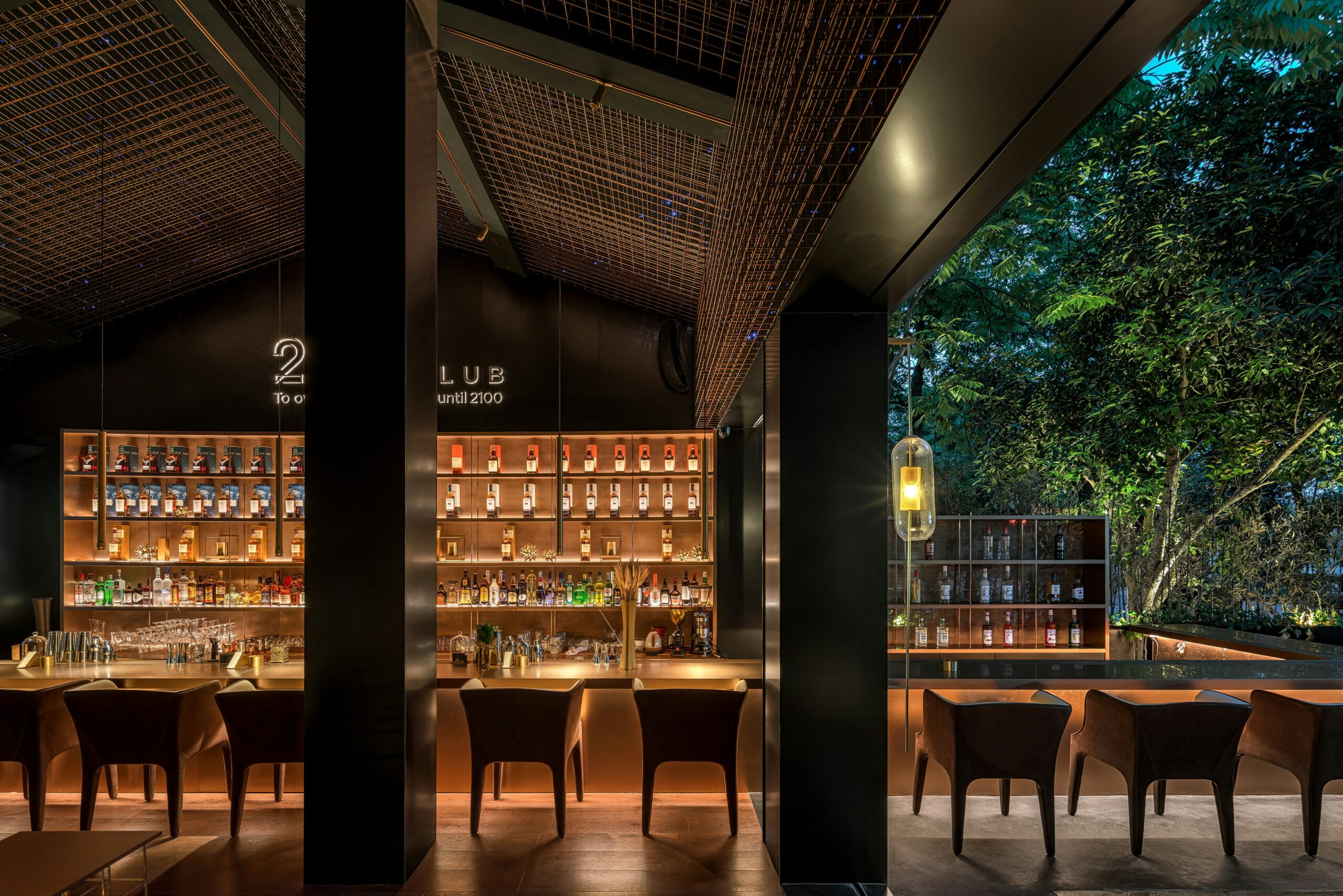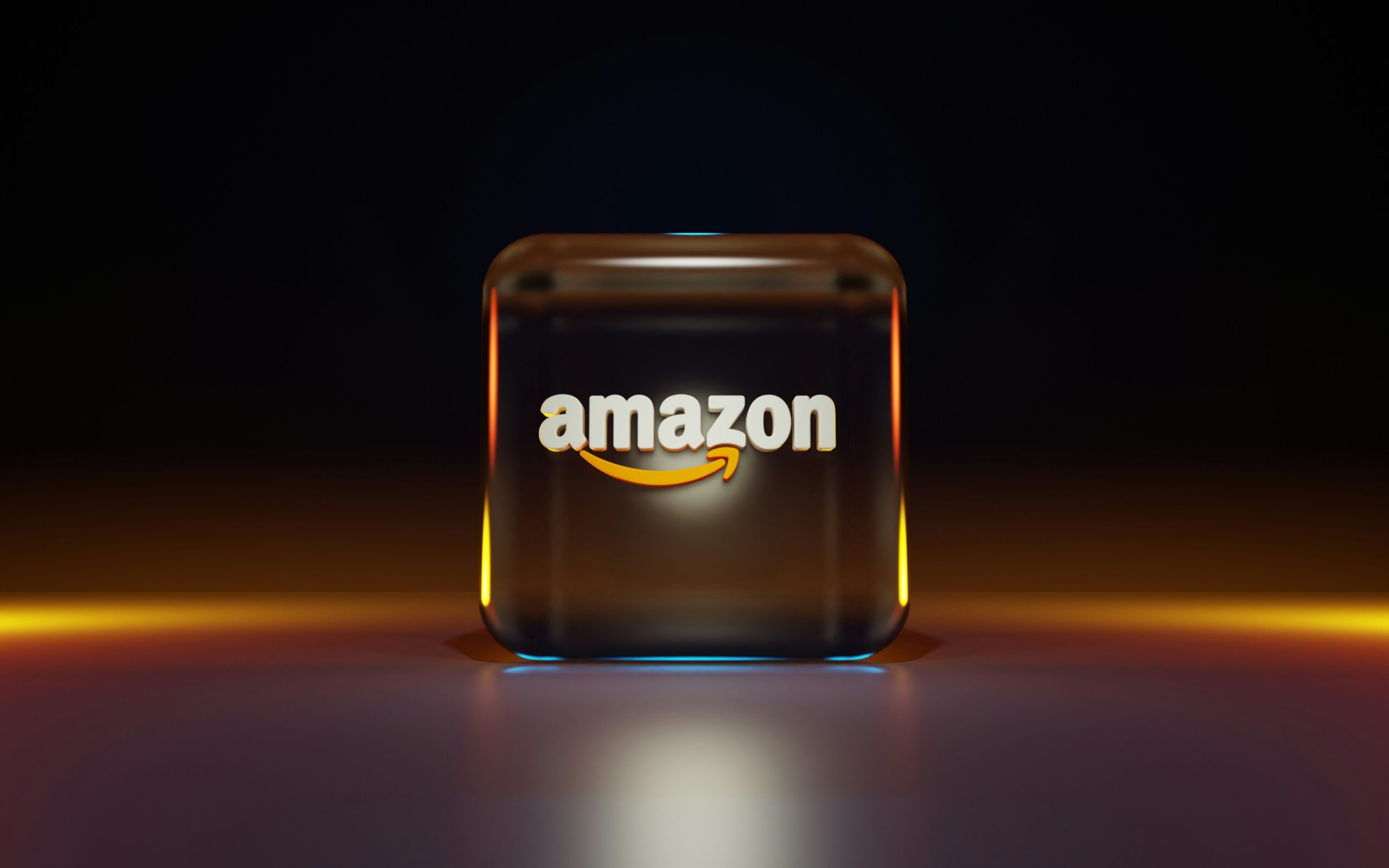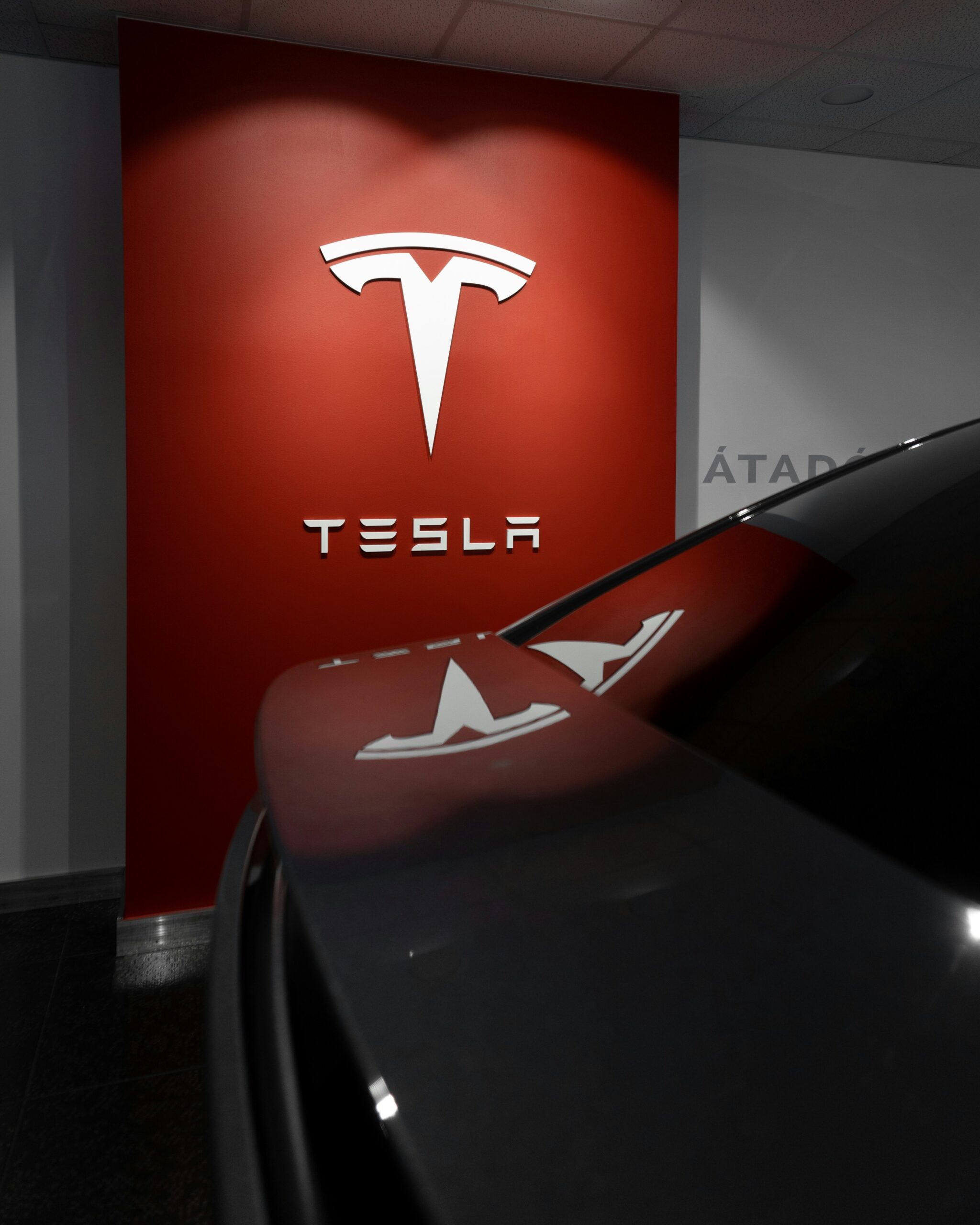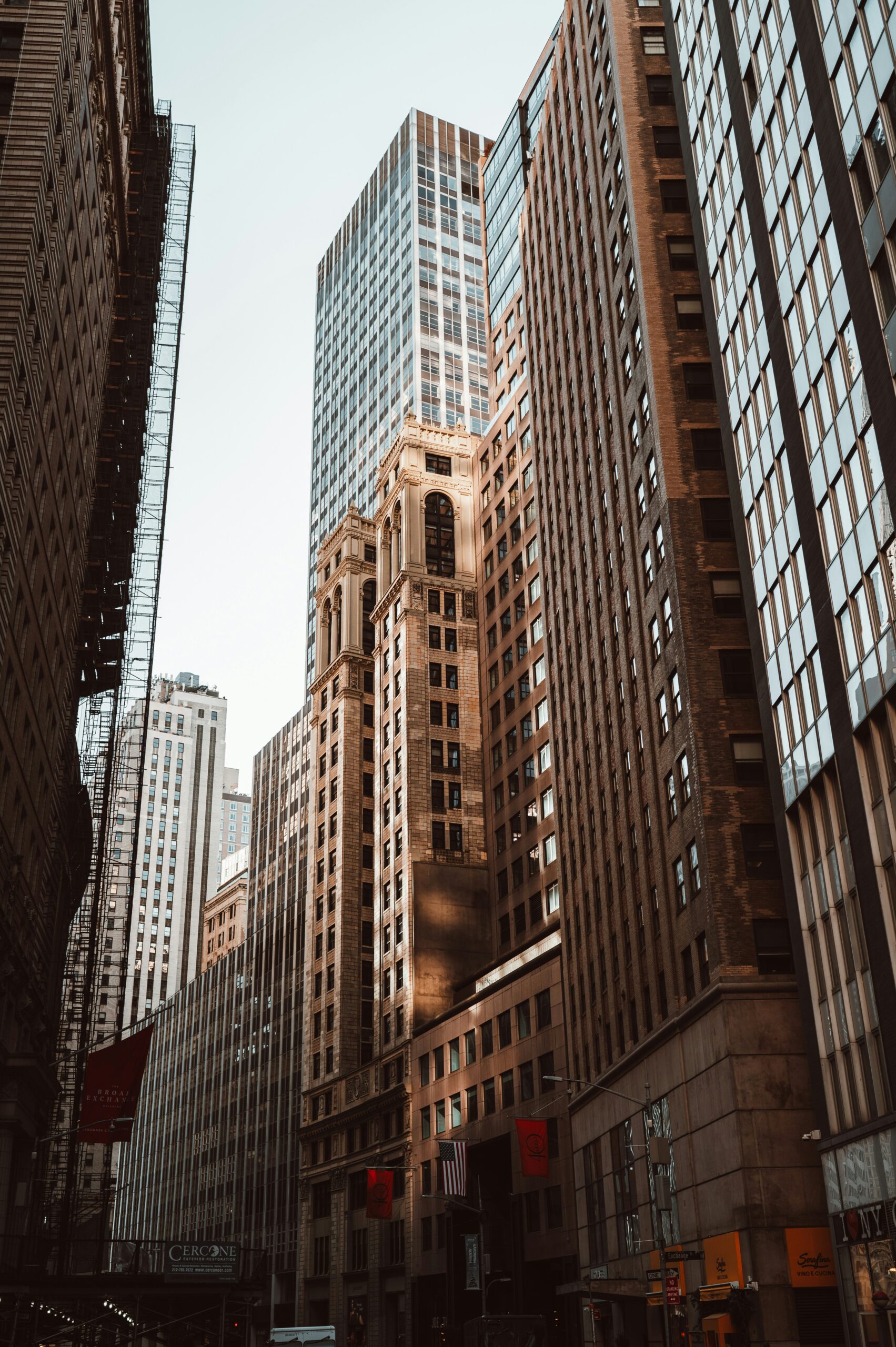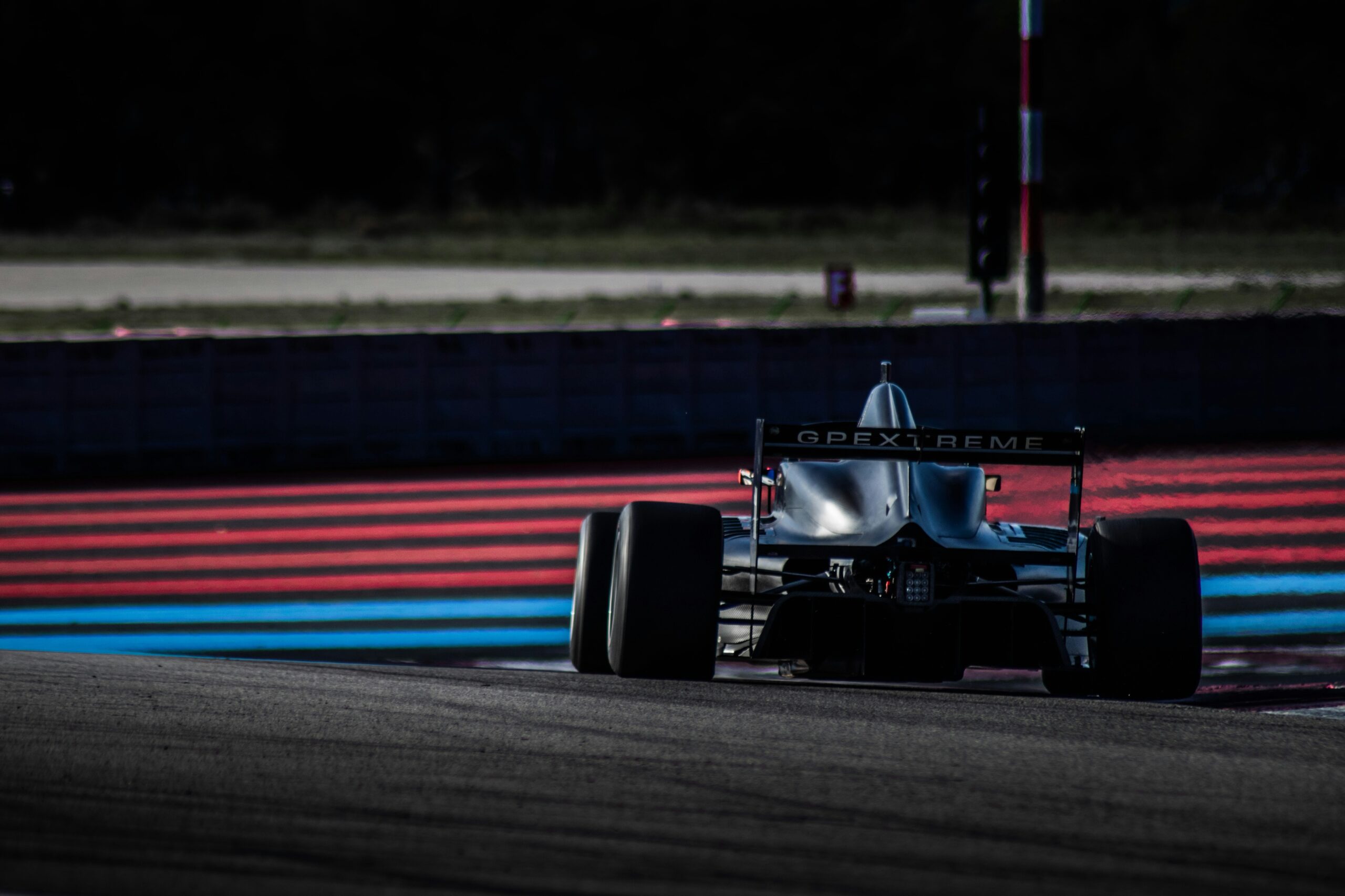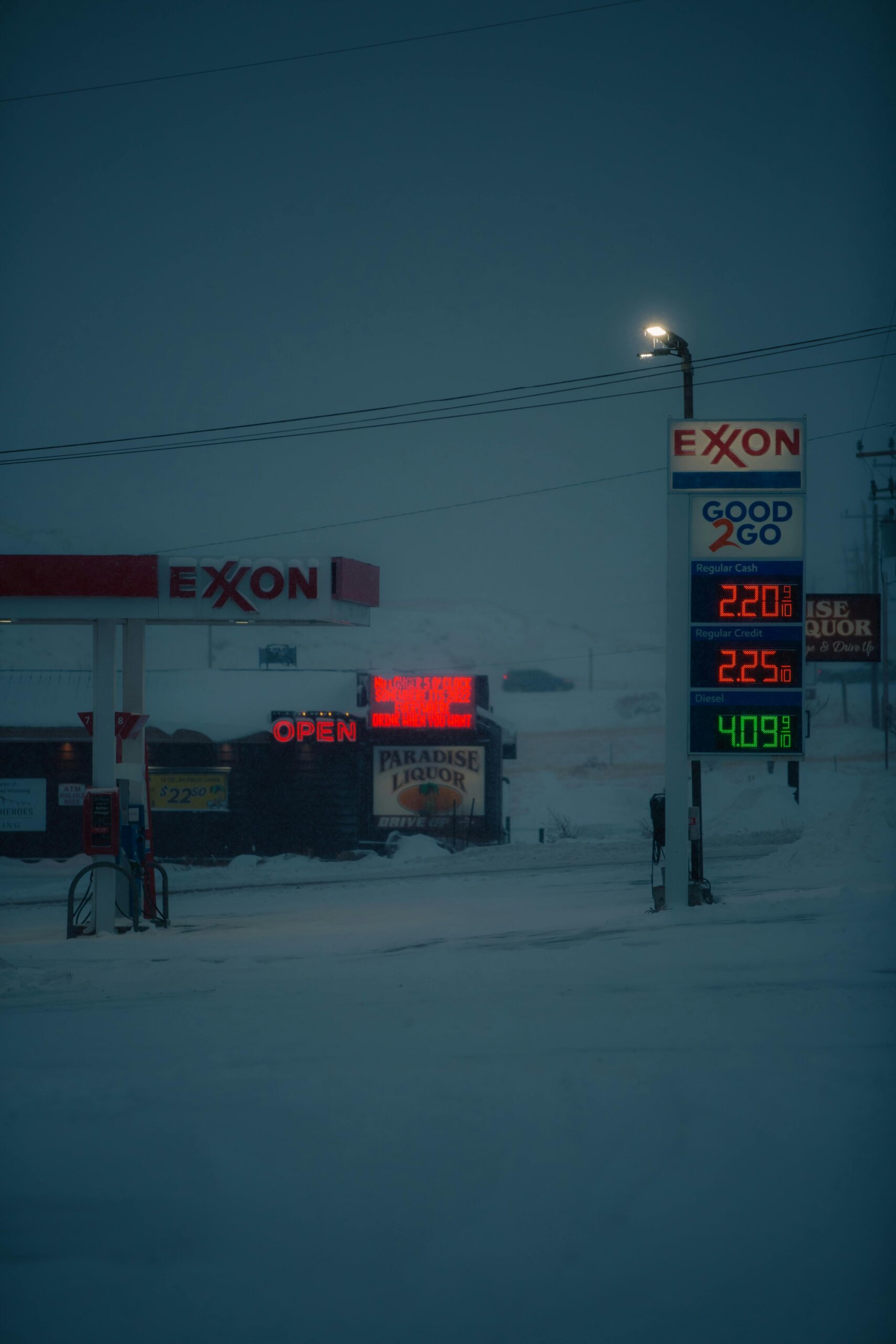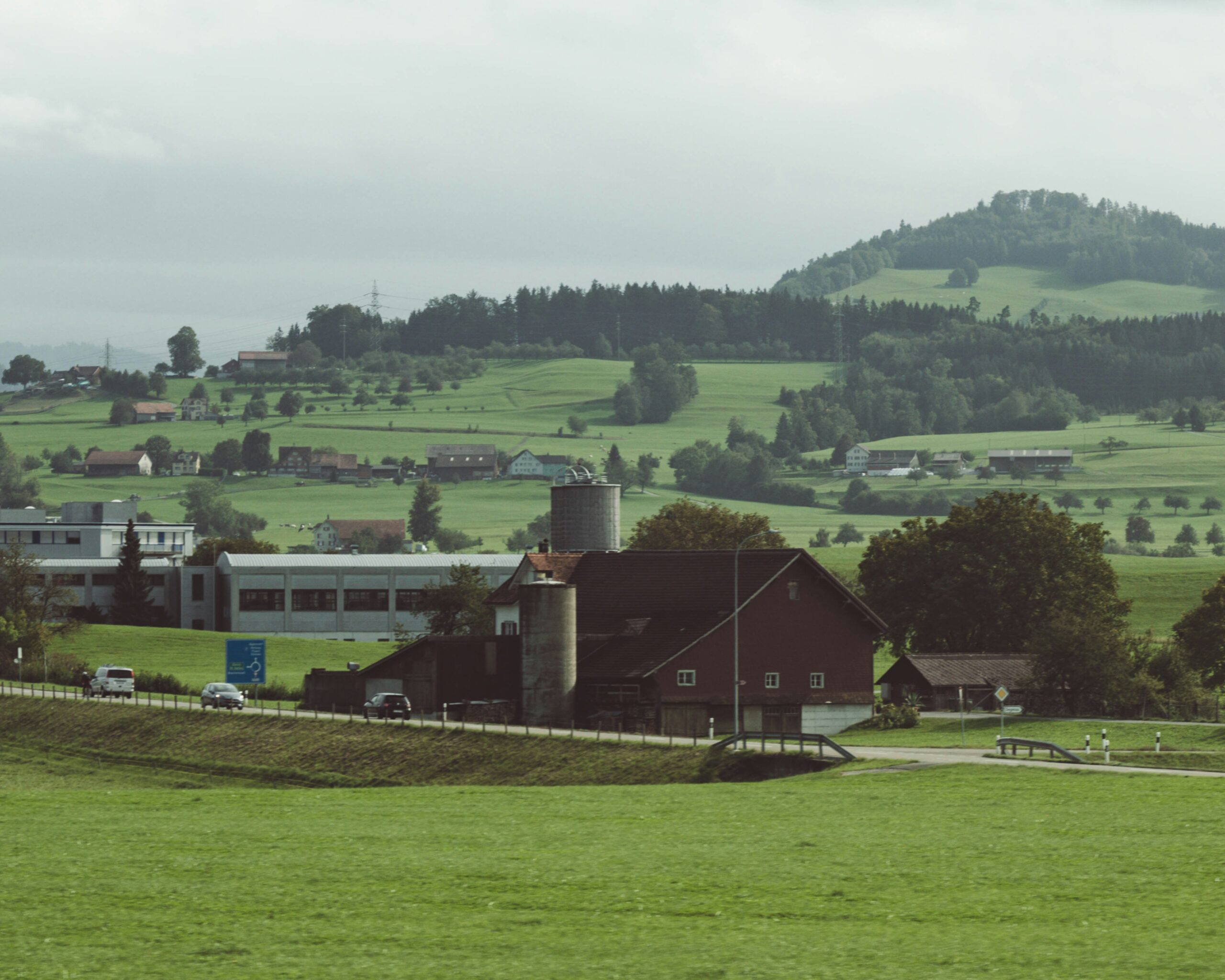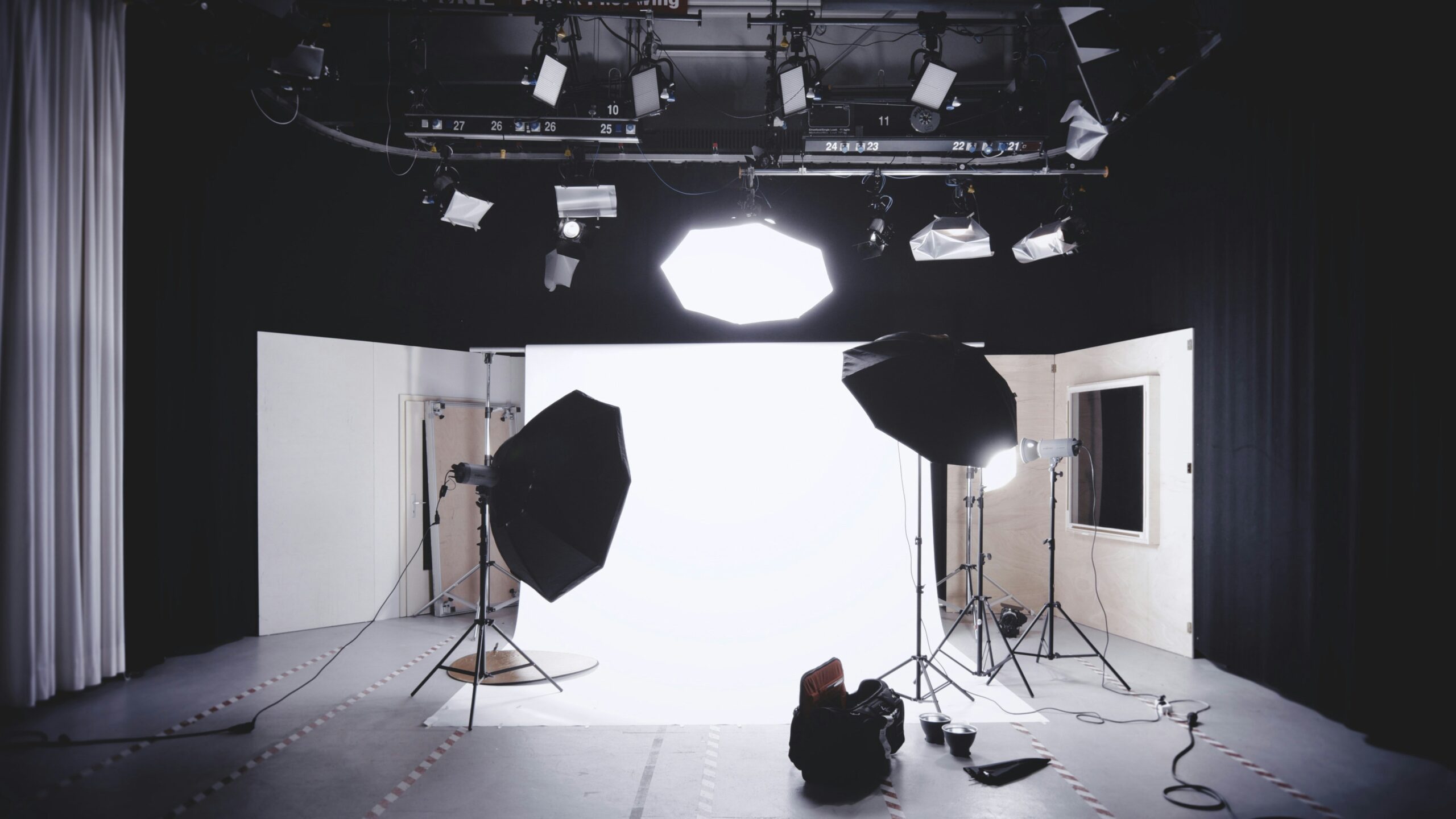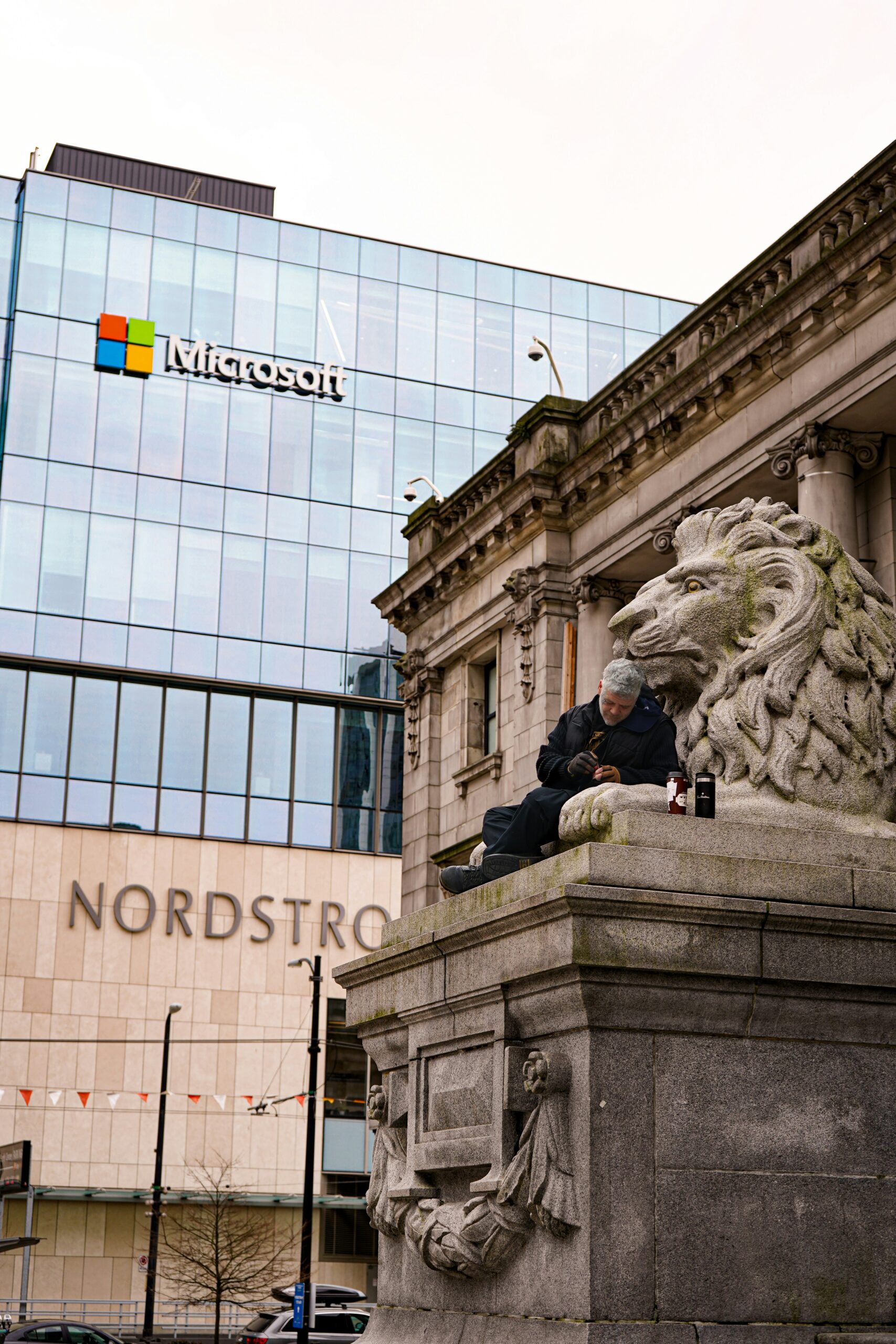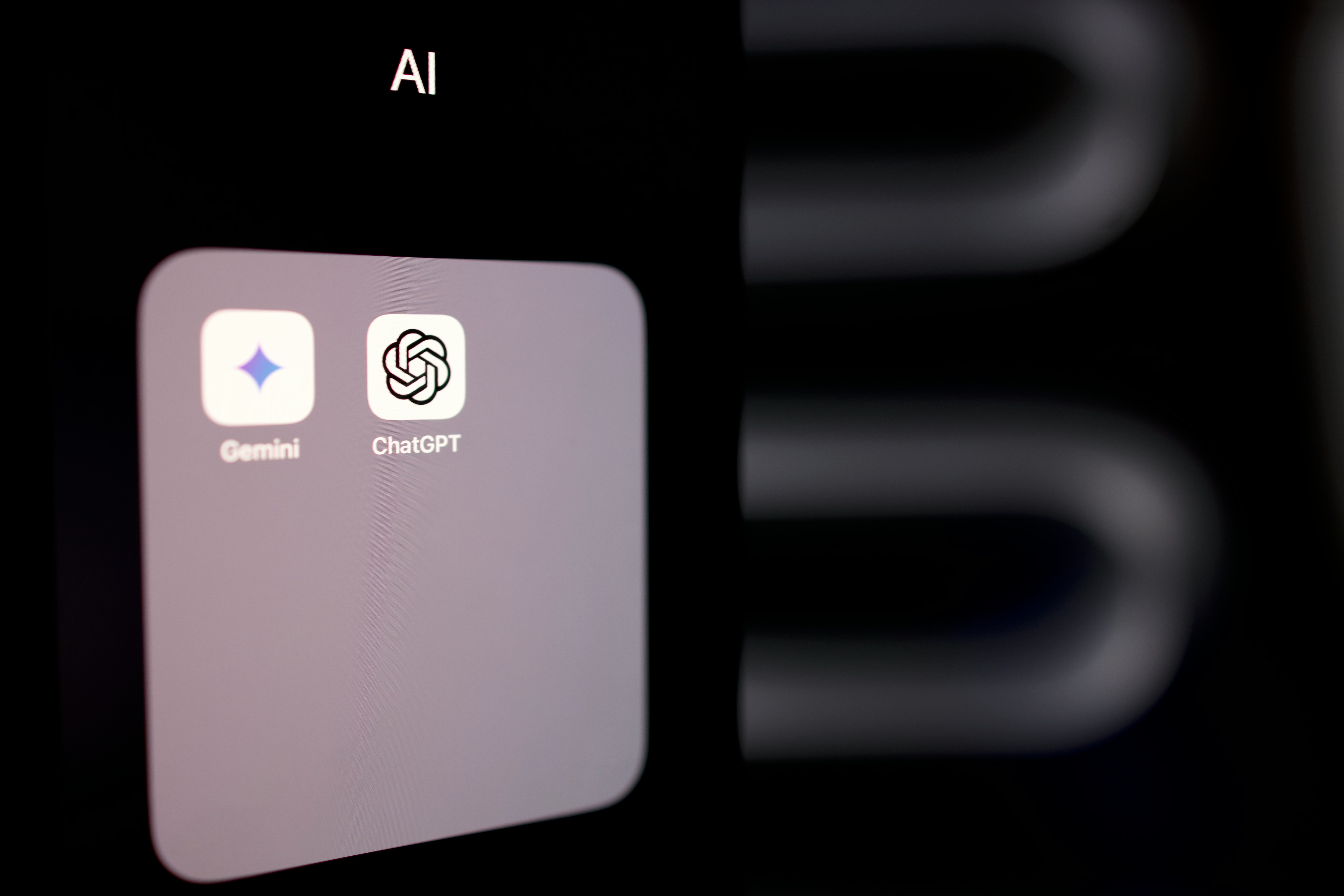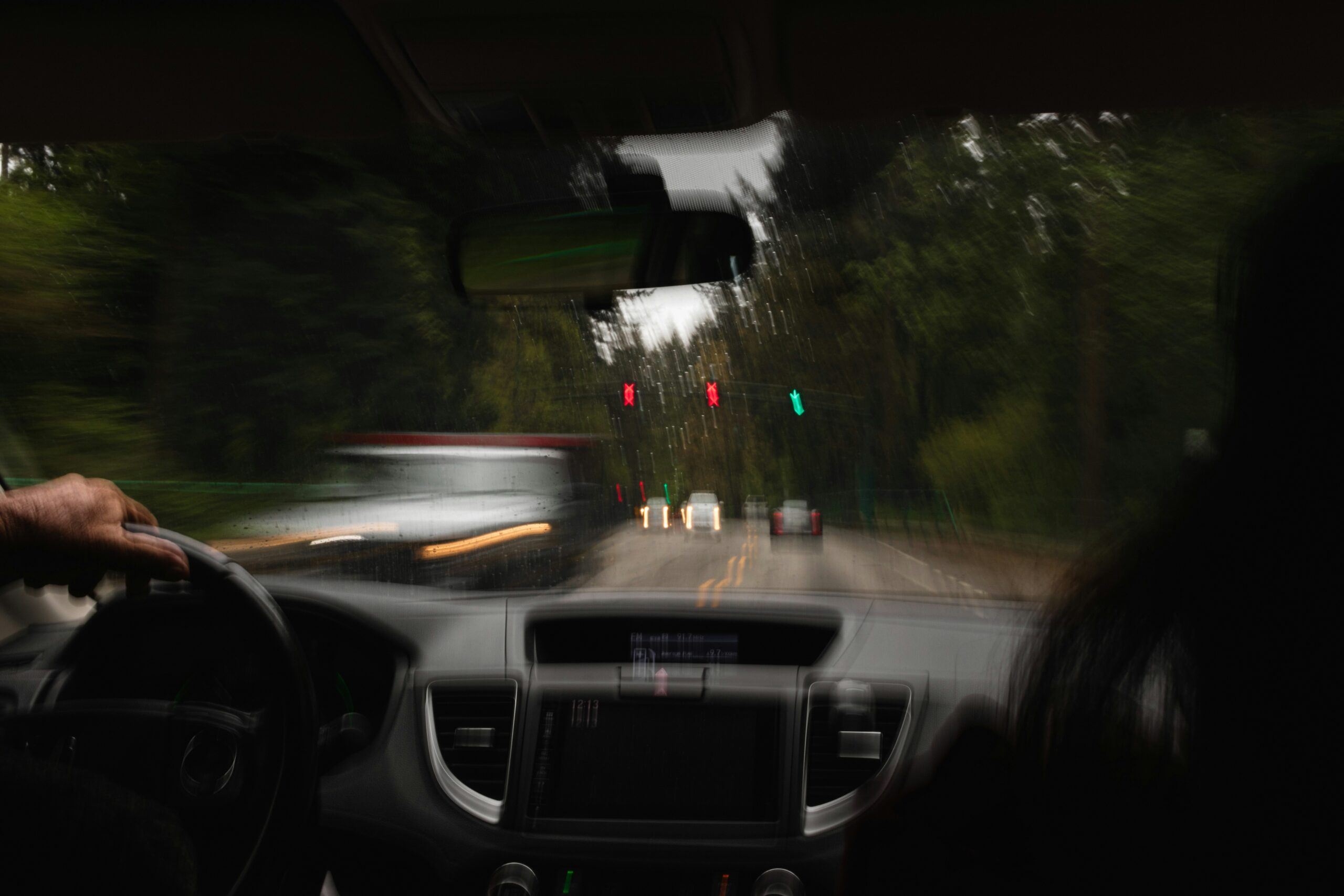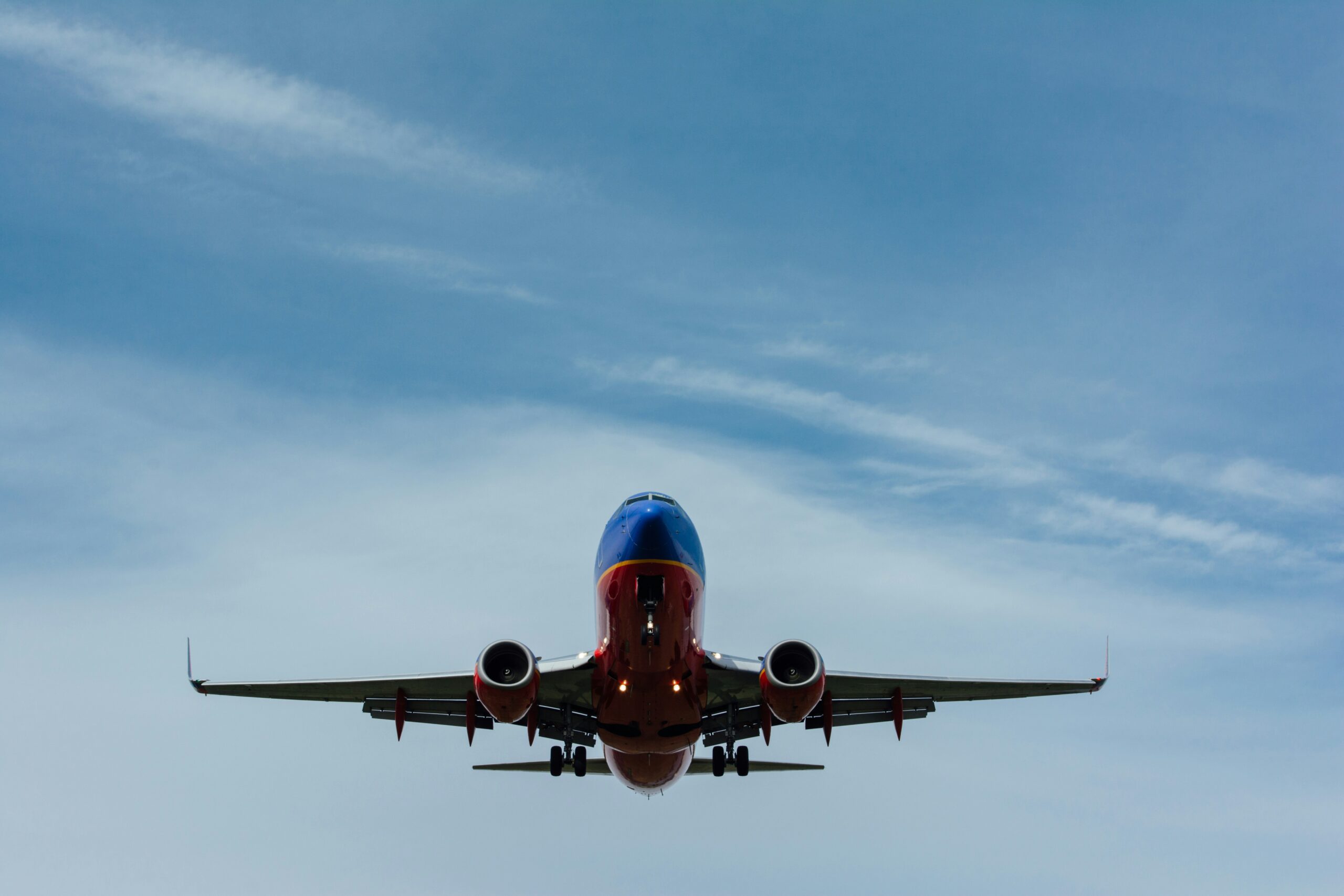Image credit: Unsplash
On August 12th, Judge William H. Orrick of California dismissed a number of artists’ claims against developers of AI image generators, though he allowed the central complaint of copyright infringement to hold. The case has been closely followed, as concerns amongst artists that their work is being stolen to build machine learning models continue to grow, and AI companies establish themselves in the digital landscape.
Orrick Dismisses DMCA Claims
In the United States District Court of California, the appeals from Stability AI, Midjourney, DeviantArt, and recent defendant Runway AI were granted insofar as dismissing accusations that their technology violated the Digital Millennium Copyright Act. The technology used by each company is Stability AI’s Stable Diffusion text-to-image software.
The act was initially invoked due to its intention of protecting internet users from online theft, as the accusation was that the AI platforms profited unfairly from artists’ work and, in some cases, violated assumptions that parties would act in good faith regarding contracts. In doing so, the Digital Millennium Copyright Act is seemingly no longer applicable to the case.
Origins of the Case
Orrick also dismissed allegations of a similar nature brought by artists Sarah Andersen, Karla Ortiz, and Kelly McKernan against Midjourney and DeviantArt last year. However, He allowed them to file an amended complaint against the AI companies.
He wrote the following in response to his judgment: “Even Stability recognizes that determination of the truth of these allegations—whether copying in violation of the Copyright Act occurred in the context of training Stable Diffusion or occurs when Stable Diffusion is run—cannot be resolved at this juncture.”
The Matter at Hand
The artists involved in last year’s case, Andersen, Ortiz, and McKernan, filed their complaint in January 2023. They accused Stability AI of taking over 5 billion online images in addition to their own artistic works to train their data set. Only by using these images is their AI model capable of generating its “own” images. Their argument was that the models were producing derivative works because the models were trained in their art. They brought their amended complaint in November 2023.
AI Companies Appeal
The AI companies involved in the case, Stability AI, Midjourney, DeviantArt, and Runway AI, attempted a dismissal of related trademark-law claims. They argued that the artists failed to validate their claim of DMCA violation and that, therefore, the images fell under fair use, a doctrine that allows the use of copyrighted materials without direct permission.
“The evidence of their registration of newly identified copyrighted works is insufficient,” claimed Midjourney. “[The works were] identified as being both copyrighted and included in the LAION datasets used to train the AI products are compilations.”
Fortunately for these artists and the future of a decision regarding the Copyright Act, Orrick provided the following written statement: “The Copyright Act claims survive against Midjourney and the other defendants. Plaintiffs have plausible allegations showing why they believe their works were included… And plaintiffs plausibly allege that the Midjourney product produces images—when their own names are used as prompts—are similar to plaintiffs’ artistic works.”
An Uncertain Future for Artists and AI
It remains to be seen what the outcome of the case will be, but onlookers are taking it very seriously. Due to AI’s recency, there is little to no case law to govern the relationship between how AI works and intellectual property laws already in place. Whatever decision is reached will likely play a major role in finalizing AI’s place in copyright law. Should the artists succeed, it will set image generation software back significantly, as they will have to work with content creators to secure the right to train their models on a given artist’s property.


